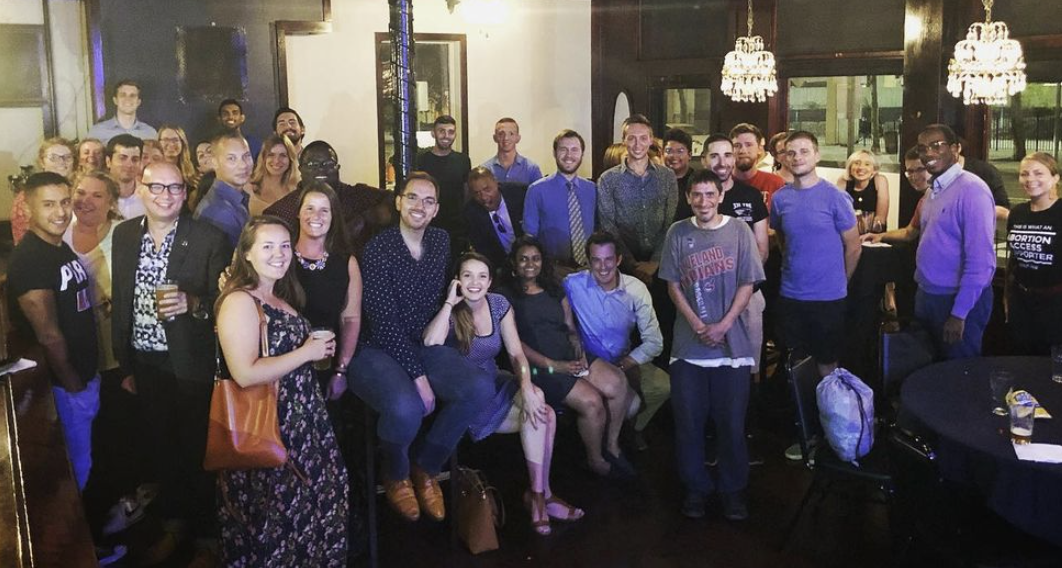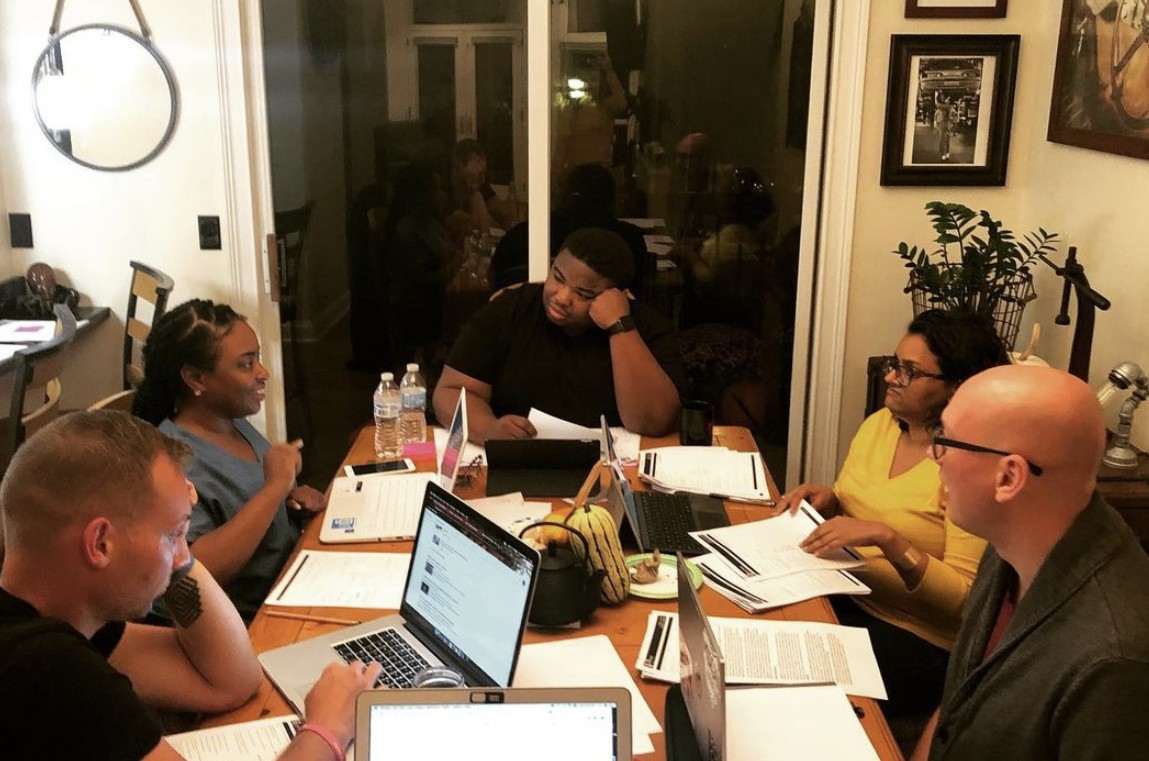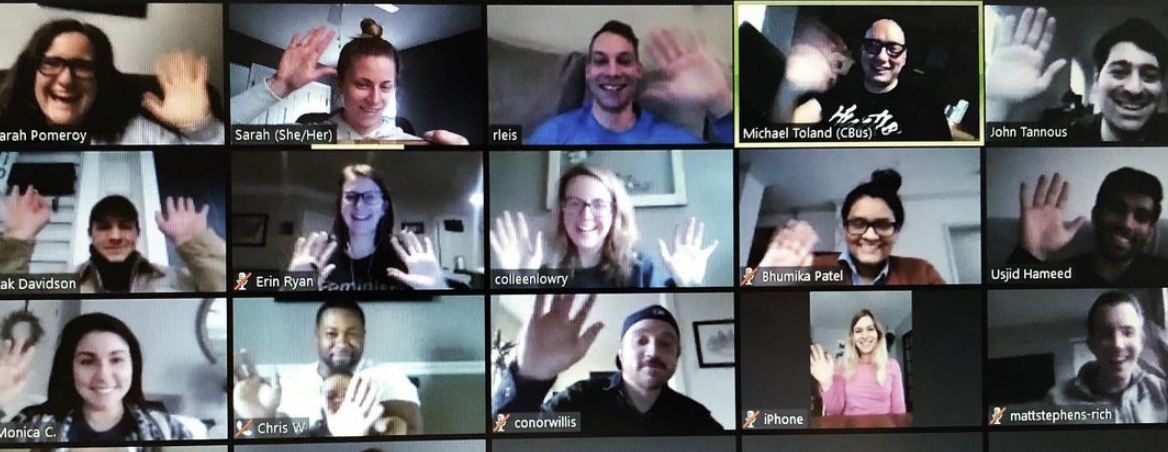At New Leaders Council, we know that leadership often runs deep through families, and this Women’s History Month, we’re celebrating…
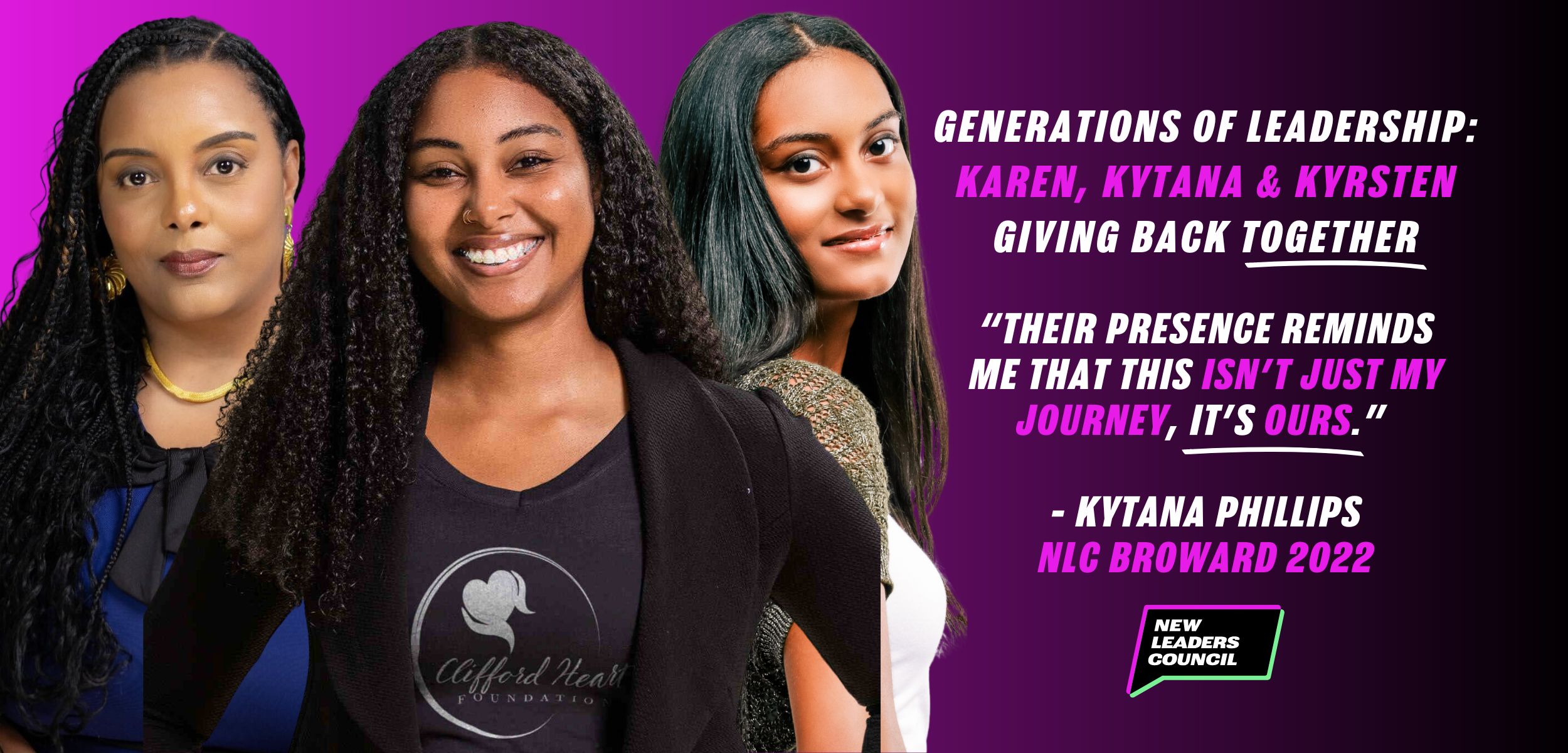
March 31, 2025
At New Leaders Council, we know that leadership often runs deep through families, and this Women’s History Month, we’re celebrating a story that brings that truth to life. Karen Pandy Cherry, Acting President and CEO of NLC and a 2016 NLC Broward alum, joined her daughters Kytana Phillips (NLC Broward 2022) and Kyrsten Phillips (NLC Tulsa 2025 Fellow) in service this month at a community event hosted by the Clifford Heart Foundation, an organization Kytana founded to honor her grandfather, Frank Clifford. The event brought together generations of leadership, love, and purpose in action. We asked Karen, Kytana, and Kyrsten to reflect on what it meant to serve together, carry on a family legacy, and lead with heart.
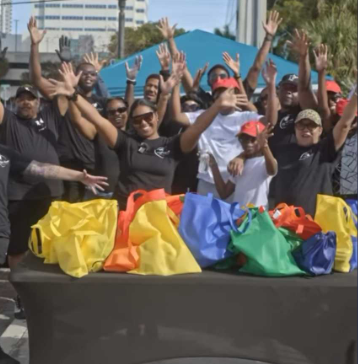
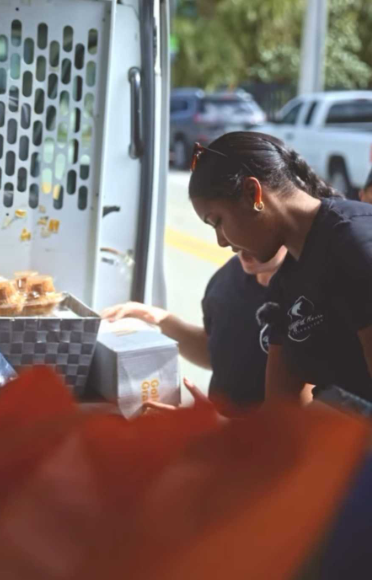
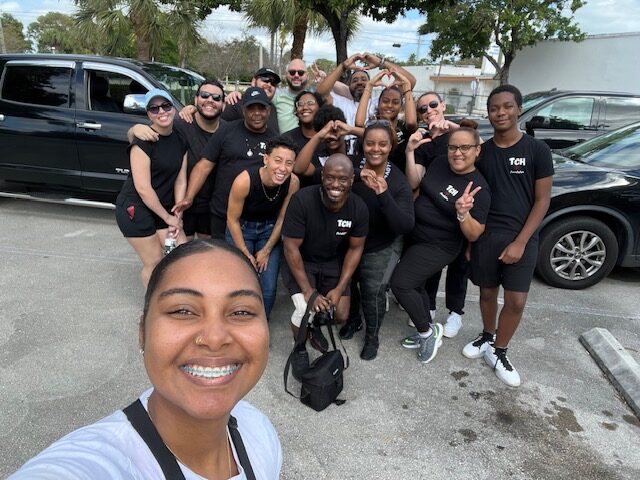
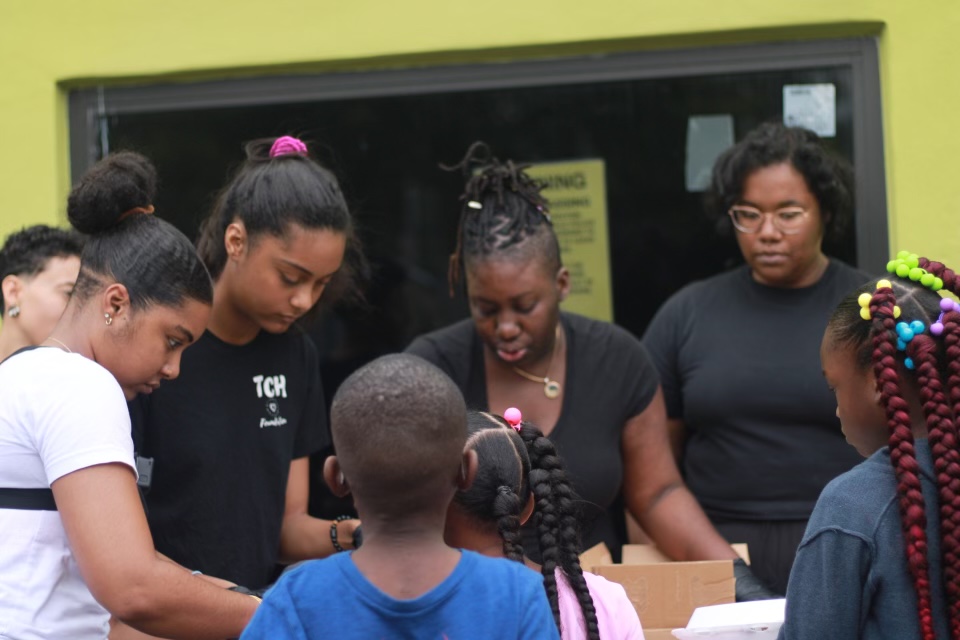
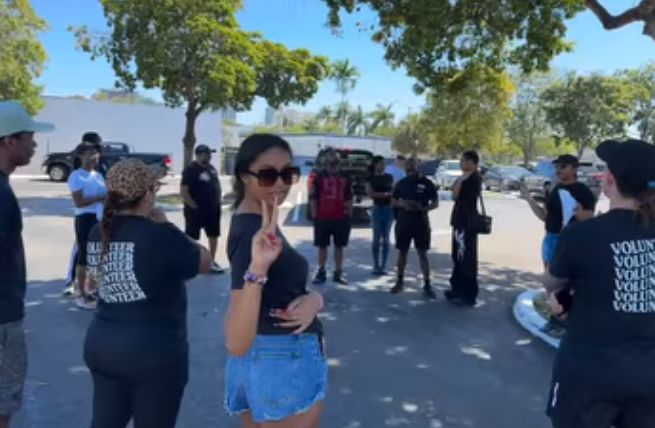
Karen, as a leader of New Leaders Council and a mother, what does it mean to see Kytana leading the Clifford Heart Foundation and Kyrsten volunteering alongside her?
Seeing Kytana leading The Clifford Heart Foundation and Kyrsten volunteering alongside her is the greatest joy of my life. Our family experienced homelessness twice in the last 15 years while my daughters were growing up, so it fills me with pride to see them embracing the values of service, leadership, and community care in such a meaningful way. They have expanded our family’s mission of telling our own stories and are living it out loud. It’s a powerful reminder that the work we do—whether in our careers or in our personal lives—leaves an imprint on those around us. Seeing them take initiative, build something impactful, and give selflessly to others assures me that the next generation of changemakers is already here, stepping into their power with courage and compassion.
As the CEO of New Leaders Council, I see this same commitment to service and leadership reflected in our Fellows and alumni every day. At NLC, we believe in training and equipping proximate leaders—people who have lived the challenges they seek to solve—to create lasting, systemic change. Watching my daughters lead and serve their community is a personal testament to the power of this work. It reaffirms my belief that when we invest in leadership, we create a ripple effect that extends across generations, shaping a future rooted in equity, justice, and collective care.
Karen, the Clifford Heart Foundation honors your father’s legacy. How does it feel to see your daughter carrying forward this mission?
My father, Frank Clifford Pandy, was an incredible man who showed immense love for everyone around him, especially his family. His life’s work was centered around sharing God’s love and giving selflessly to others. His legacy was defined by integrity, generosity, and an unwavering commitment to community. Watching Kytana carry forward his mission is both humbling and inspiring. She’s not just preserving his legacy—she’s expanding it in her own unique way, blending his values with her own passion and vision for change. To see her use her voice and leadership to uplift others in the same way he did, yet in her own distinctive style, is a profound reminder of the lasting impact one life can have. It fills me with pride, knowing that his spirit lives on through her and the work she continues to do.
Karen, how has your own leadership journey influenced the way you’ve raised and guided your daughters in their own paths?
My leadership journey has been deeply intertwined with the way I’ve raised Kytana and Kyrsten. They are both spirited and unique in so many ways—different in their approaches, passions, and personalities—but alike in the way they deeply care about people.
For me, leadership has never been about power or position; it’s about service, integrity, and showing up fully in your purpose. That’s the foundation I’ve built for them. They’ve seen me navigate challenges, advocate for others, and create spaces where people feel valued and empowered. More importantly, they’ve witnessed the sacrifices and resilience it takes to lead with authenticity.
I’ve always encouraged them to trust their instincts, use their voices boldly, and never shy away from the responsibility of making a difference. Now, as I watch them step into leadership in their own ways—whether through mentorship, advocacy, or simply how they show up for others—I see the impact of those lessons. They lead with heart, purpose, and an unshakable commitment to their communities, and that makes me incredibly proud.
This event happened during Women’s History Month. Karen, what does it mean to you to be part of a multigenerational moment of service and leadership?
Women are so powerful! We make the world go round, and being part of this multigenerational moment of service and leadership during Women’s History Month really hits home for me. It’s a reminder of the incredible things women can accomplish when we come together. There’s something deeply meaningful about standing side by side with my daughters, Kytana and Kyrsten, and women of all ages, pouring love and care into our community.
For me, it’s a reflection of the strength, resilience, and compassion women bring every single day. This event wasn’t just about providing food or supplies—it was about uplifting each other, creating real connection, and showing that when women lead with heart, we can spark real change. And honestly, the best part? We’re just getting started! I’m so proud of what we’ve done together, and I can’t wait to see what’s next.
Kytana, you founded the Clifford Heart Foundation in honor of your grandfather. What inspired you to turn his legacy into a movement?
My grandfather, Frank Clifford, was a man of quiet but powerful impact. He ran his business with generosity, often giving to those in need without hesitation. He believed that his purpose on Earth was to love people the way Jesus did, without limits. His example shaped my understanding of service. The Clifford Heart Foundation is my way of continuing his legacy, not just as a tribute but as a movement that embodies his values by helping families in need, creating opportunities for others, and making generosity a way of life.
Kytana, your mother and sister both volunteered at this event. How does it feel to have them standing alongside you in this work?
It means everything. Family has always been at the heart of what I do, my mom and sister not only supporting me with words, but action makes this work even more meaningful. My grandfather’s spirit of giving didn’t just influence me, it’s something that has shaped our entire family. When we come together to help others, it’s not just an event; it’s a shared mission, a reflection of the love and values he instilled in us. Their presence reminds me that this isn’t just my journey, it’s ours!
Kytana, how has your experience with NLC influenced your approach to leadership and community impact?
One of the most motivating parts of NLC has been seeing like-minded people take action, turning their passions into real change. Being surrounded by individuals who are not just dreaming but actively building something meaningful pushes me to stay committed to my own vision. Beyond that, the six-month fellowship is a deep dive into learning about yourself. NLC forces you to reflect on who you are, what you stand for, and how you show up as a leader. Knowing yourself is a huge part of being successful in life and being a good leader.
Kytana, what challenges have you faced in building this foundation, and how have your family and NLC connections helped you navigate them?
Starting a foundation has been soul-filling, but of course it comes with its challenges. Securing funding, building awareness, and ensuring that we’re reaching those who truly need support are all difficult aspects. Thankfully, my family offers constant encouragement and NLC has provided a network of leaders who share insights, resources, and strategies to help navigate obstacles.
Kytana, what’s your vision for the future of the Clifford Heart Foundation?
I see the Clifford Heart Foundation growing into a lasting force for good. A big part of my vision is establishing a facility that provides complete wraparound services for families in need. This space would offer everything from job training and financial literacy workshops to mental health support and childcare, creating a true foundation for long-term stability. I want to make sure low-income families have access to the tools and resources they need to break cycles of hardship and build better futures. I also envision deepening our impact in Belize, reconnecting with my roots by supporting communities there in meaningful ways.
Kyrsten, as a current NLC fellow, how has your family’s legacy of service shaped your leadership journey?
Growing up in an environment where empathy and service were prioritized fostered in me a strong sense of responsibility to fight for others, especially when they are unable to do so for themselves. Whether through volunteer work or professional roles, I’ve always been drawn to opportunities that create meaningful impact and I thank my family for that. My approach to leadership has been one rooted in giving, action, and a commitment to enacting change in the communities I serve.
Kyrsten, what inspired you to volunteer for this event?
Honestly, I’ve been helping my sister with her events since the very beginning. We are a family that does life together, and it is very important to us that we support each other to the fullest. If my sister decided that her next step would be to dig a man-made ocean, I’d buy a shovel and be ready within the next hour. It truly is an honor to have been a part of all that she’s done, and I love being able to see where she’s started, where she’s at now, and where she plans to go.
Kyrsten, seeing both your mother and sister involved in leadership and community work, how has that influenced your own aspirations?
Seeing both my mother and sister involved in leadership and community work has been such a privilege and is so inspiring. Their selfless dedication to service has shown me that showing up for others with intention and purpose is one of the most rewarding things you can do. Watching them has given me the belief that leadership isn’t a title or rooted in ego, it’s about action over words, being genuine, and a commitment to bettering the spaces we occupy. Their example has pushed me to seek opportunities where I can contribute meaningfully, through advocacy, operational support, and fostering connections that drive positive change.
Kyrsten, what does Women’s History Month mean to you, especially in the context of working alongside your family for a cause?
Women’s history month means so much to me. This month makes me reflect and celebrate all that women have done and what we are still doing and working towards. I’m constantly surrounded by strong women who have raised me and to some extent I feel still are. From my mother, to my sister, my boss, and random strangers I admire on the street. We all share something and it serves as a reminder that our resiliency and our contributions, big and small, are part of a larger legacy of change-makers paving the way for future generations to run where we walked.
Kyrsten, what’s one lesson you’ve learned from this experience that you’ll carry forward in your leadership journey?
Growing up in an environment where empathy and service were prioritized fostered in me a strong sense of responsibility to fight for others, especially when they are unable to do so for themselves. Whether through volunteer work or professional roles, I’ve always been drawn to opportunities that create meaningful impact and I thank my family for that. My approach to leadership has been one rooted in giving, action, and a commitment to enacting change in the communities I serve.
From honoring the values of a beloved grandfather to building a multigenerational movement rooted in service, Karen, Kytana, and Kyrsten are showing us what happens when leadership is lived, not just taught. Their story is a reminder that the work of changemaking does not just happen in boardrooms or fellowships. It starts at home, shows up in our communities, and is passed down with purpose. As we celebrate Women’s History Month, we honor families like theirs who embody the NLC spirit: resilient, relational, and ready to lead together.
More Blog Posts from NLC
Black History, Black Future: Jamarr Brown
Jamarr Brown’s (NLC Atlanta 2011) leadership journey is a testament to the transformative power of advocacy and community mobilization. From…
Black History, Black Future: Kamilia Landrum
Black leadership is about legacy, resilience, and the ability to create lasting change. Few embody this as powerfully as Kamilia…
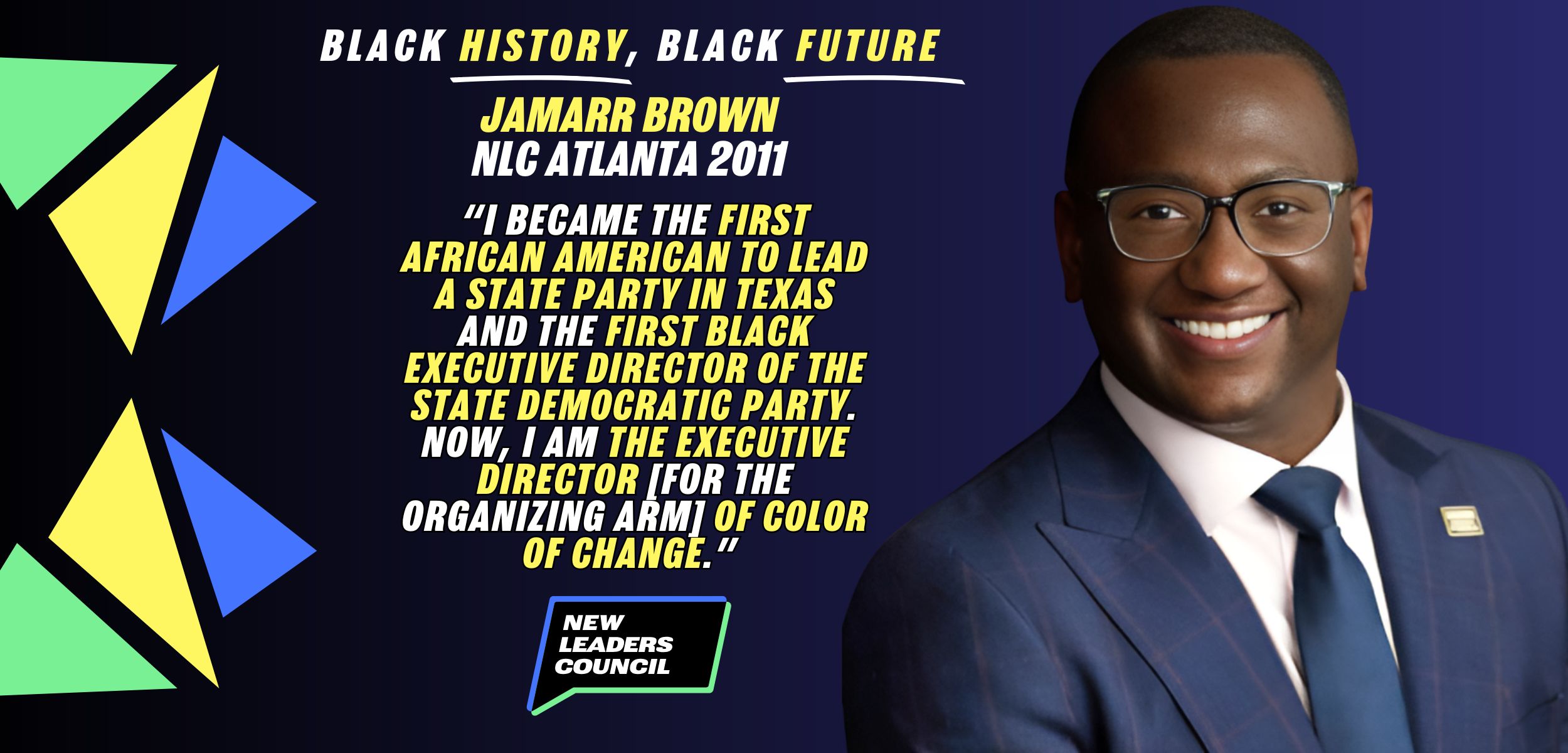
February 28, 2025
Jamarr Brown’s (NLC Atlanta 2011) leadership journey is a testament to the transformative power of advocacy and community mobilization. From his early beginnings as a 15-year-old confronting the challenges of healthcare inequity, to becoming the first African American Executive Director of the Texas State Democratic Party, Jamarr has continuously championed justice and equity. Now, as the Executive Director of Color Of Change’s Political Action Committee (PAC), he leads the charge in holding elected officials accountable and advancing systemic change.
In this installment of Black History, Black Future, Jamarr shares how his experiences shaped his vision for Black leadership and his commitment to building a more just and equitable future. His story illustrates the power of legacy and the impact of paving the way for generations to come.
Can you share your leadership journey? What inspired you to step into this work?
My journey started when I was in high school. My first advocacy experience came when I was 15 years old and my mom was diagnosed with stage one breast cancer. We were a middle class family and my parents made ends meet, but I remember my mom going to the doctor and screaming in the car because her bill was so high. Seeing the stress of my parents trying to figure out how they were going to be able to afford to pay everything drove me to go online, find the information for the governor at the time, Fritz Hollings, and write to his office. When he wrote me back and told me he was going to look out for my mom, I started to experience the power of advocacy.
From there, I went on to work on my first campaign, when my grandmother ran for school board. Then, in college, I became the president of my NAACP chapter, became president of the Student Senate, interned for both for the Congressional Black Caucus and the Democratic National Committee, and worked on campaigns in my local community. I ran a city council race in my senior year of college, and we won that race by seven votes. I went into college desiring to be a lawyer, but after these experiences I realized politics was my calling. Even after taking a short break from politics after college, I couldn’t stay away too long!
Eventually, I worked my way through the ranks at several progressive organizations and campaigns including Progressive Majority, Planned Parenthood, re:Power, and campaigns for Wendy Davis and Tom Steyer, doing everything from helping state coalitions recruit progressive candidates for local office, to organizing for reproductive justice, to training people around the country about campaigns and community organizing. Eventually, I made my way to the Texas State Democratic Party, where I became the first African American to lead a state party in Texas and the first Black Executive Director of the state Democratic Party. That role put me into a different level of leadership, overseeing everything from fundraising to engaging with the press to engaging with grassroots activists and building infrastructure. We added a voter protection wing, flipped several legislative seats that moved us closer to a majority, won several county seats, and sent two people of color to Congress, U.S. Rep. Greg Casar and U.S. Rep. Jasmine Crockett.
Now, I am the Executive Director for Color Of Change’s Political Action Committee (PAC), leading our work around ensuring that we’re building justice in communities and holding elected officials accountable. We’ve focused heavily on prosecutors, who are the first seat of justice for any person who is having to experience the criminal justice system. It’s important that we hold prosecutors accountable to how they charge and treat individuals, whether that be looking at sentencing recommendations or diversion programs.
Outside of my professional leadership journey, I’ve been able to serve on various boards for organizations. In Austin, I was a board chair for a New Leaders Council and served on the U.S. Black Chamber of Commerce board. Now, I’m the board chair of an organization called Provide Inc.
Throughout my journey, I’ve been able to do a lot of things that move people to action in a meaningful way, achieving real results that people can see and feel in their own lives and in their community. And though I never saw myself getting into politics, I’ve learned that politics can be a means to saving and protecting lives while building the future that we want and we deserve.
What does Black leadership mean to you in today’s social and political landscape?
What’s clear for me about Black leadership is that we’re going to have to show up in a new and a different way. Right now, there is a clear whitewashing happening in the country. We also see a very clear roll back of civil rights so that certain people can have unilateral control, not just of the government, but of all of our institutions. We’re seeing this rollback of all the work that people like my grandmother and my great grandparents did to make sure that Black people can do things like go to college, be treated fairly in the workplace, and access health care.
We’re going to have to employ different tactics that require us to dig deeper and do more civic engagement and organizing work on the local level, not just against harmful federal government policies, but also to mitigate harm to Black communities. It’s going to take Black leaders to make this happen, alongside the community. We are creative, we’re resilient, and when black people win, we all win. Black leaders must step up and show up in the midst of these very turbulent political times.
How can young leaders—especially those from historically marginalized communities—use their voices to create impact?
There are four main ways that young leaders can use their voices to create impact. First, make sure that you show up, and make sure you’re showing up in spaces beyond your day-to-day. It’s not just about showing up in the classroom or showing up at work in the workplace, it’s also about making your presence felt within broader institutions. You can learn a lot about civic engagement by going to the local school board, city council or county commission. A lot of times when we think about long term change, we think about national issues on the largest scale, but people underestimate the power in these local spaces to comment, ask questions, and be seen and heard.
Second, it’s important to make sure that you’re building relationships with people who are like-minded. You can find that potentially on your college campus, looking for groups that are tailored toward Black communities or other historically marginalized groups. Third, look at internships and fellowships to get the practical experience around what it means to organize and to advocate. Lastly, understand that the currency of politics is your relationships. The relationships that you can build with people by meeting, sharing, and building community are vitally important to creating impact.
What are some lessons you’ve learned about mobilizing communities and inspiring change?
What I’ve learned, particularly about mobilizing communities, is at the end of the day, the strategy has to center that community. You can’t come into the community and tell them what to do. I can come and meet them where they are and offer strategies and ideas, but the community has to be in ownership of the change they want. Additionally, something we in the movement need to do a better job with is storytelling and narrative. I’ve learned that we shape policy by including the stories and lived experiences of people who are most impacted.
For example, if we are talking about reforming a transit system in a city, how are we lifting up the voices of those who are historically marginalized to talk about the need for that transit? By connecting with the community directly, we may learn that transit access doesn’t just mean convenience, it’s really the lifeline for getting to school, getting a job, going to the doctor, and just being able to have a good quality of life. It’s really important that we cultivate the voices of historically marginalized communities through storytelling and narrative strategy.
How did your experience with New Leaders Council shape your leadership and career path?
NLC was essential to shaping my career path. I trained other chapters and new fellows that came behind me, and served as the board chair for the New Leaders Austin chapter, which I helped create. For me, NLC is like an incubator. It allows you to come in at wherever you are in your leadership journey and grow. I walked away really learning how to be a leader of an organization.
Are there any specific lessons or moments from NLC that still influence your work today?
At my very first NLC session almost 15 years ago, I learned the principle that you hold your values to be true. For me, those values are respect, dignity, integrity and compassion, and I learned that it’s my responsibility to embody those values at all times. The NLC network has kept me accountable to those values and to how I show up in various spaces.
Jamarr’s journey is a powerful reminder that leadership is born from resilience, purpose, and a commitment to community. Through his impactful roles, from grassroots organizing to national leadership, he has not only shaped policy but also inspired a generation of changemakers.
His experiences with New Leaders Council laid the foundation for his values-driven leadership, proving that integrity, dignity, and compassion are essential for meaningful change. As he continues to pave the way for Black leaders and advocate for justice, Jamarr’s legacy is one of courage, vision, and transformative impact, ensuring a future where communities are empowered and equity prevails.
More Blog Posts from NLC
Generations of Leadership: Karen, Kytana & Kyrsten Giving Back Together
At New Leaders Council, we know that leadership often runs deep through families, and this Women’s History Month, we’re celebrating…
Black History, Black Future: Jamarr Brown
Jamarr Brown’s (NLC Atlanta 2011) leadership journey is a testament to the transformative power of advocacy and community mobilization. From…
Black History, Black Future: Kamilia Landrum
Black leadership is about legacy, resilience, and the ability to create lasting change. Few embody this as powerfully as Kamilia…
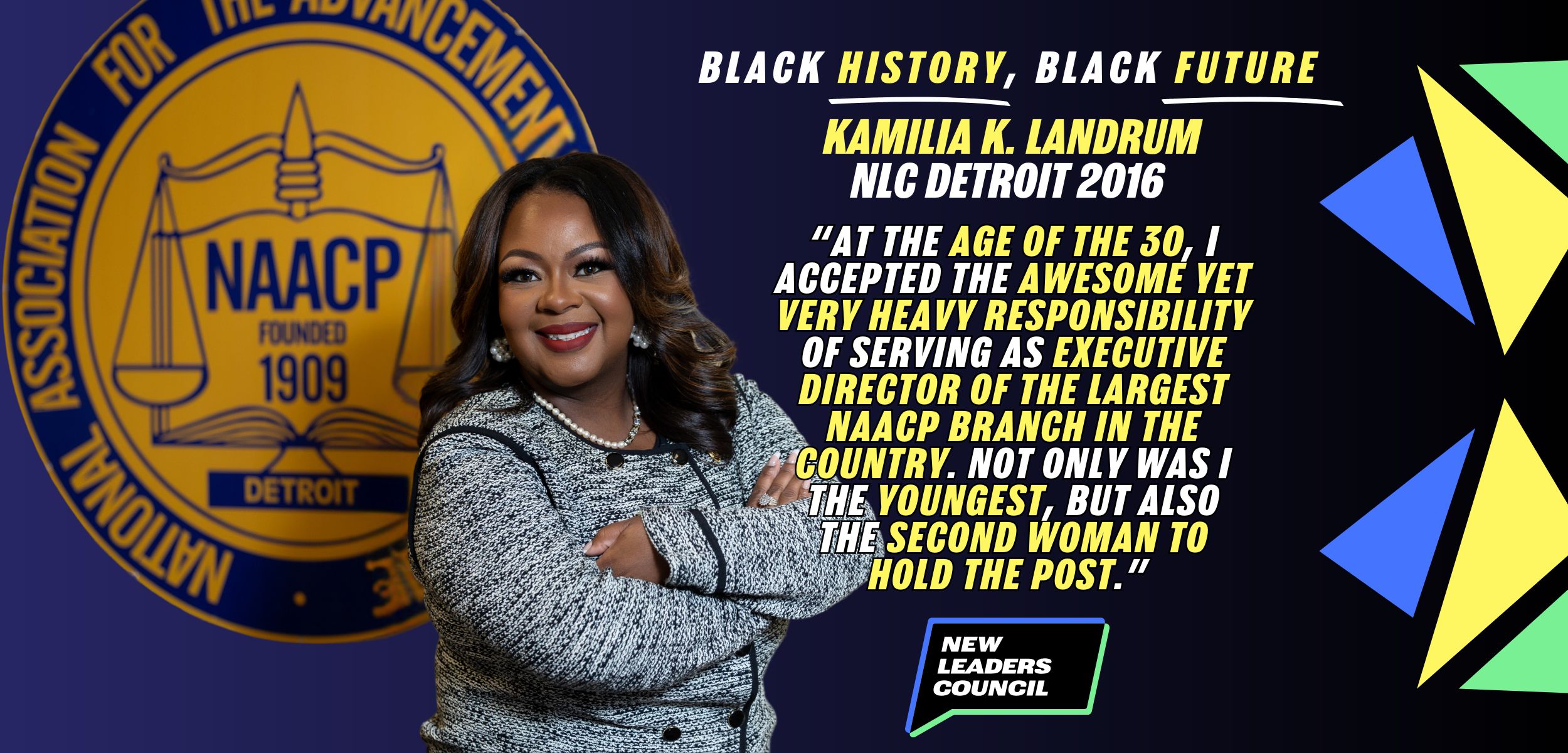
February 27, 2025
Black leadership is about legacy, resilience, and the ability to create lasting change. Few embody this as powerfully as Kamilia K. Landrum, the youngest and only the second woman to serve as Executive Director of the Detroit Branch NAACP, the largest NAACP branch in the nation. With deep roots in Detroit’s civil rights community, Kamilia has been a champion for civic engagement, voter rights, and social justice, ensuring that the NAACP remains a force for progress.
Her leadership journey began long before she stepped into this historic role. From Florida A&M University (FAMU) to her work at the helm of Detroit’s civic movement, Kamilia has demonstrated the power of perseverance and strategic leadership. A 2016 New Leaders Council (NLC) Detroit alum, she continues to mentor and uplift emerging leaders, emphasizing the importance of timing, sacrifice, and persistence in leadership. In this conversation, Kamilia shares her journey, lessons learned, and how she’s shaping the future of Black leadership.
You are the youngest person to serve as Executive Director of the Detroit Branch NAACP. What does that milestone mean to you personally and for the future of Black leadership?
At the age of the 30, I accepted the awesome yet very heavy responsibility of serving as Executive Director of the largest NAACP Branch in the country. Not only was I the youngest, but also the second woman to hold the post. While I grew up in the Branch as President of the Detroit NAACP Youth Council, I always thought becoming the Executive Director would be the “final promotion” of my career and not the “kick-off” of my leadership lessons in action.
In a world where many people are constantly changing jobs and figuring out their passions, I was blessed to have a different journey that allowed me to grow right where my roots were planted. This major leadership move by such a large organization proved that Black leaders can pass the baton to the next generation, and that millennials and younger generations can hold the mantle of organizations that have endured the test of time for over 100 years.
You’ve been involved in leadership roles since your time at Florida A&M University (FAMU). How did those early experiences prepare you for the work you do today?
While at FAMU I served as a Student Senator where I chaired the Activity and Service Fee Budget Committee and Treasurer of the Beta Alpha Chapter of Delta Sigma Theta Sorority, Inc. Both opportunities exposed me to budgeting and fundraising at a much deeper level than I’d ever known. While at FAMU, I remember our A&S Budget going from $2.4M to $1.7M in one year and unfortunately, I had to be the face of cutting $700,000 to student organizations and employee salaries. Instead of just cutting funds, I made sure organizations received more training on outside fundraising opportunities and education on how the budget process worked.
Now, as I look back, I see myself on both sides of the table. Anyone in the non-profit space knows that raising money can be very difficult, so managing your money is extremely important. During my six years as the Executive Director, I’m grateful to say we’ve been able to keep our doors open through the pandemic and its aftermath, expand our team, and strengthen our much needed work in the community.
Civic engagement is one of the Detroit NAACP’s key focus areas. How do you work to increase voter participation and community involvement?
The Detroit NAACP has always been committed to civic engagement, but for the past 30 years we’ve led our Take Your Soles to the Polls Campaign with the pillars of registration, education, mobilization and protection standing strong in our messaging and activities. The phrase itself, “Take Your Soles to the Polls” was born out of the Detroit NAACP by our President Rev. Dr. Wendell Anthony, and is now used all over the nation in almost every voter education campaign in existence.
We’ve learned that to keep the community involved, you have to talk to the community. There’s evidence that the more you talk to people about the importance of voting the more people will vote. Through door knocking, canvassing, phone banking, social media, and community events, we make sure that voters’ questions can be answered and their voices can be heard.
What is one civic engagement success story that stands out in your career?
I’m really proud of our support and leadership in expanding voting rights in Michigan through Promote the Vote. Starting in 2018, Michigan took the ballot initiative approach to make changes to our constitution to ensure every Michigander had equal access to the ballot box and allow more voters the opportunity to participate in elections. That work led to same-day voter registration, ballot drop boxes in neighborhoods, changes to military voting procedures, no-reason absentee voting, and now early voting. In the past few years we’ve seen more voters participating in elections than ever before and we know that stems from some of the suppression barriers being removed from the system.
What were some of the most valuable lessons or takeaways from your time with NLC?
NLC reminded me of the importance of perfect timing and that what is meant for you will happen for you (when it’s supposed to happen). I applied to be a member of the 2015 founding class and was denied admittance. I know, right? Just kidding. But for real, I just knew that I was in. But no. Bruised ego and all I applied again the following year and this time the opportunity was mine.
Not only did I appreciate it more because I had to work harder for it, “my people” that are now life-long friends were in that class, community leaders that I work to solve real problems with were in that class, and the timing of the leadership lessons learned were far more applicable to the ladder I was climbing. The reminder of “delayed, but not denied” and “no just means not right now” proved to be true, and I believe that every person needs to know that perfect timing does exist. While you may not experience it every day, when you are able to do so, it’s priceless.
How do NLC’s values—like equity, anti-oppression, and progress—align with your work at the NAACP?
The NAACP’s mission and vision are centered on eradicating racism and discrimination against Black people and other persons of color. Right now, the leadership of this country is fueled by oppression and white supremacy. Many of the tactics are from old playbooks, so you need established organizations like the NAACP and newer organizations like NLC to join together and work on providing strategic solutions that will benefit their local communities.
That takes leaders. Leaders that understand sacrifice. Leaders that work without pay. Leaders that aren’t afraid to stand on the front lines in the face of adversity and leaders that aren’t afraid to lead.
Kamilia Landrum’s story is one of determination, community, and impact. From fighting for voter rights through Detroit NAACP’s Take Your Soles to the Polls campaign to leading groundbreaking efforts like Promote the Vote, her work has changed the civic landscape of Michigan. As an NLC alum, she exemplifies the core values of equity, progress, and leadership in action.
Her journey is a testament to the power of persistence—whether it’s securing voting rights, advocating for Black communities, or proving that young Black leaders can step up and carry the mantle of legacy organizations. As she continues to drive change, Kamilia reminds us that leadership isn’t just about who holds the position—it’s about who steps up to do the work.
More Blog Posts from NLC
Generations of Leadership: Karen, Kytana & Kyrsten Giving Back Together
At New Leaders Council, we know that leadership often runs deep through families, and this Women’s History Month, we’re celebrating…
Black History, Black Future: Jamarr Brown
Jamarr Brown’s (NLC Atlanta 2011) leadership journey is a testament to the transformative power of advocacy and community mobilization. From…
Black History, Black Future: Kamilia Landrum
Black leadership is about legacy, resilience, and the ability to create lasting change. Few embody this as powerfully as Kamilia…
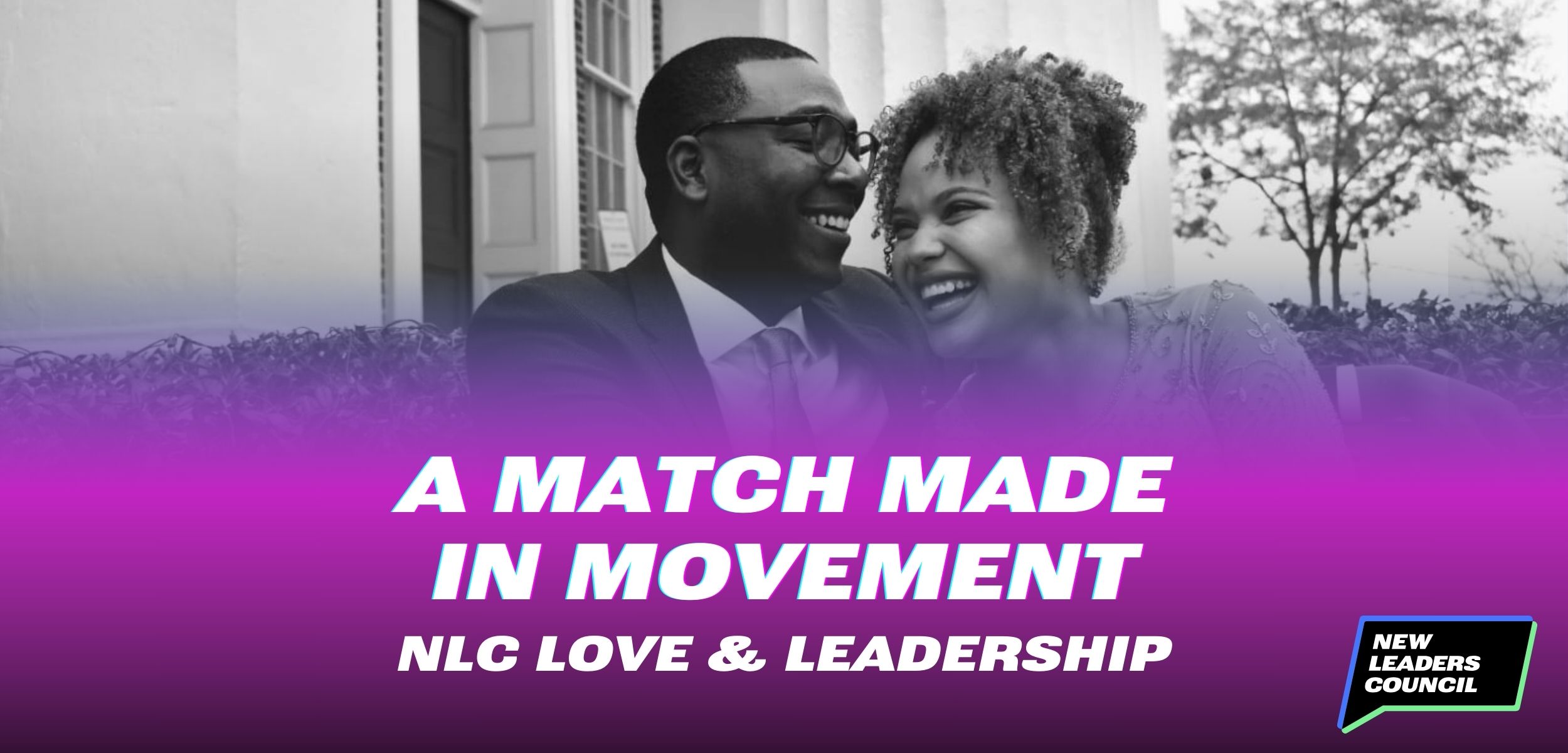
February 14, 2025
When leadership sparks more than just civic change, it can create lifelong partnerships. Clare Oumou Verbeten and Garrison McMurtrey’s story is a testament to how shared values, community commitment, and a little bit of fate can weave love into the fabric of leadership. As members of the 2017 NLC Twin Cities cohort, their connection blossomed from shared aspirations to serve into a partnership rooted in purpose. In A Match Made in Movement – NLC Love and Leadership, they reflect on how NLC not only shaped their leadership journeys but also led them to each other.
How did you both first cross paths through NLC? Was it an instant connection, or did your relationship build over time?
We met as a part of the 2017 NLC Twin Cities cohort. During our first weekend of the program, we had an activity where we had to map out what we wanted our futures to be. Clare and I both described futures of continuing to serve our community and potentially seeing ourselves do so as elected officials. From that weekend, we established a real friendship outside of the program and got to learn more about each other’s passions, hopes and dreams. Before long, it was pretty obvious that we liked each other and by the end of the program we were officially dating.
Did your shared passion for leadership and community play a role in strengthening your relationship?
Absolutely, our shared passion for leadership and community has strengthened our relationship. We’ve pretty much spent our entire relationship on the campaign trail – managing and working on campaigns, campaigning for each other as we ran for office, volunteering for candidates and causes we care about.
Leadership can be demanding. How do you balance your individual commitments while supporting each other?
Garrison: The one great thing about being with someone who is also in a similar field is that we understand what the other is going through. Regardless of that understanding, communication is still key. Both of our schedules can get very busy, but that doesn’t stop our other responsibilities, whether it’s picking up the dog or waiting for the plumber to arrive at the house. With busy and, at times, unpredictable schedules, it’s important that we keep each other up-to-date on things. We also make sure that above everything else, we prioritize each other. Knowing when to turn off the work and just be present with each other, whether that be watching one of our favorite shows or venturing out to try a new restaurant.
What’s one thing you admire most about how your partner leads?
Garrison: Clare is someone who is very passionate about her work, but what I love most about her leadership is that she’s always kind and thoughtful in her approach. She’s also great at nurturing relationships and coming to the table with solutions in mind.
Clare: Garrison is one of the kindest people I’ve ever met. He has such a calm and reassuring demeanor. He immediately puts people at ease. This is why people find it so easy to trust him.
What’s a moment when you saw each other truly shine as leaders?
Garrison: There is so much that Clare and her colleagues accomplished during her first two years in the legislature. I would say the one moment that I was so proud of her leadership was her work around aiding and abetting laws in the state. The bill she led would limit cases in which people can be convicted of aiding and abetting felony murder. At the time, the existing law said that an individual participating in a felony- level crime can be held criminally responsible for a homicide that occurs during the commission of that crime, even if they did not plan the murder or commit it themselves. This bill Clare led was also retroactive, which meant that people currently in prison could have their sentences reduced or erased, and those who have already served their time could have the convictions cleared from their record. To see her lead with compassion on this topic and help two sisters who were in this predicament be finally released, was amazing.
Clare: I have so many examples. Garrison helped elect Mitra Jalali to the Saint Paul City Council. He served as the Saint Paul Democratic-Farmer-Labor (DFL) Party Chair during the pandemic and successfully built a new, inclusive caucus and convention process from scratch. As Congresswoman Angie Craig’s District Director, I’ve seen him manage an impressive team of dedicated public servants with grace and compassion. But more than anything, I’ve been so proud to see Garrison step up to serve our community and run for office. He’s going to be an amazing County Commissioner.
Have you collaborated on any projects or initiatives together? If so, what was that experience like?
The biggest projects that we have collaborated on have been both of our campaigns for elected office. When Clare first decided to run for MN Senate, I tried to show up for her wherever she needed me. Now that I am running for County Commissioner, Clare is doing the exact same for me. We have both run campaigns before, but have now each gone through the experience as a candidate. It’s been so helpful to have each other during this process because we could provide each other with the support we needed in those moments. When Clare ran, I was able to help add perspective to strategy and take things off her plate. With my run for Commissioner, Clare has provided great insights for me on what she learned as a first time candidate and helped me not overthink things.
What’s a fun or unexpected memory from your time at NLC that still makes you laugh?
Clare: On the weekend of NLC, Garrison referred to me as “Senator Verbeten” truly speaking it into existence. He’s believed in me since Day 1 and I’m so lucky to have him as a partner in life and justice.
If you could give one piece of advice to future NLC couples, what would it be?
Garrison: Honestly, I would say if you are dating while the program is happening, take your time. I think what was really good for Clare and me were that we were able to build up a solid friendship first. Also I would say, your relationship is nobody’s business. Just focus on building a solid foundation, instead of jumping at letting everyone know you’re dating. Remember that you still have to be in the program with this person. The last thing you want is everyone in your business. 🙂
Since this interview was conducted, Garrison has been elected Ramsey County Commissioner, marking an incredible milestone in their shared journey of leadership and service. We’re grateful to Clare and Garrison for sharing their inspiring story—a testament to how love and leadership can grow side by side, creating a legacy that moves communities forward.
More Blog Posts from NLC
Generations of Leadership: Karen, Kytana & Kyrsten Giving Back Together
At New Leaders Council, we know that leadership often runs deep through families, and this Women’s History Month, we’re celebrating…
Black History, Black Future: Jamarr Brown
Jamarr Brown’s (NLC Atlanta 2011) leadership journey is a testament to the transformative power of advocacy and community mobilization. From…
Black History, Black Future: Kamilia Landrum
Black leadership is about legacy, resilience, and the ability to create lasting change. Few embody this as powerfully as Kamilia…
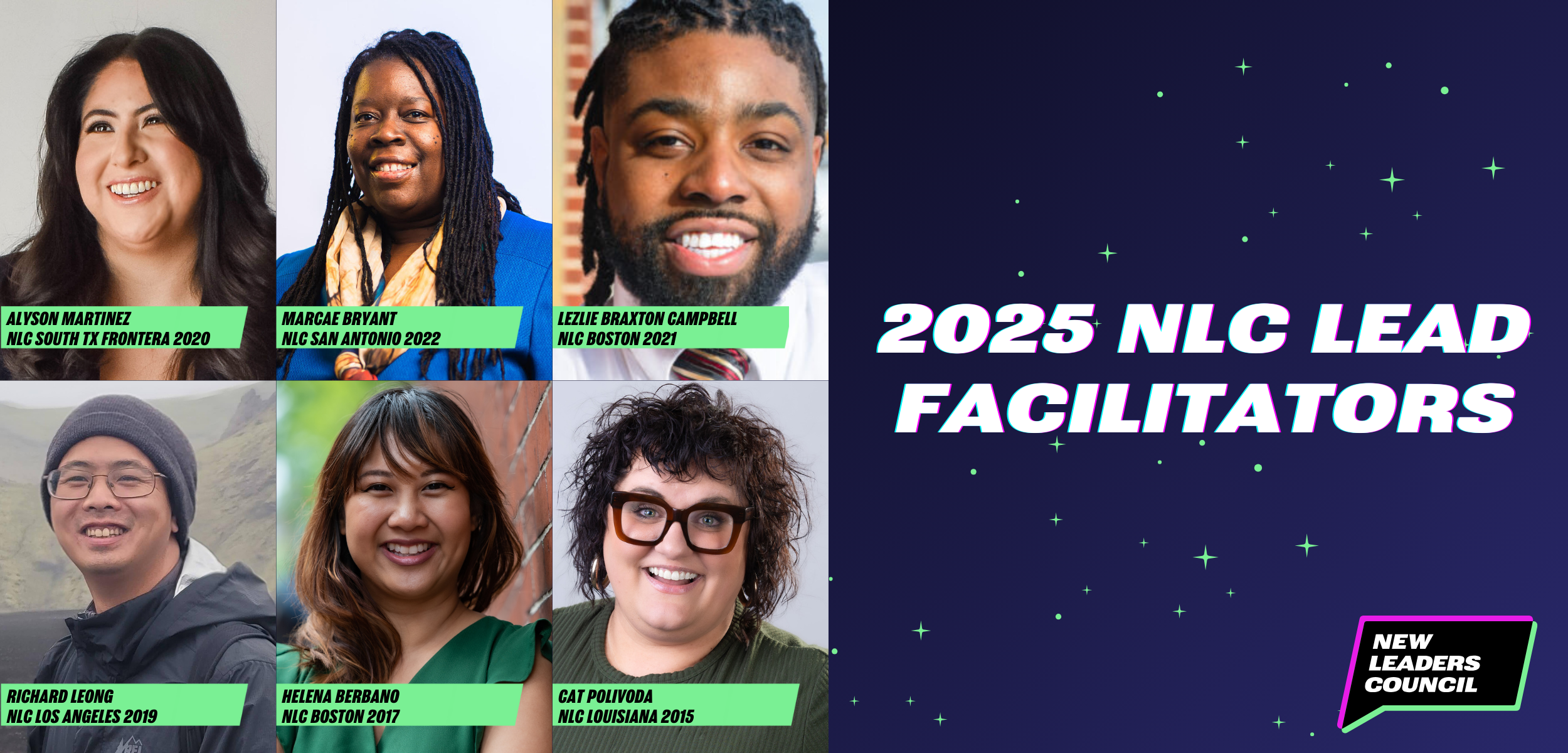
February 1, 2025
NLC LEAD Facilitators are an integral part of pushing our community leadership movement forward. Having been through the program themselves, they bring a deep understanding of what it means to navigate our values, identities, leadership, community-building, and personal growth. As trusted mentors and skilled facilitators—they help cultivate a sense of belonging, ensuring that each cohort starts with a foundation of trust and collaboration. This is more than guiding discussions; it’s the incredible capacity of our NLC Facilitators to inspire, support, and empower others through an impactful weekend.
NLC LEAD Weekend is designed to provide Fellows with a framework to assess where they are now, envision where they want to go, and reflect on the role they want to play in their communities. It’s a time for deep self-reflection, while also allowing space for others to do the same. Fellows arrive with different levels of comfort, skills, and experience, but no matter where they start, this weekend encourages them to be fully present, open themselves to new perspectives, and invest in building strong, trust-driven relationships. “This is such an essential part of the NLC experience,” says Ambar Mendez, NLC Director of Programs and Operations. “Our Facilitators have been in the Fellows’ shoes. Now, they get to pass that experience forward, helping new cohorts build the same kind of trust and connection that makes NLC so powerful.”
The true value of this experience for our Facilitators is in the opportunity to be a part of shaping the next cohort, deepen their own leadership practice, and contribute to a culture of continued growth nationwide. NLC Facilitators aren’t just delivering a weekend of programming; they are leaving a lasting impact, creating space for Fellows to thrive, and ensuring that the cycle of learning, support, and leadership continues for years to come.
2025 NEW LEADERS COUNCIL LEAD FACILITATORS
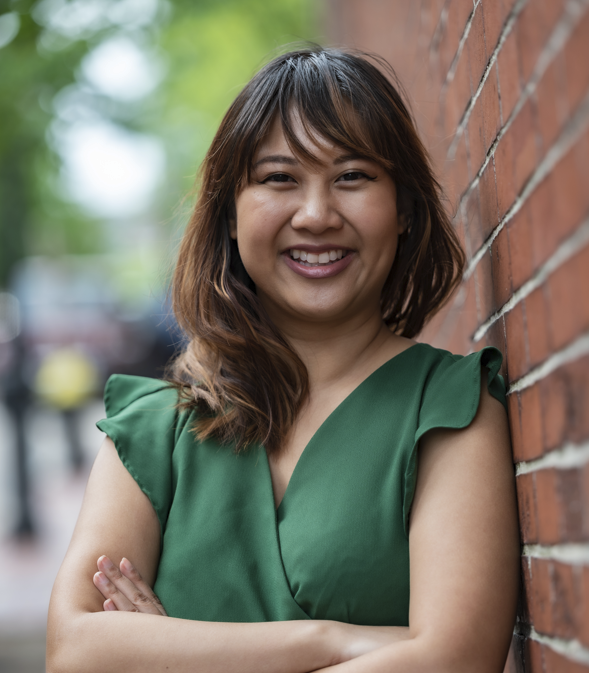
NLC Boston 2017
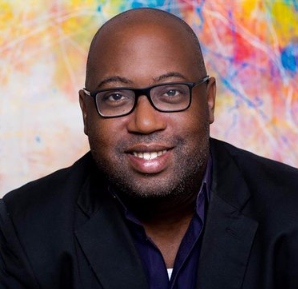
NLC Houston 2016
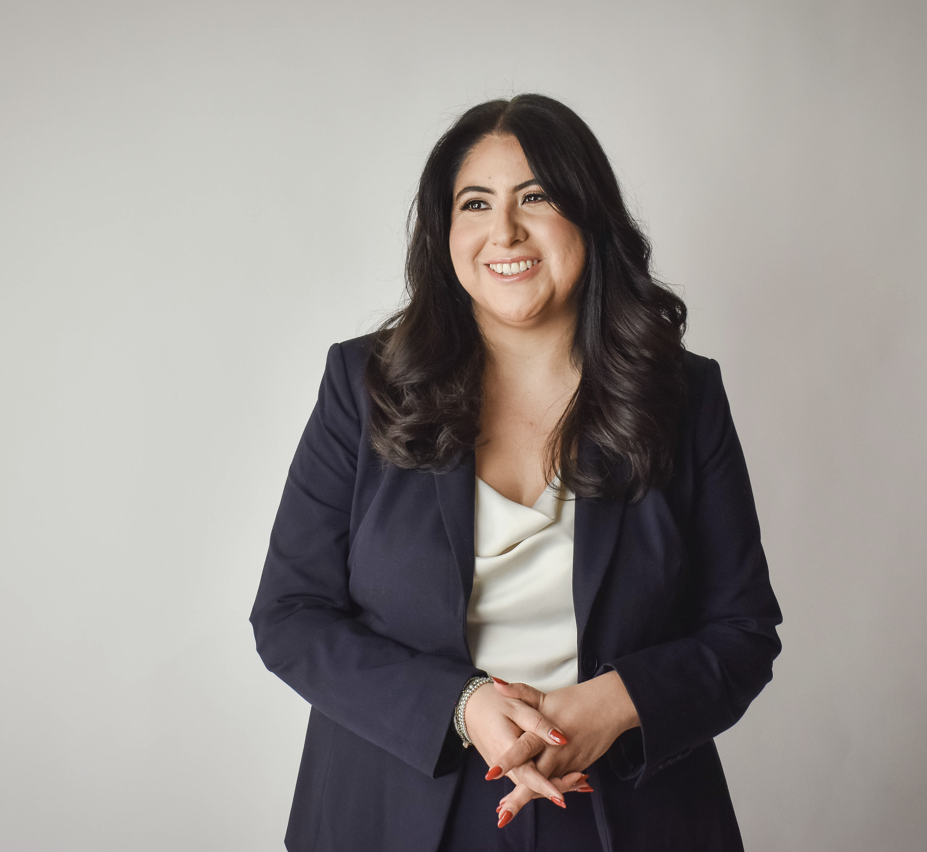
NLC South TX Frontera 2020
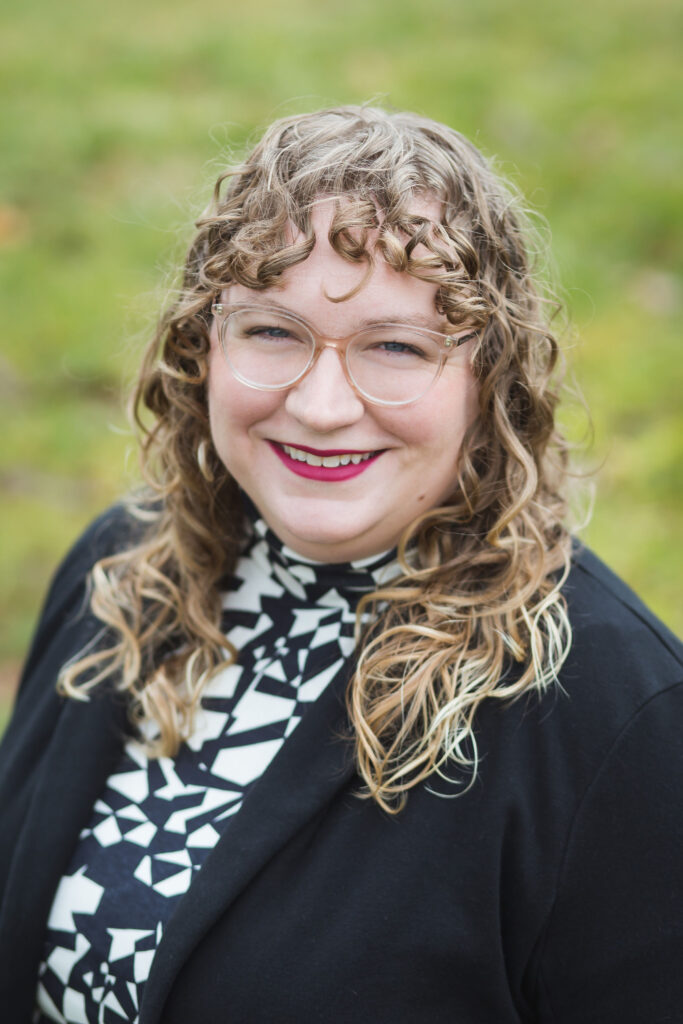
NLC Columbus 2023
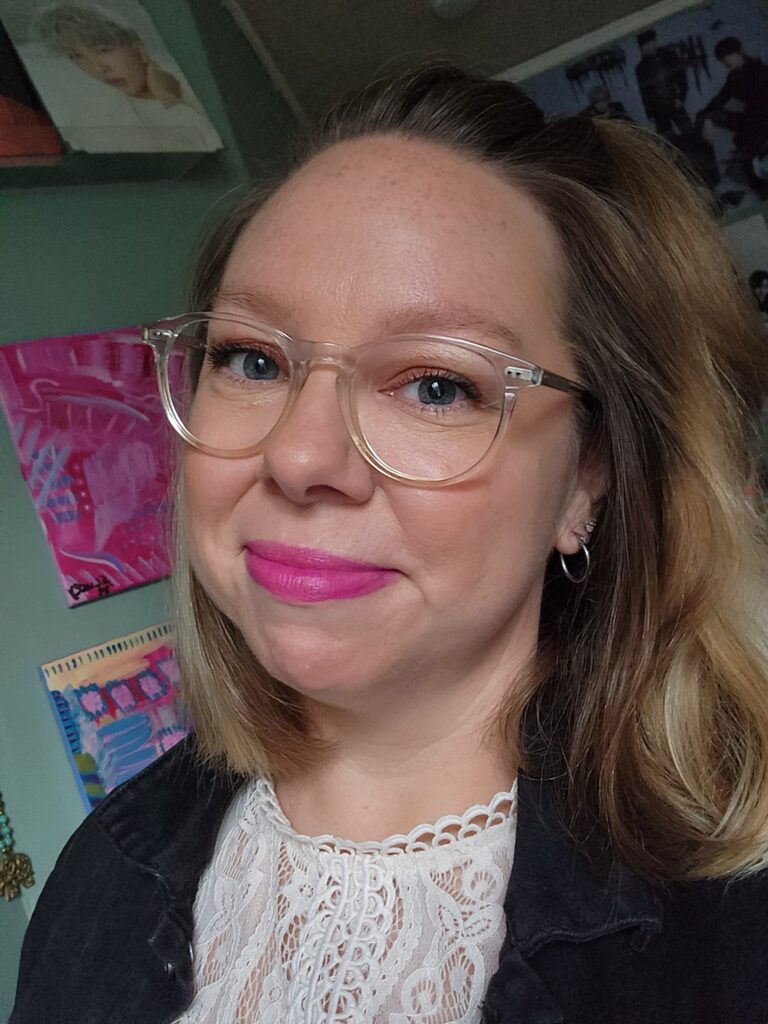
NLC New Hampshire 2018
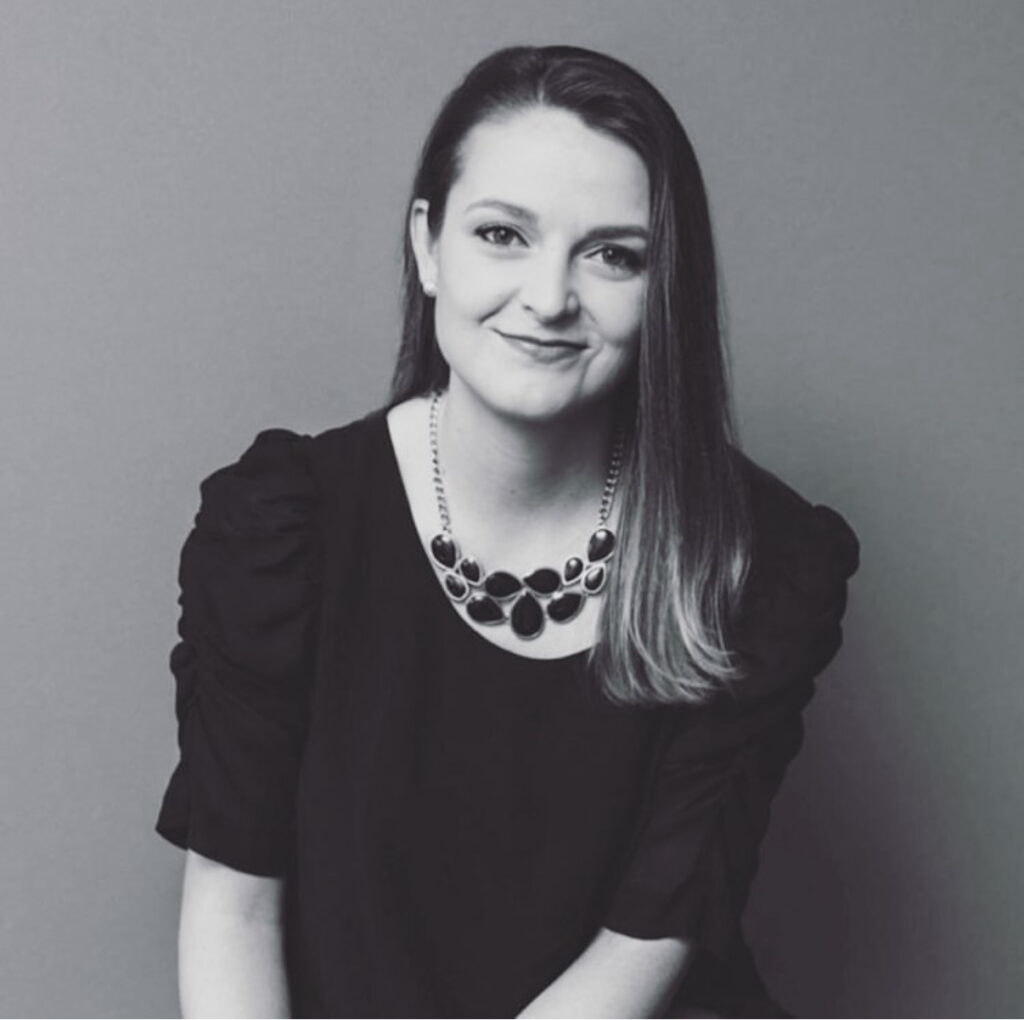
Brooke Wojdynski
NLC Columbus 2018
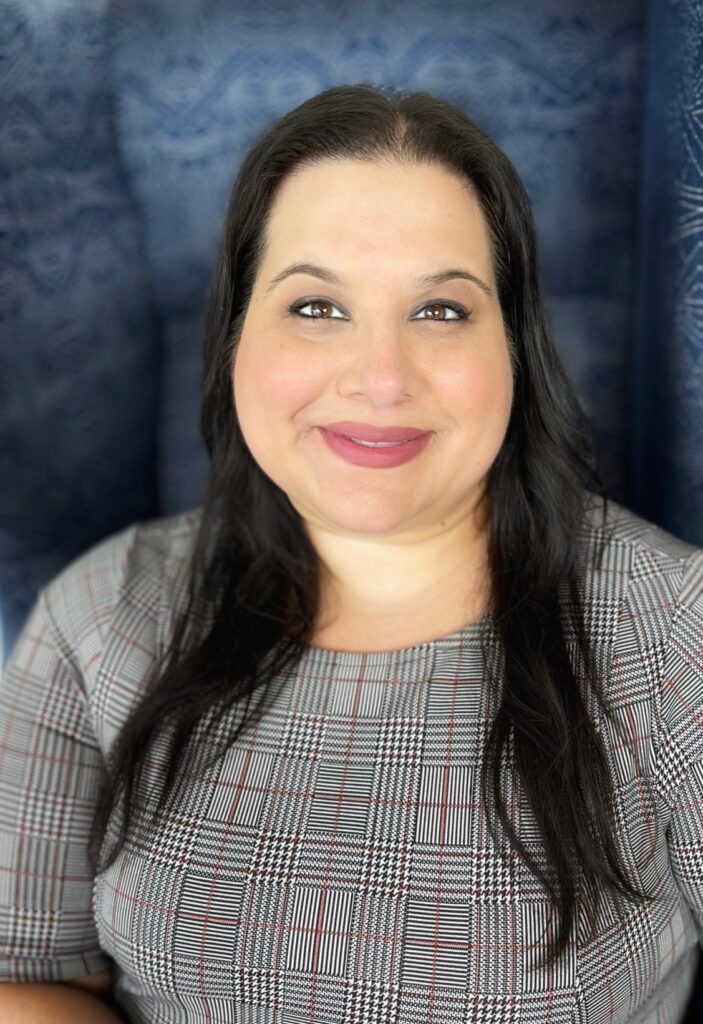
NLC Tallahassee 2016
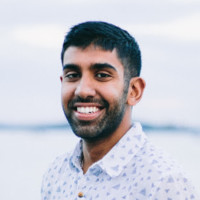
NLC Twin Cities 2019
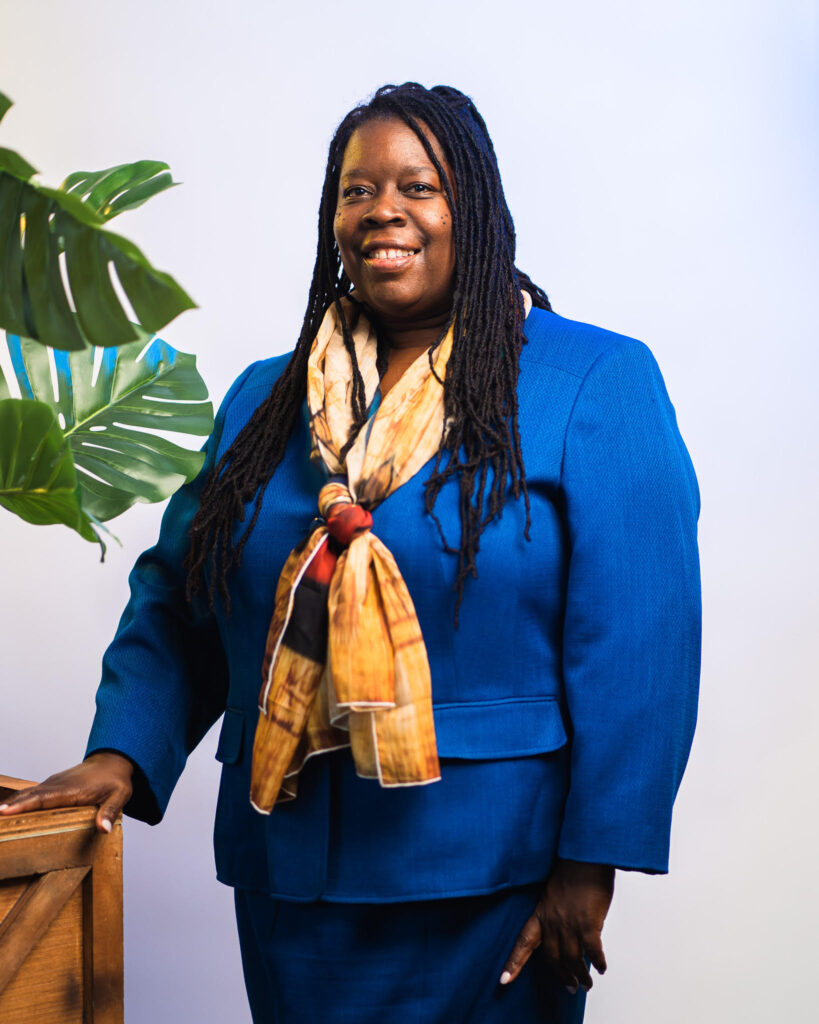
NLC San Antonio 2022

NLC New Jersey 2019
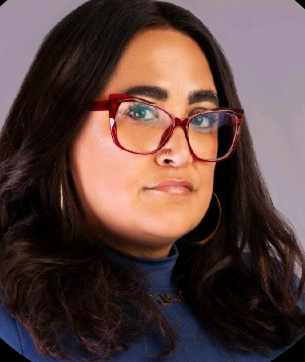
NLC Kentucky 2014
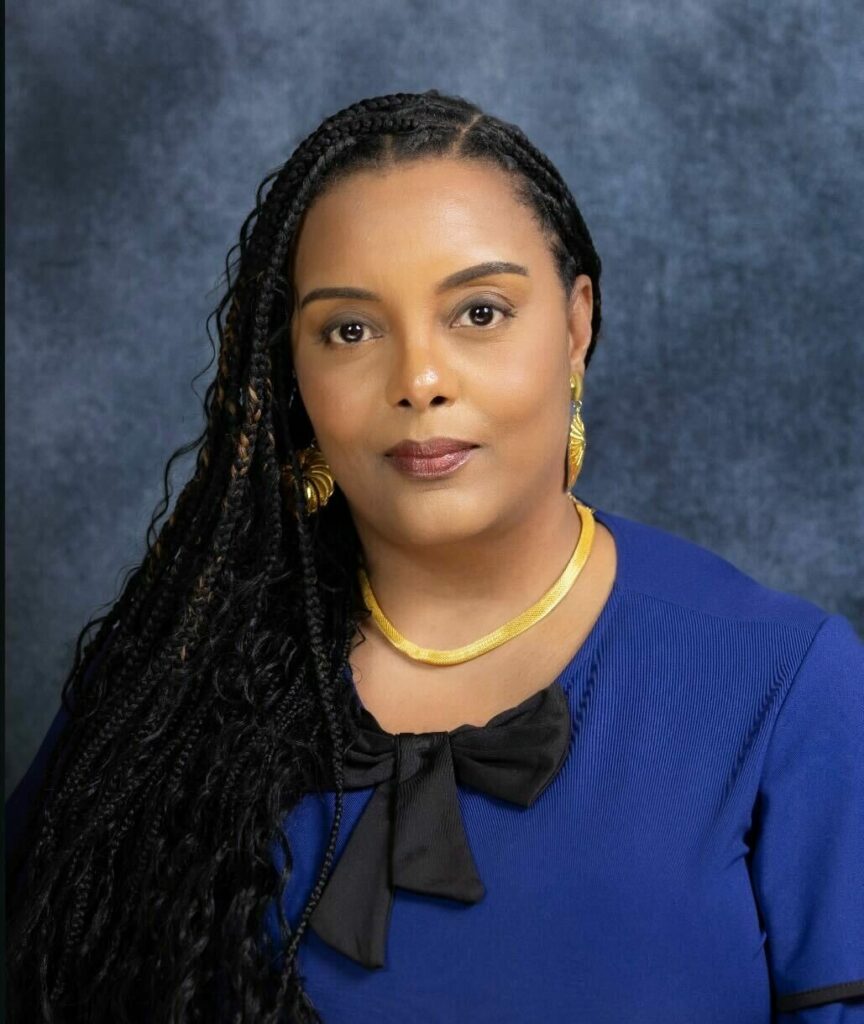
NLC Broward 2016
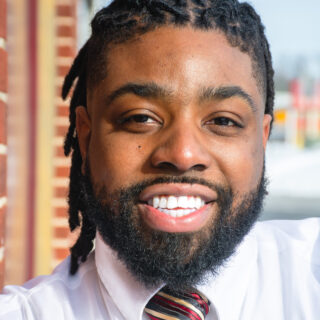
NLC Boston 2021
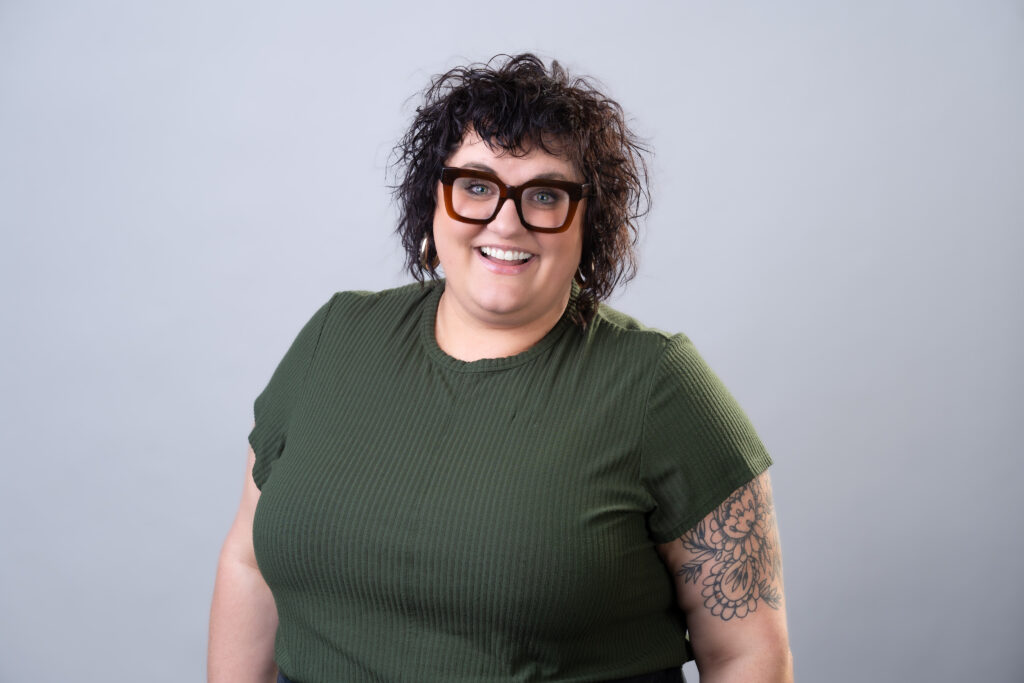
NLC Louisiana 2015
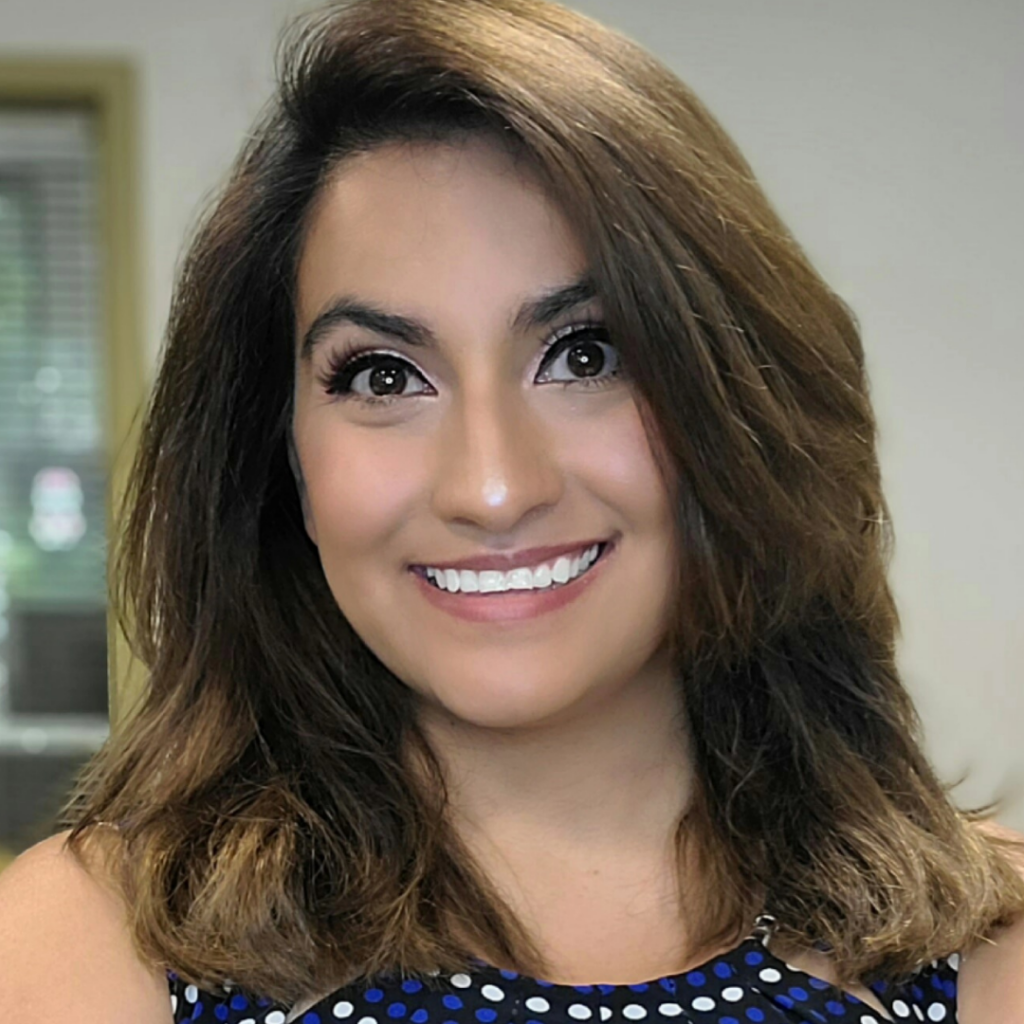
NLC Arkansas 2020
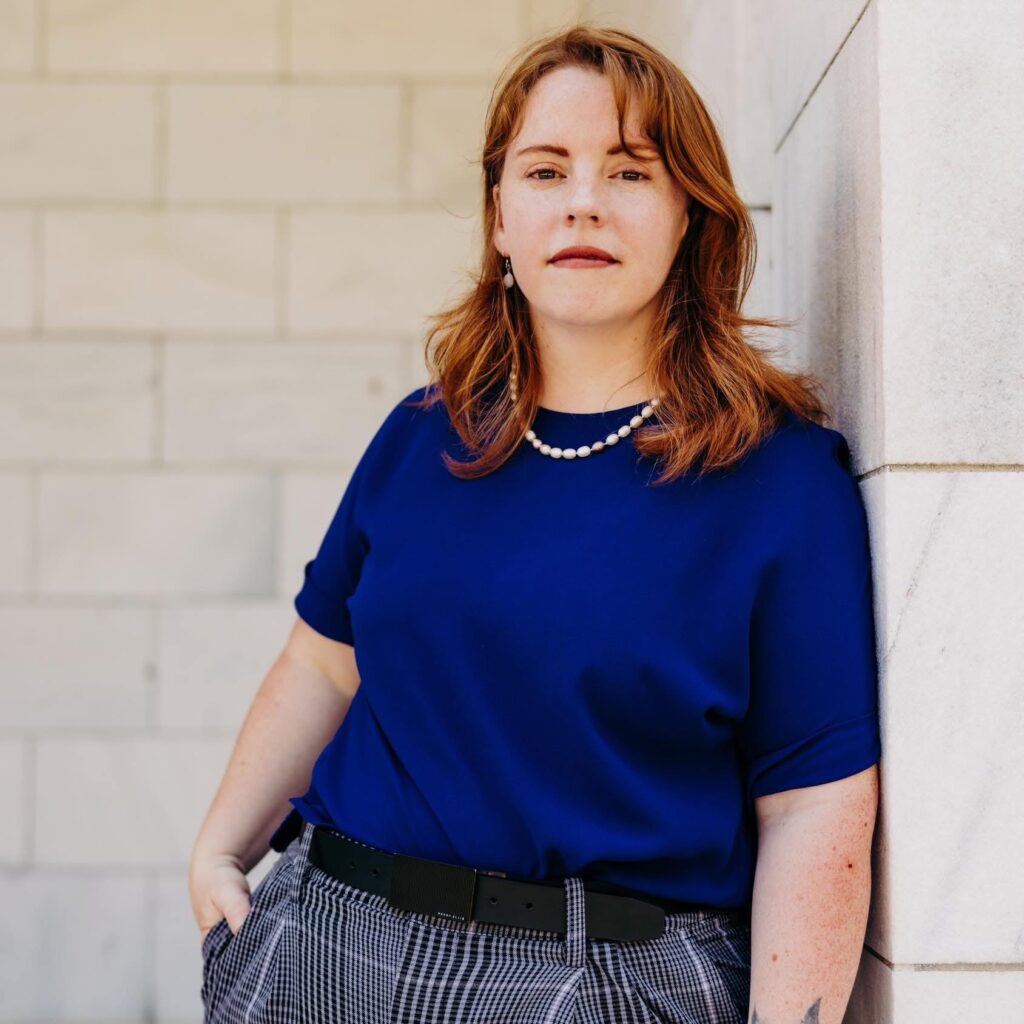
NLC Vermont 2019
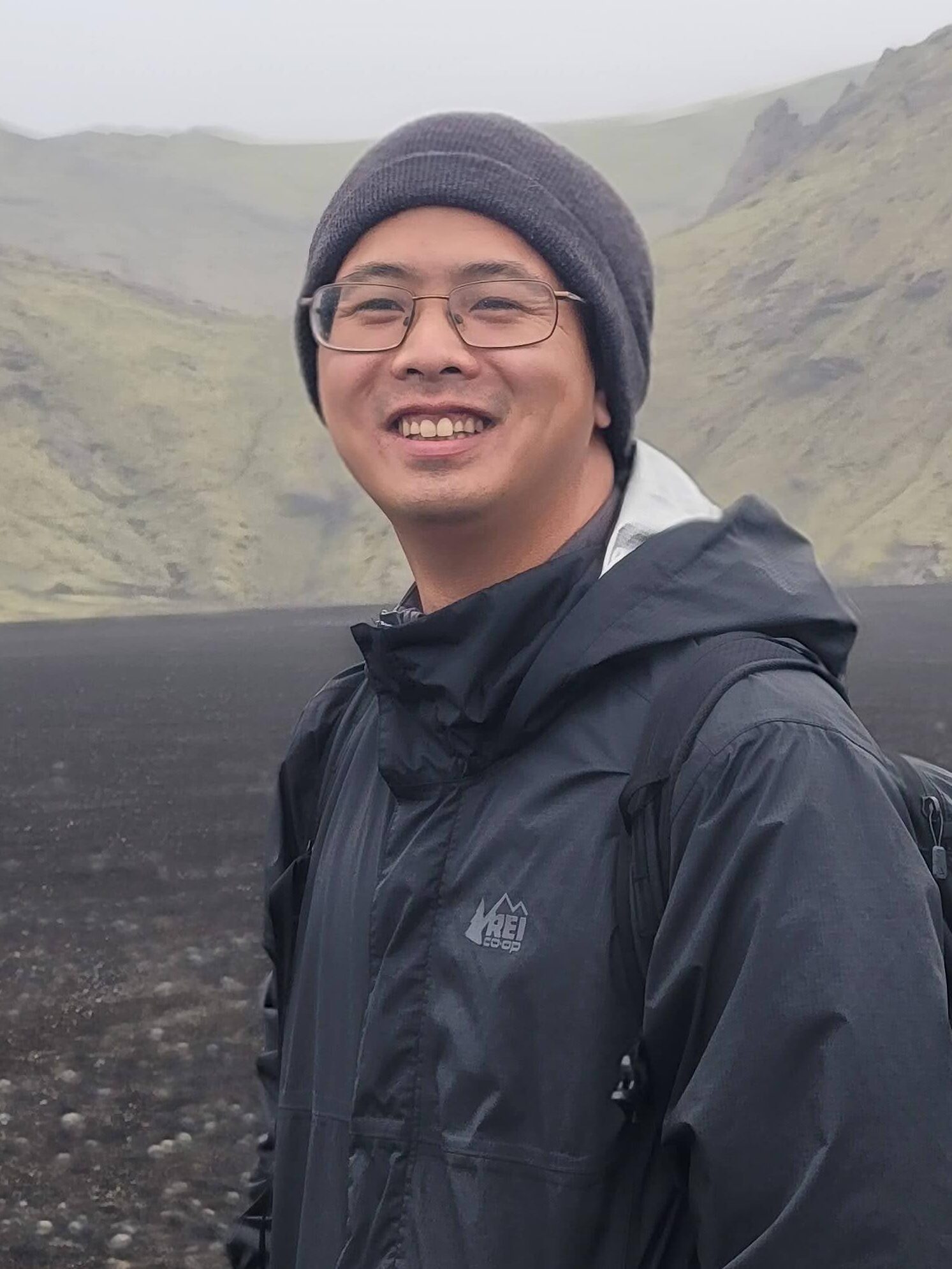
NLC Los Angeles 2019
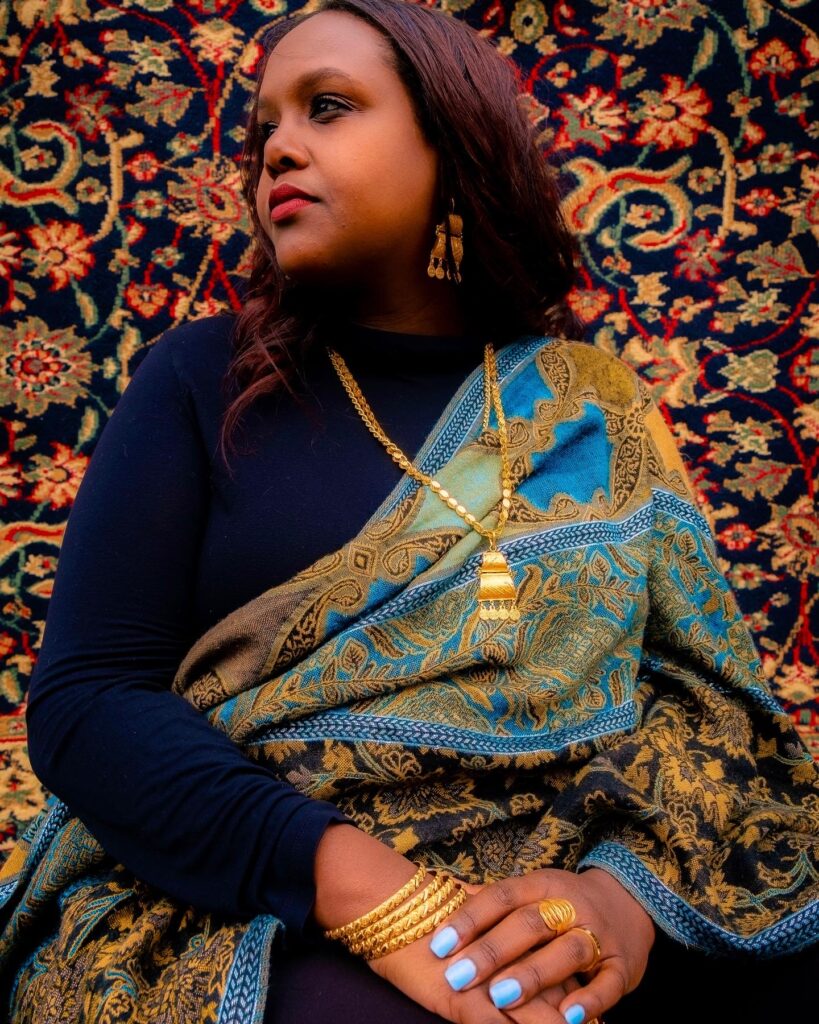
NLC Twin Cities 2018


More Blog Posts from NLC
Generations of Leadership: Karen, Kytana & Kyrsten Giving Back Together
At New Leaders Council, we know that leadership often runs deep through families, and this Women’s History Month, we’re celebrating…
Black History, Black Future: Jamarr Brown
Jamarr Brown’s (NLC Atlanta 2011) leadership journey is a testament to the transformative power of advocacy and community mobilization. From…
Black History, Black Future: Kamilia Landrum
Black leadership is about legacy, resilience, and the ability to create lasting change. Few embody this as powerfully as Kamilia…
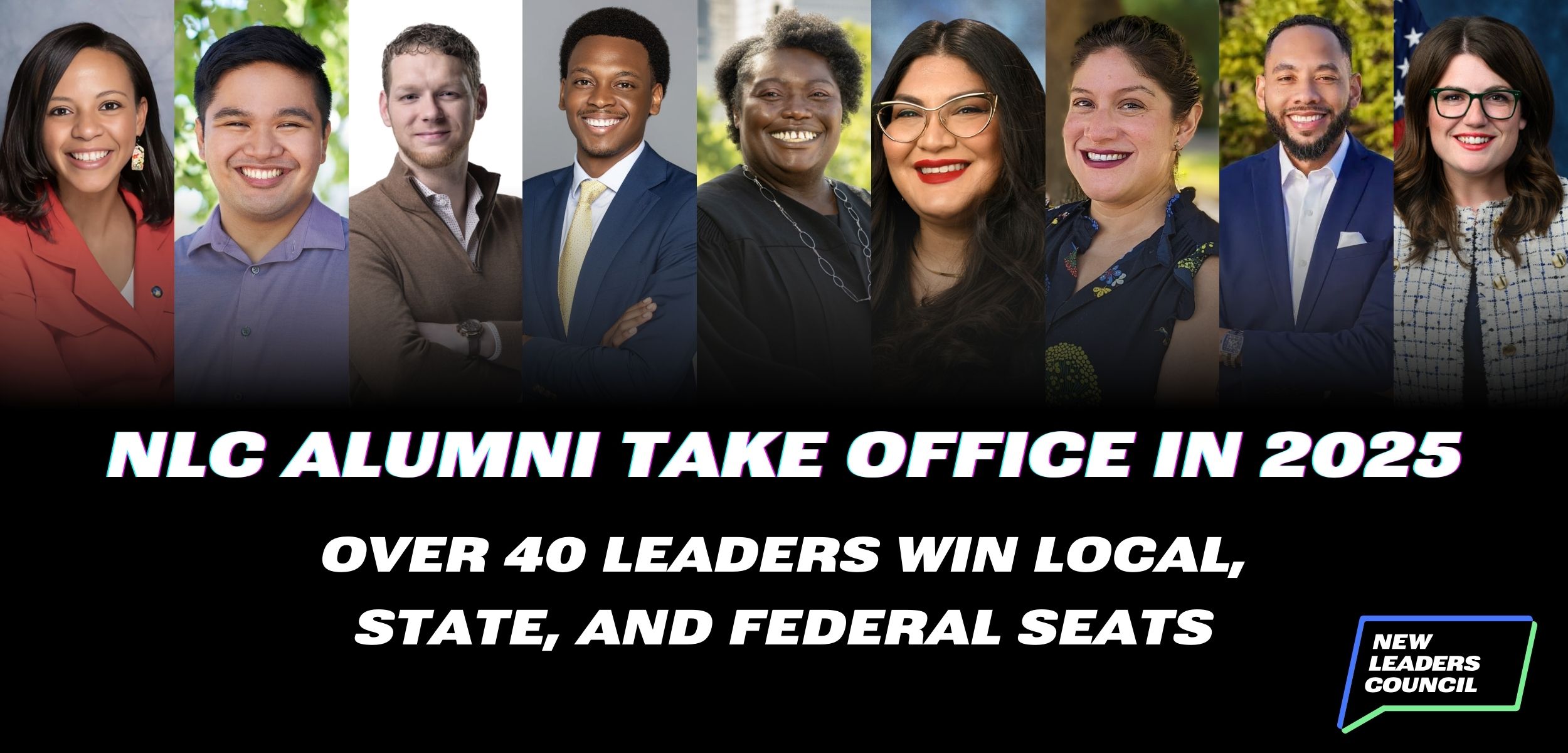
January 24, 2025
This month, New Leaders Council alumni from across the country are taking elected office, whether beginning their first terms or continuing their service through re-election.
After graduating from the NLC Institute, Fellows are equipped to choose their own paths to drive progress in their communities—and for some, that journey leads to running for office.
We are thrilled to welcome another alum to federal office: Congresswoman Sarah Elfreth (Maryland ’16), representing Maryland’s 30th District. She joins two distinguished alumni who successfully won re-election to Congress: Congresswoman Lauren Underwood (NLC Washington DC ’14), representing Illinois’ 14th District, and Congresswoman Nikema Williams (NLC Atlanta ’13), representing Georgia’s 5th District.
This election cycle, nine alumni secured new elected seats*, primarily in state and local offices, while over 30 alumni were re-elected to roles at the local, state, and federal levels.
In times of uncertainty, these victories reaffirm that change is possible. They remind us that we are the ones we’ve been waiting for.
Did we miss an NLC alumni who won their race? Whether it’s for local school board, state office, or a federal seat, we want to honor every alumni who ran in 2024. Send us a message: [email protected].
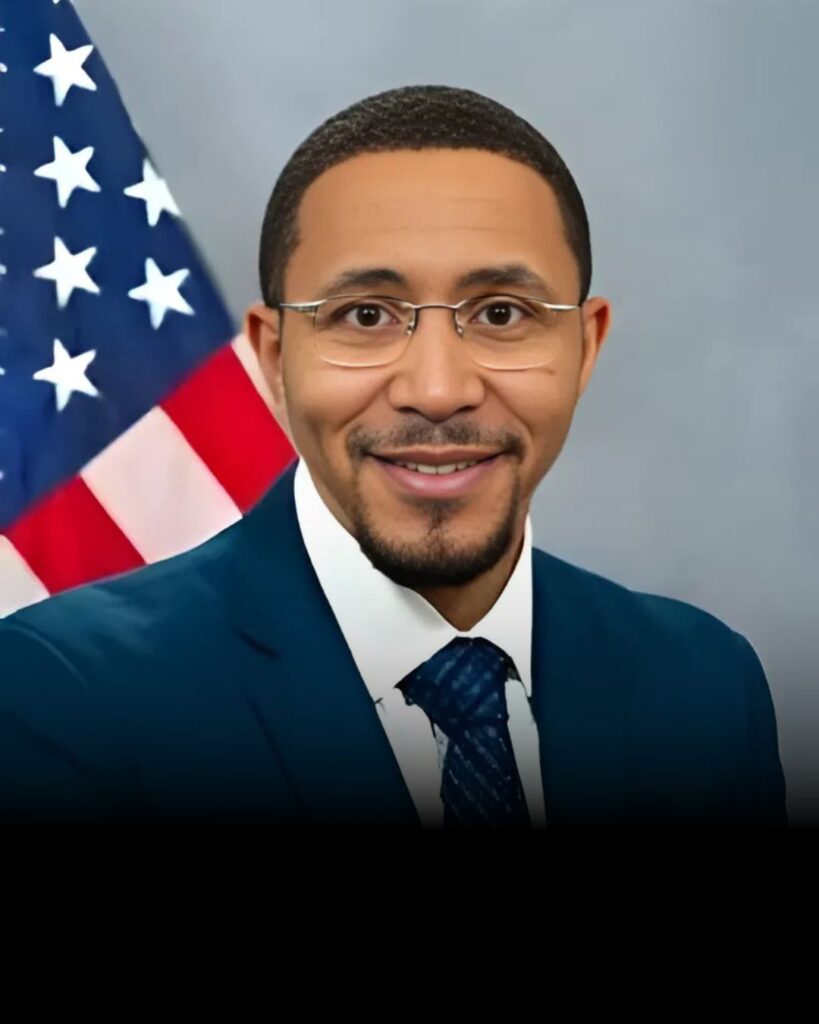
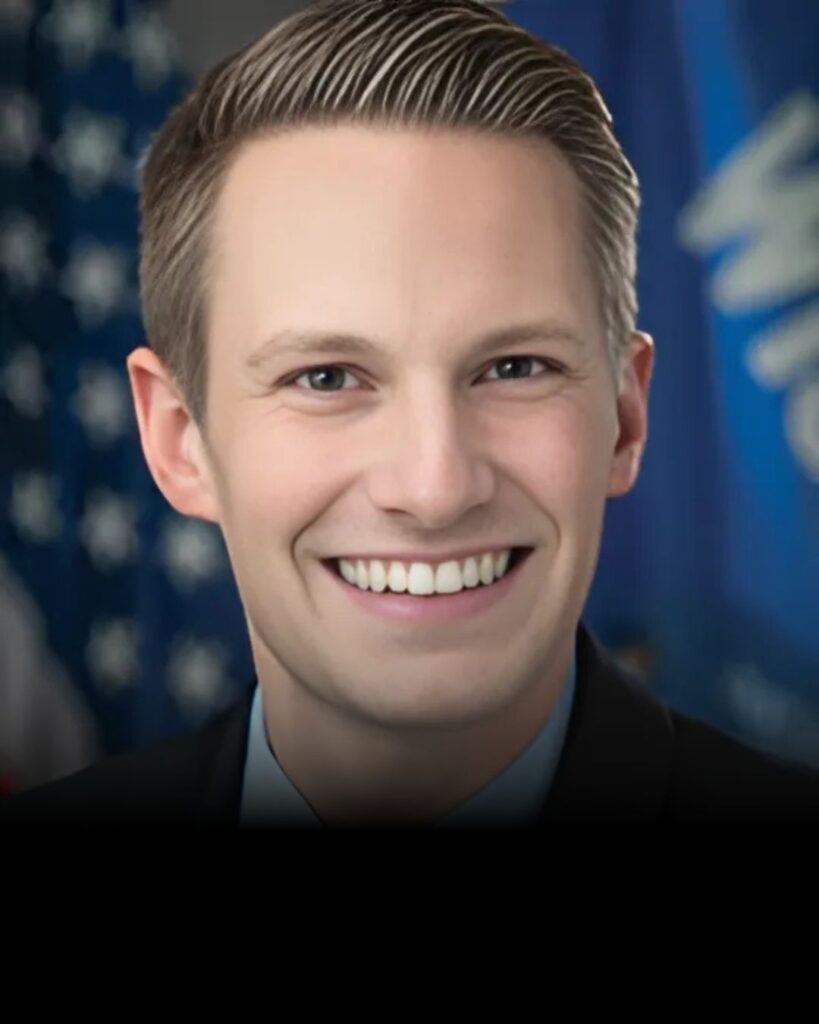
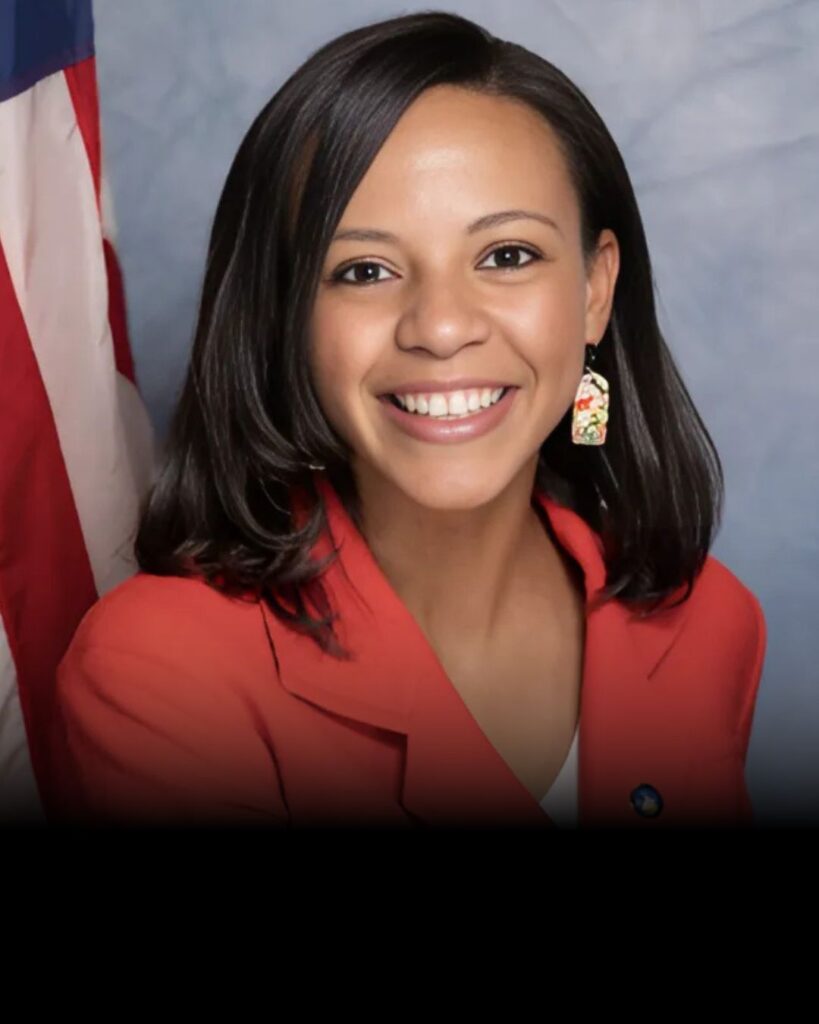
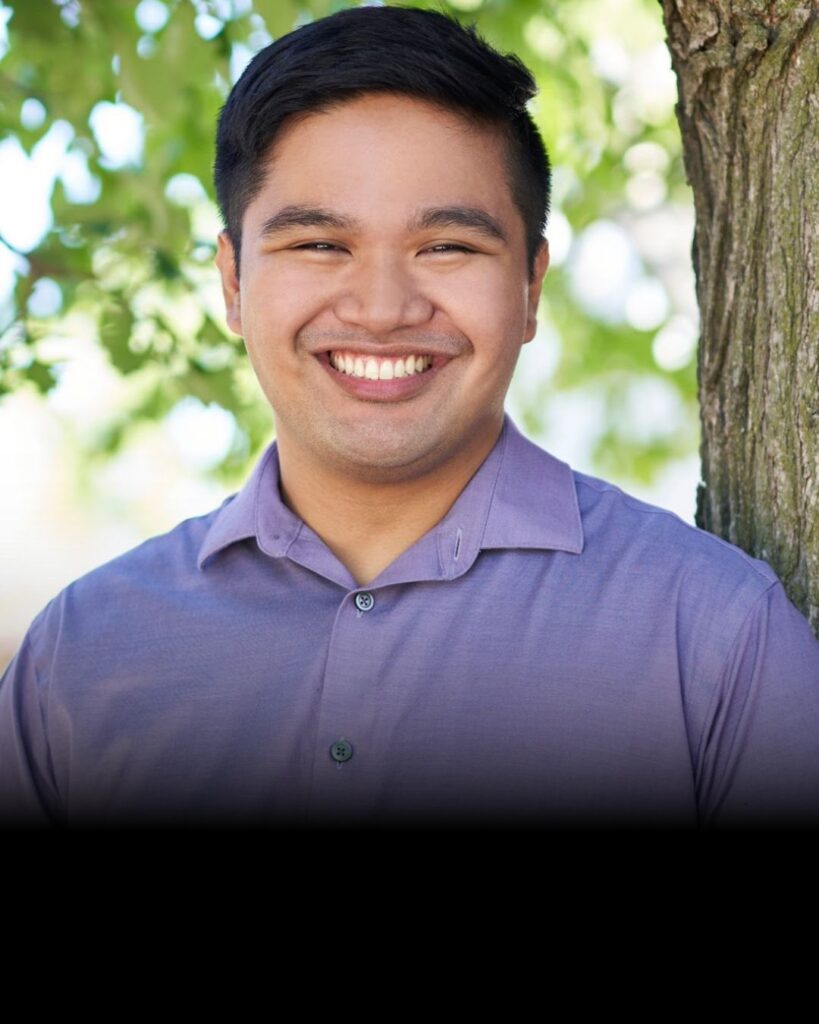
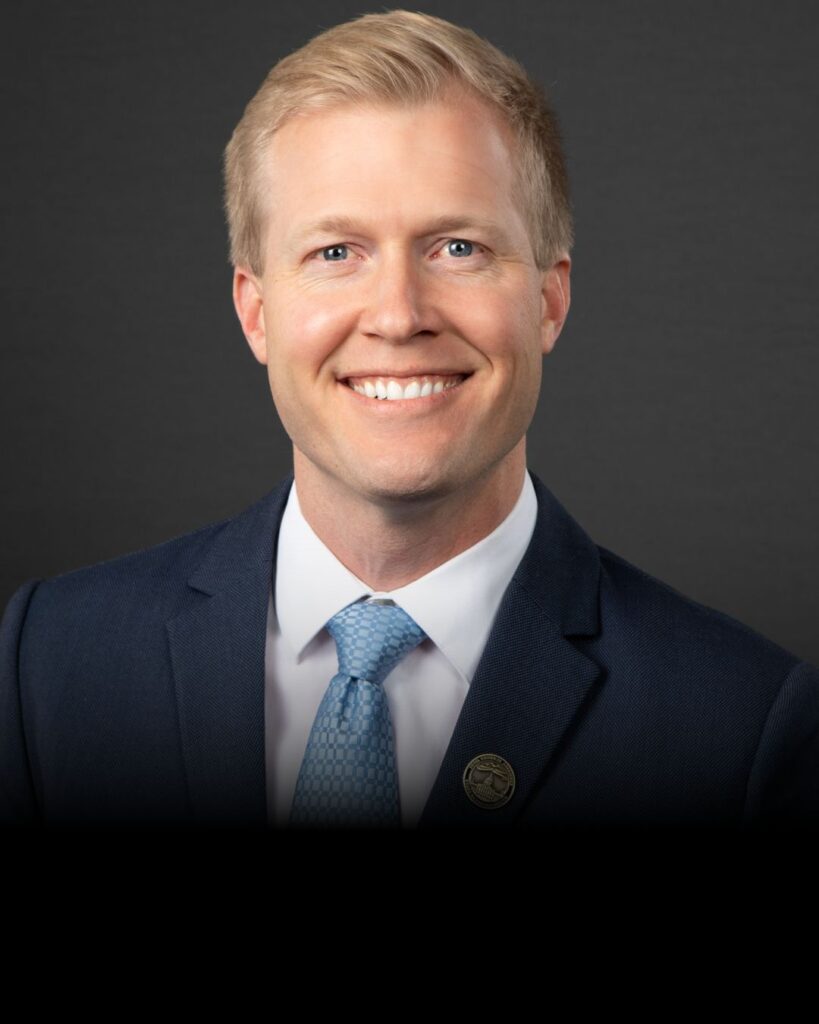
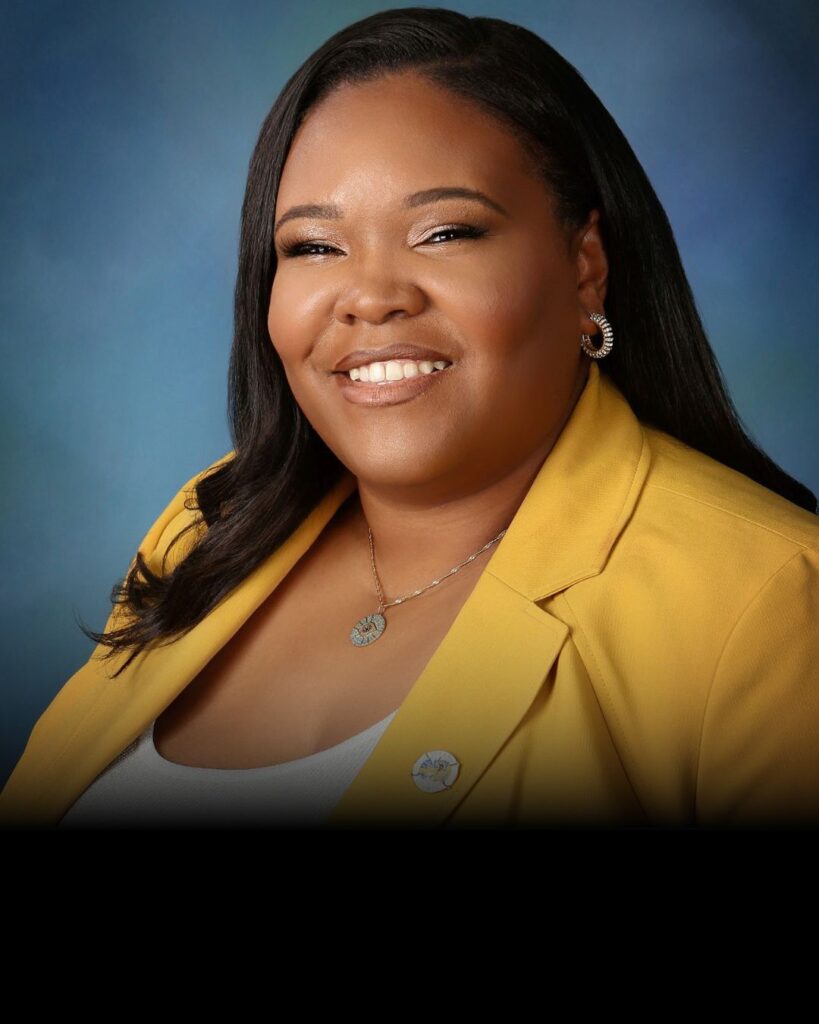
Cassandra James (Oakland ’20) Solano County Board of Supervisors
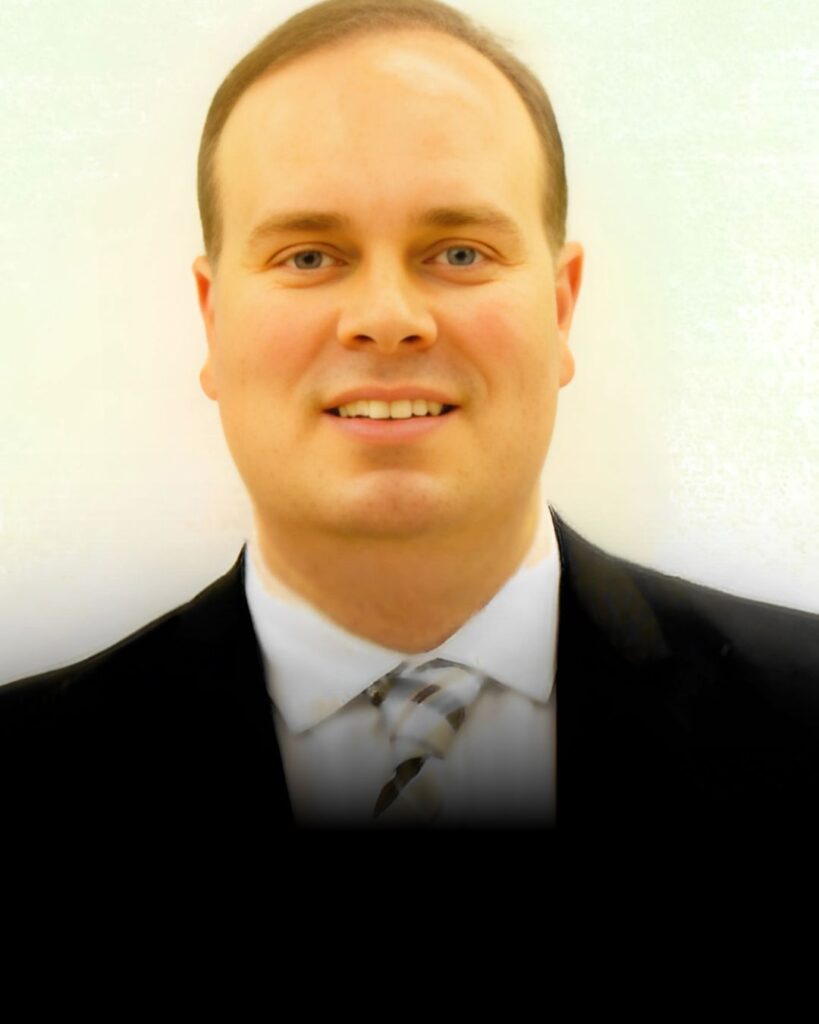
Clay West (Washington DC ’09)
Circuit Judge, 17th Circuit Court, Michigan
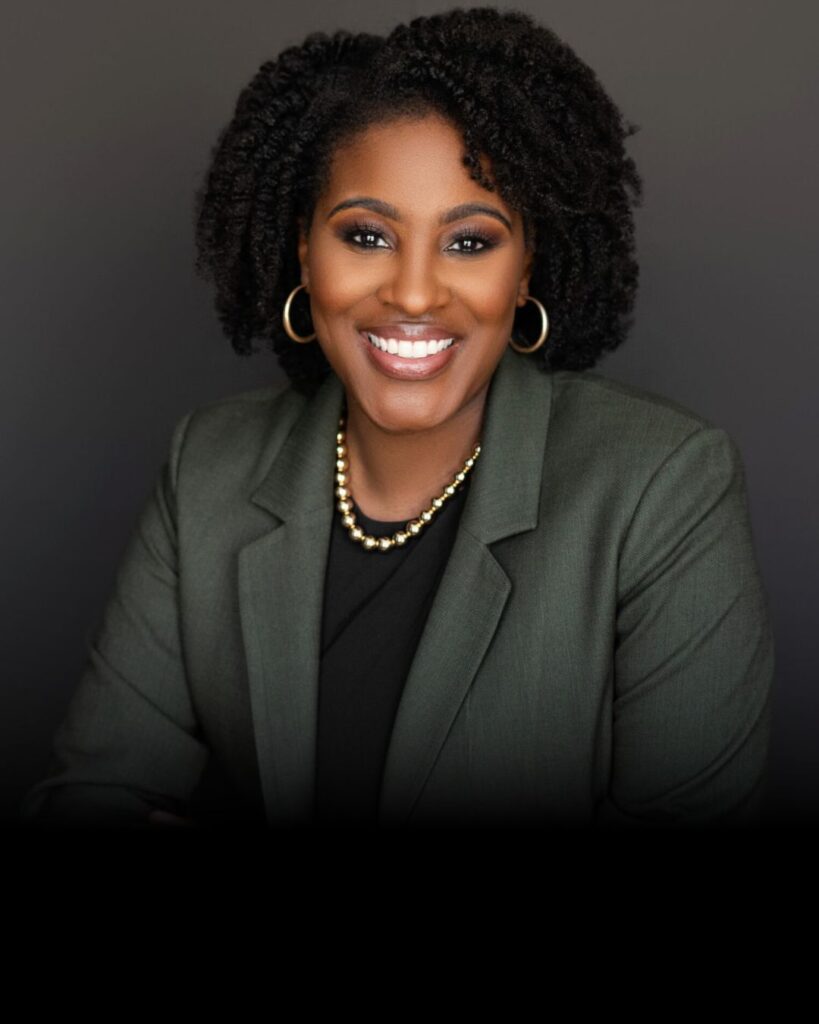
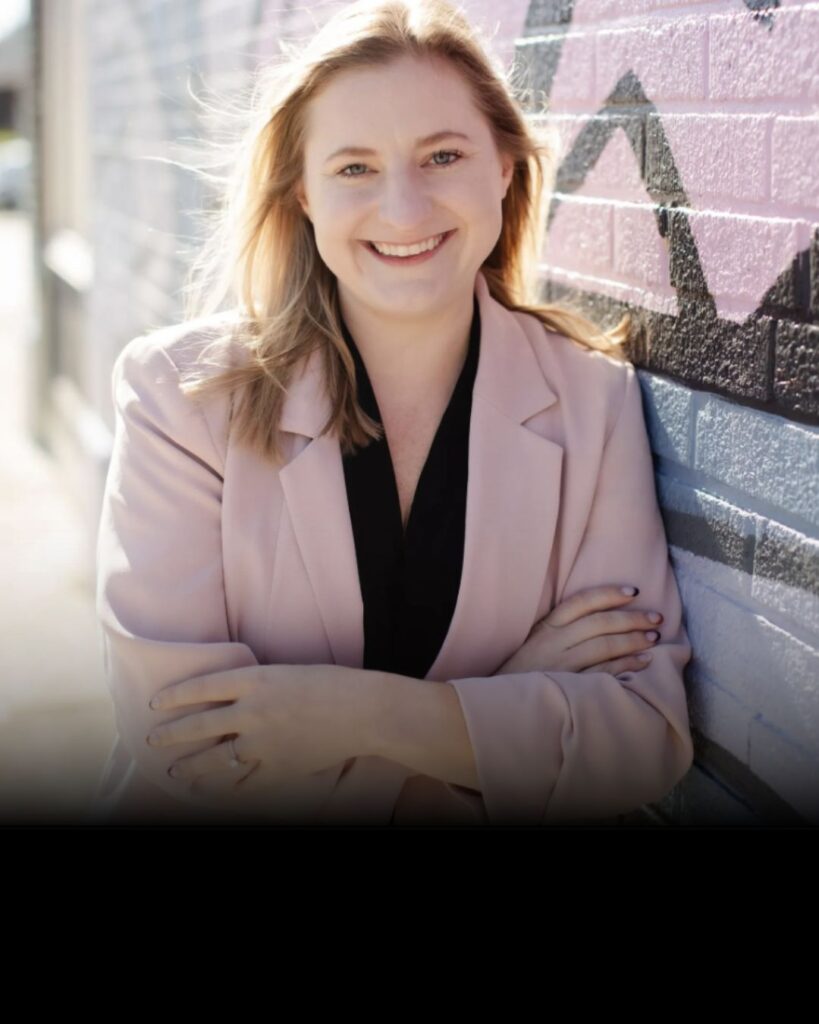
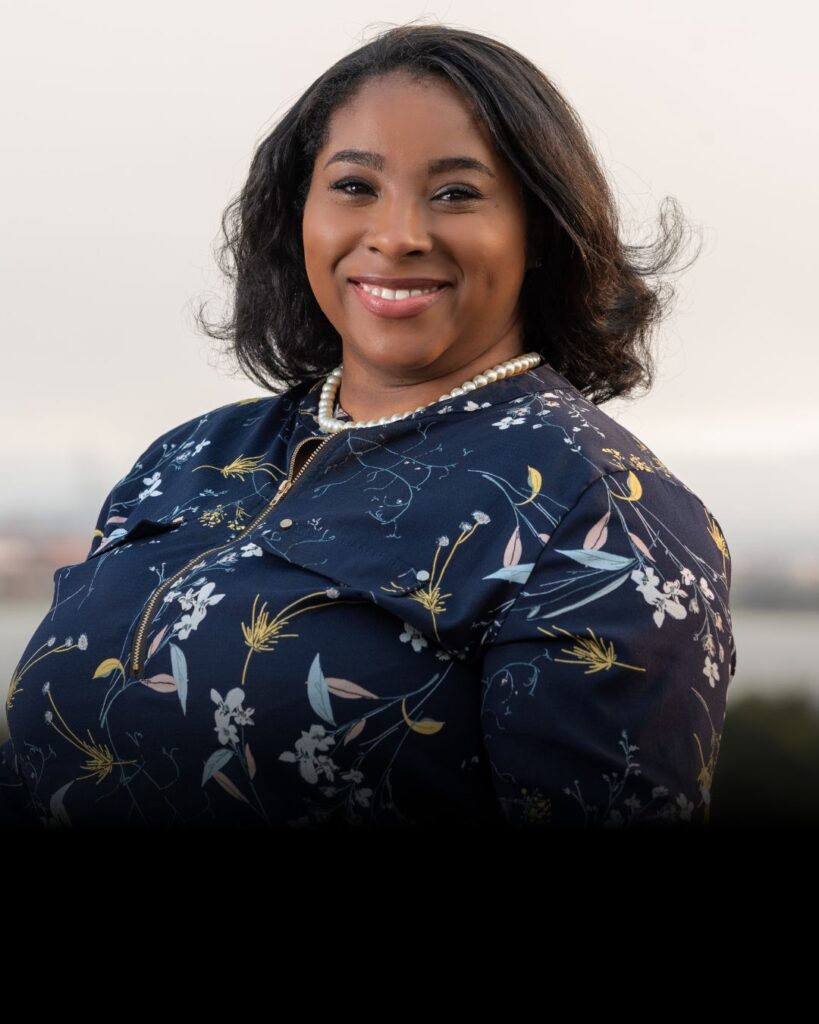
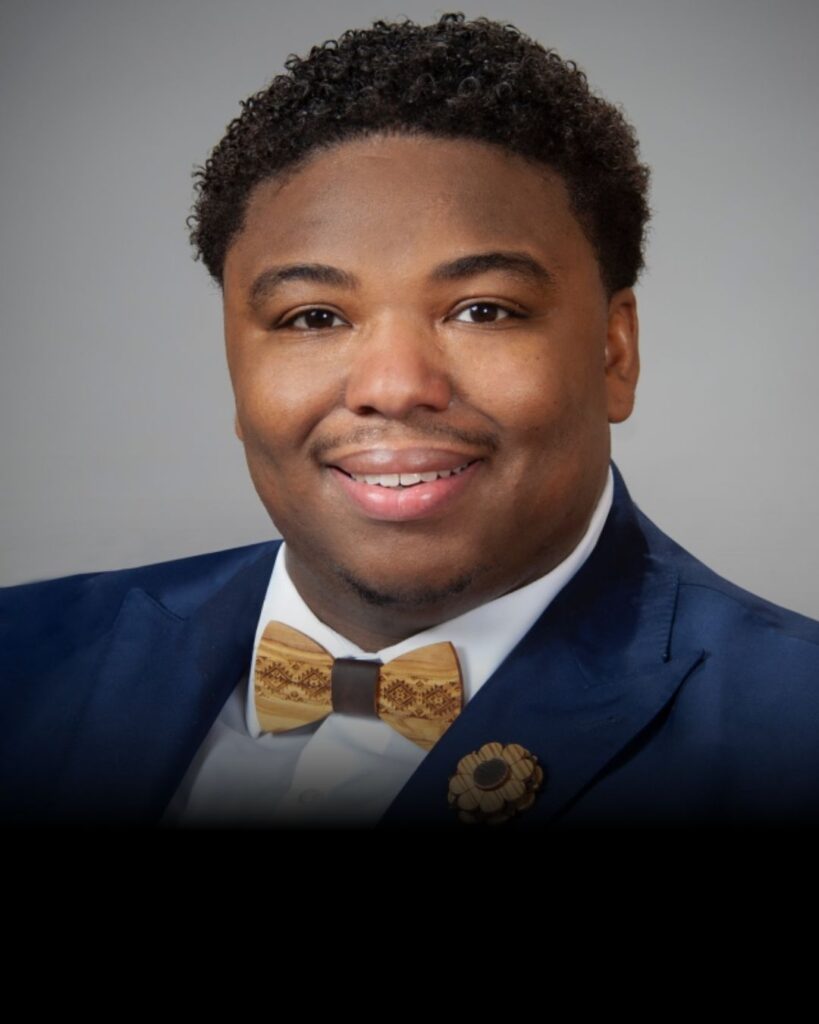
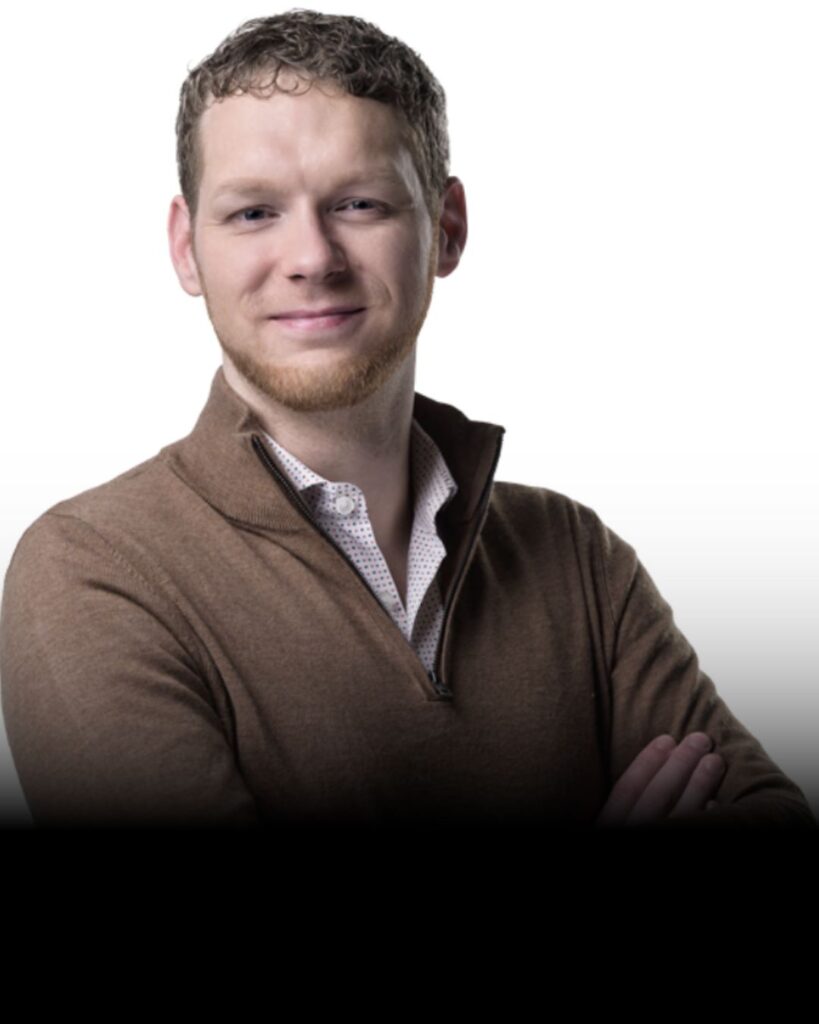
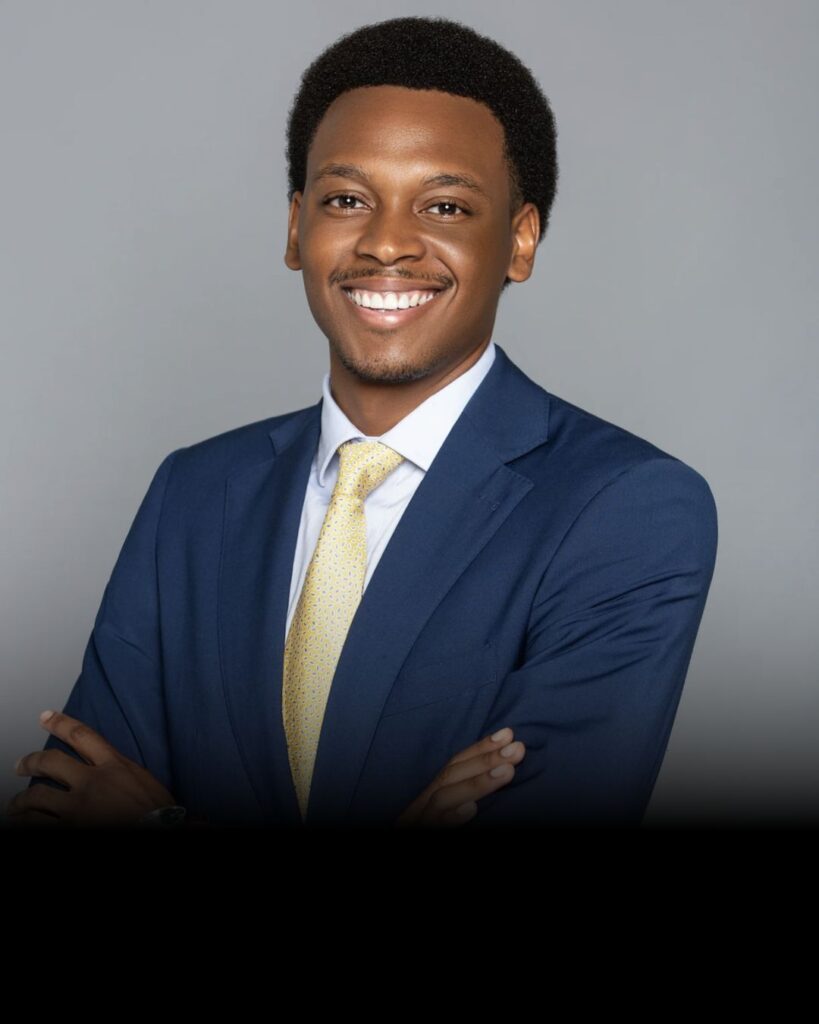
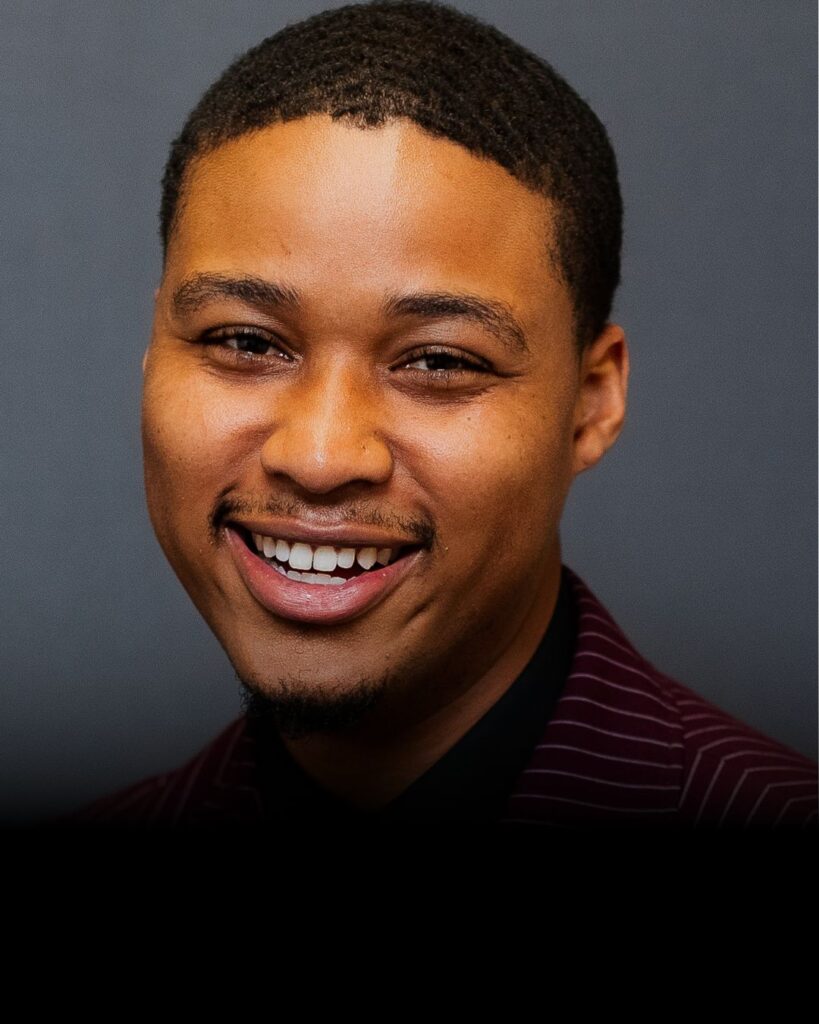
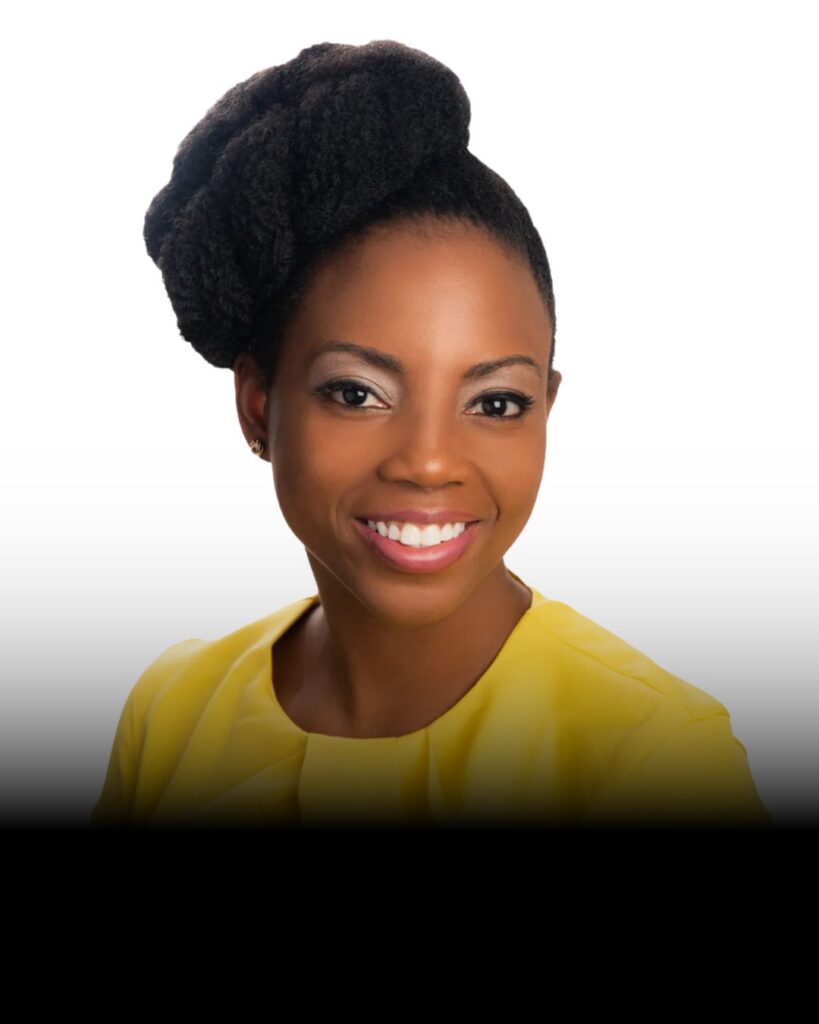
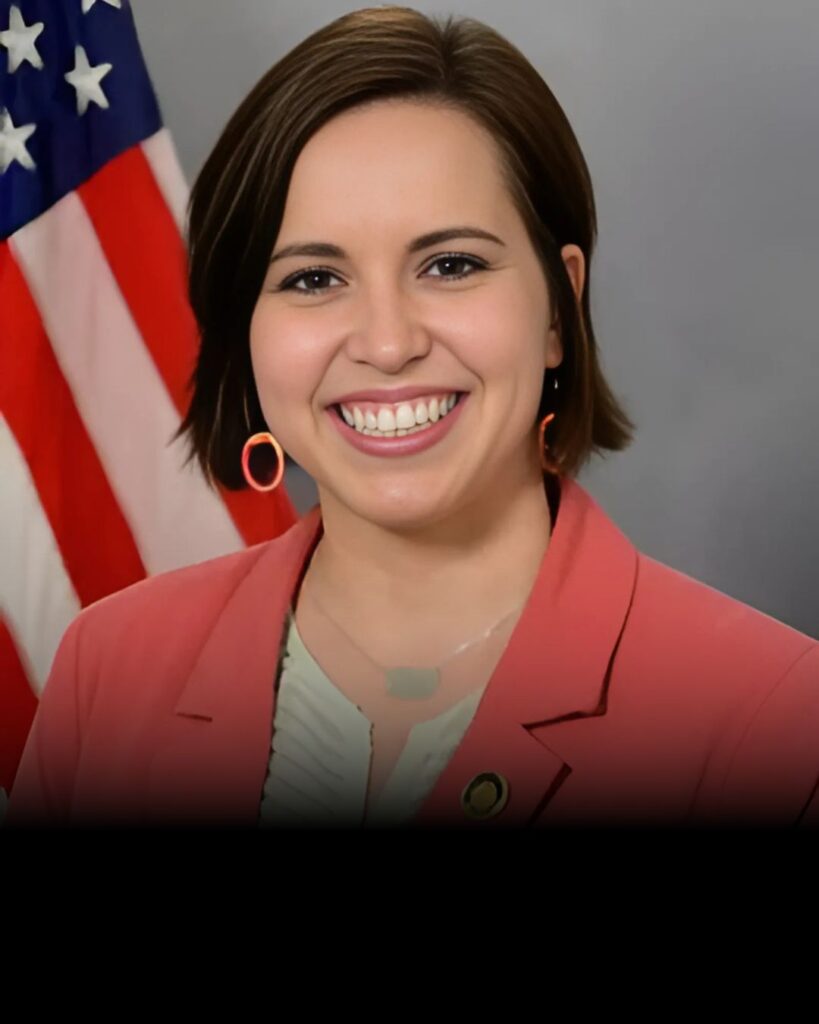
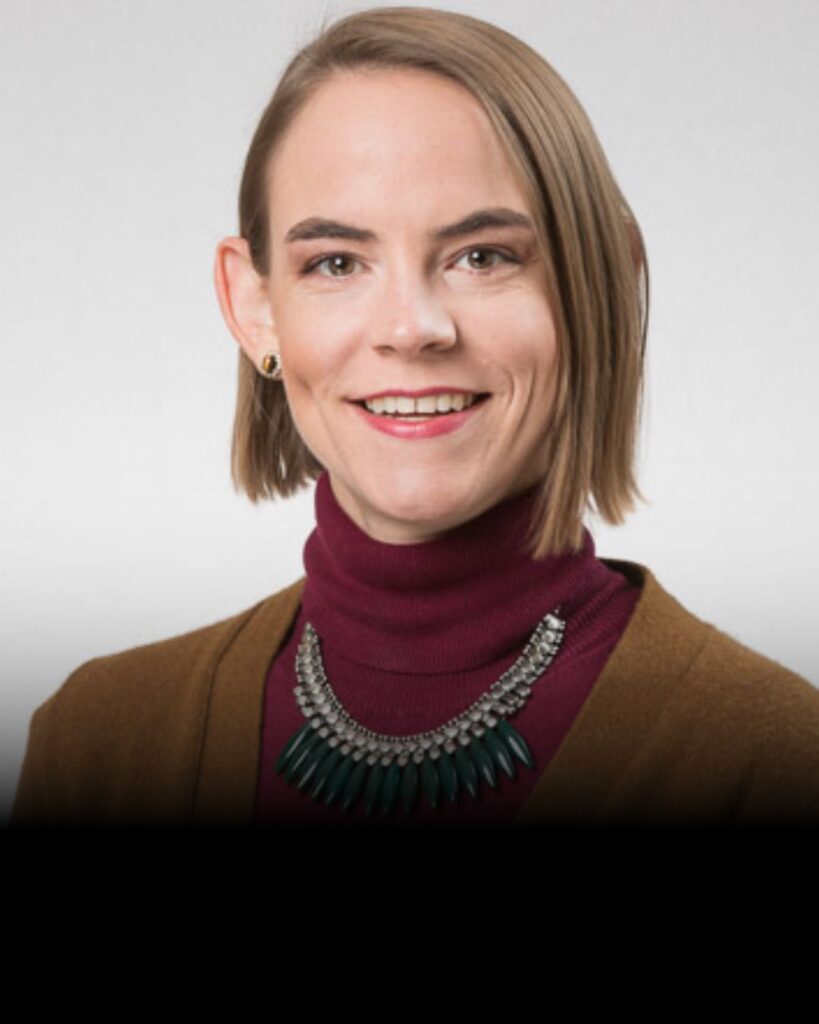
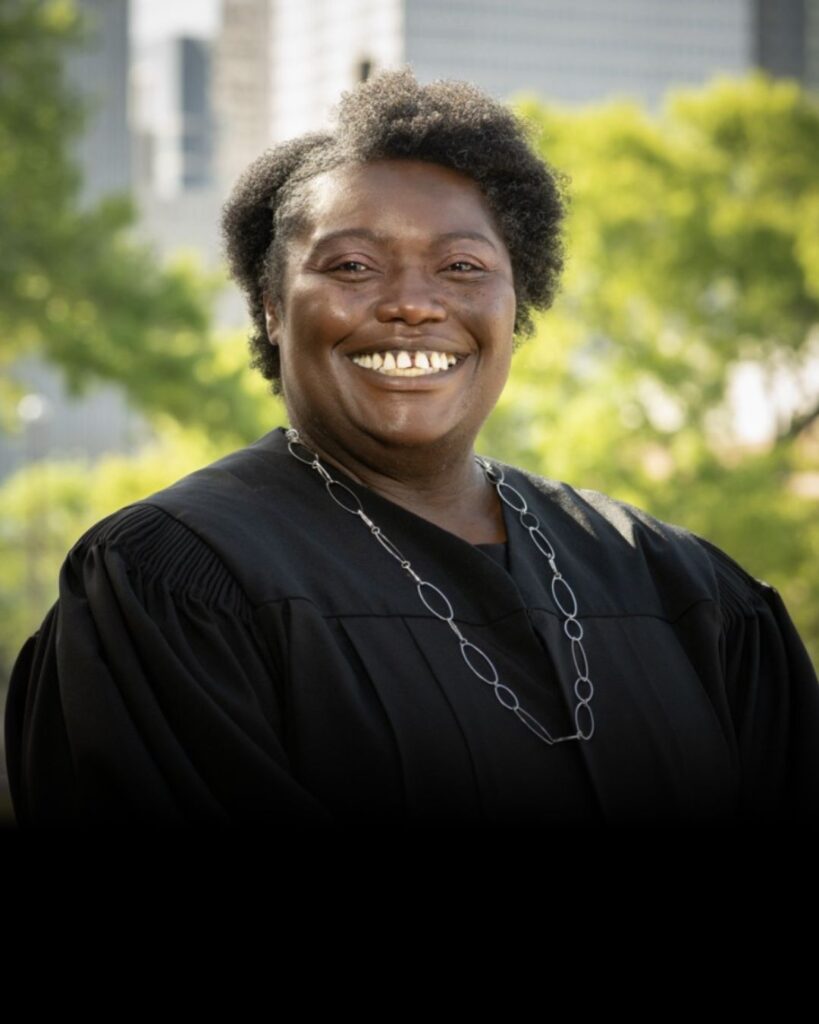
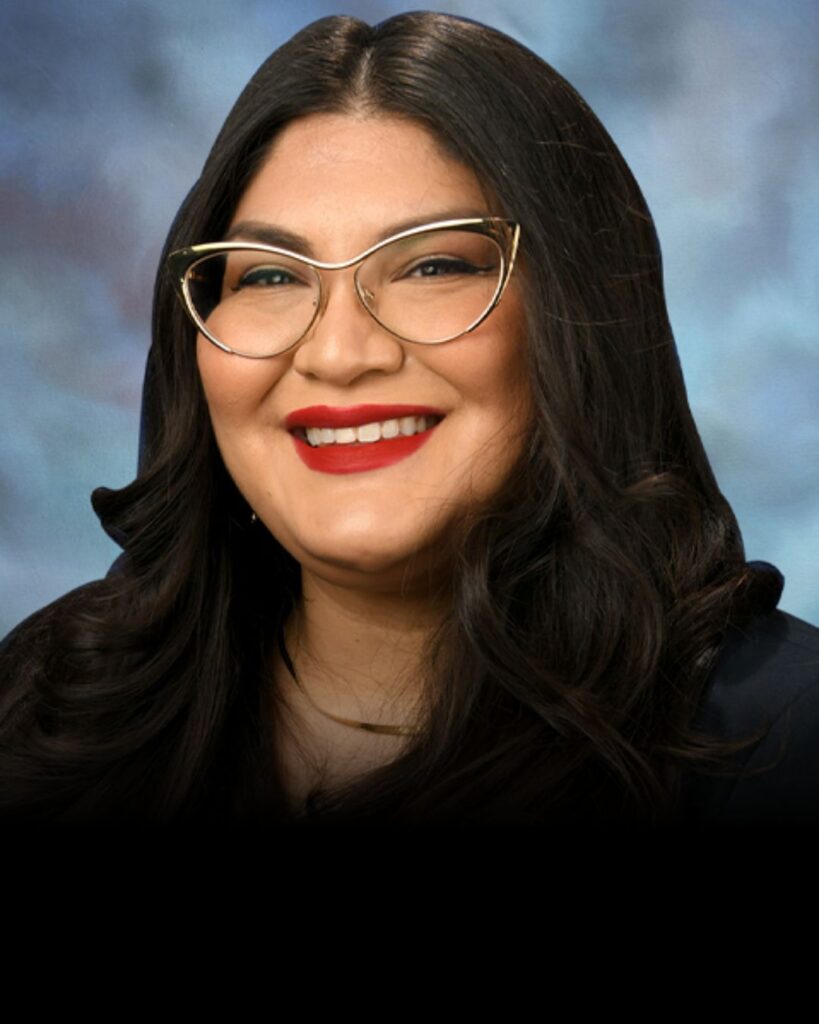
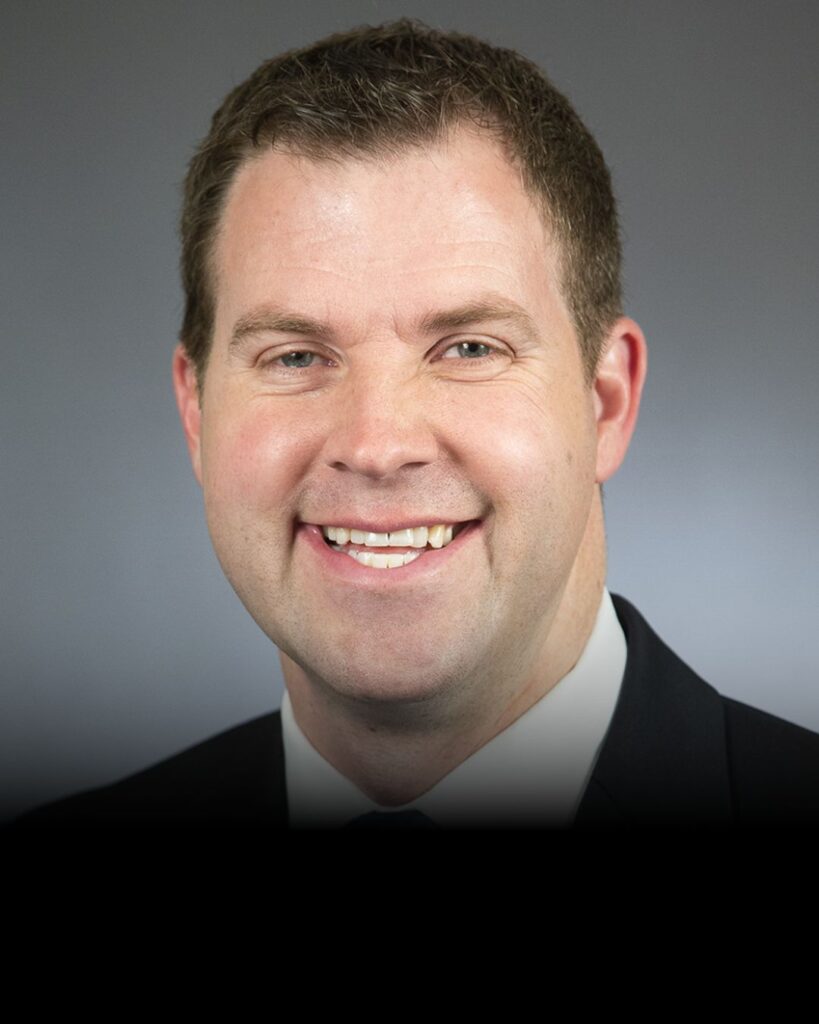
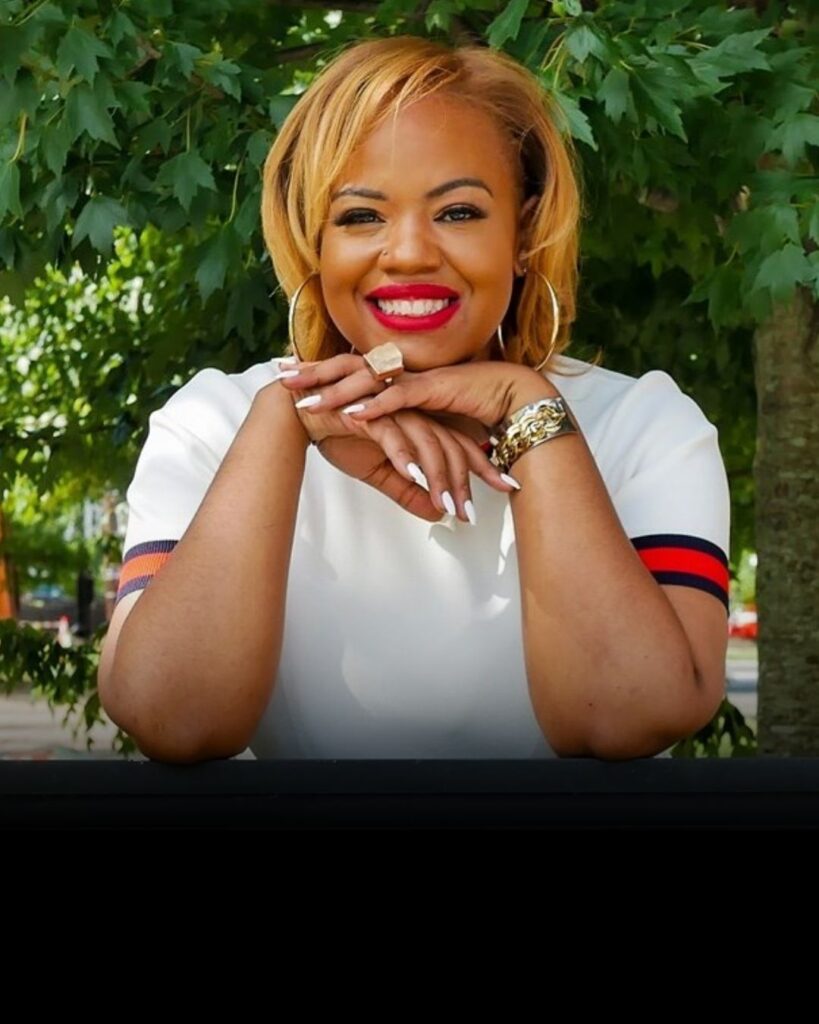
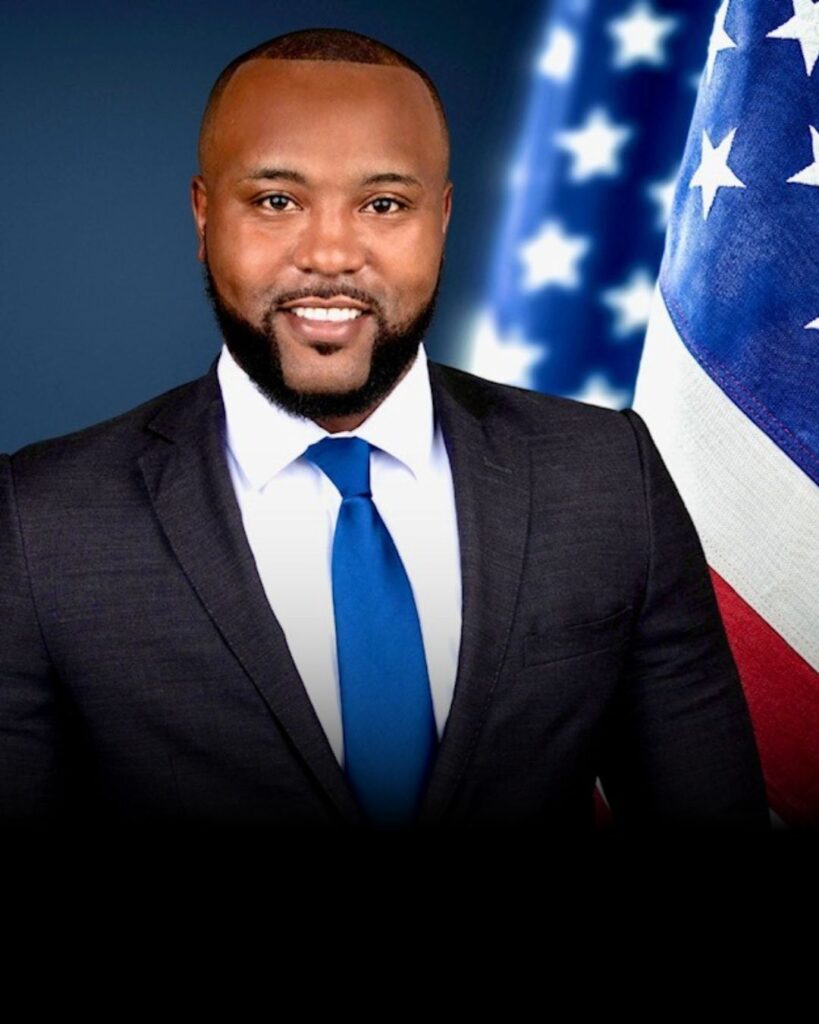
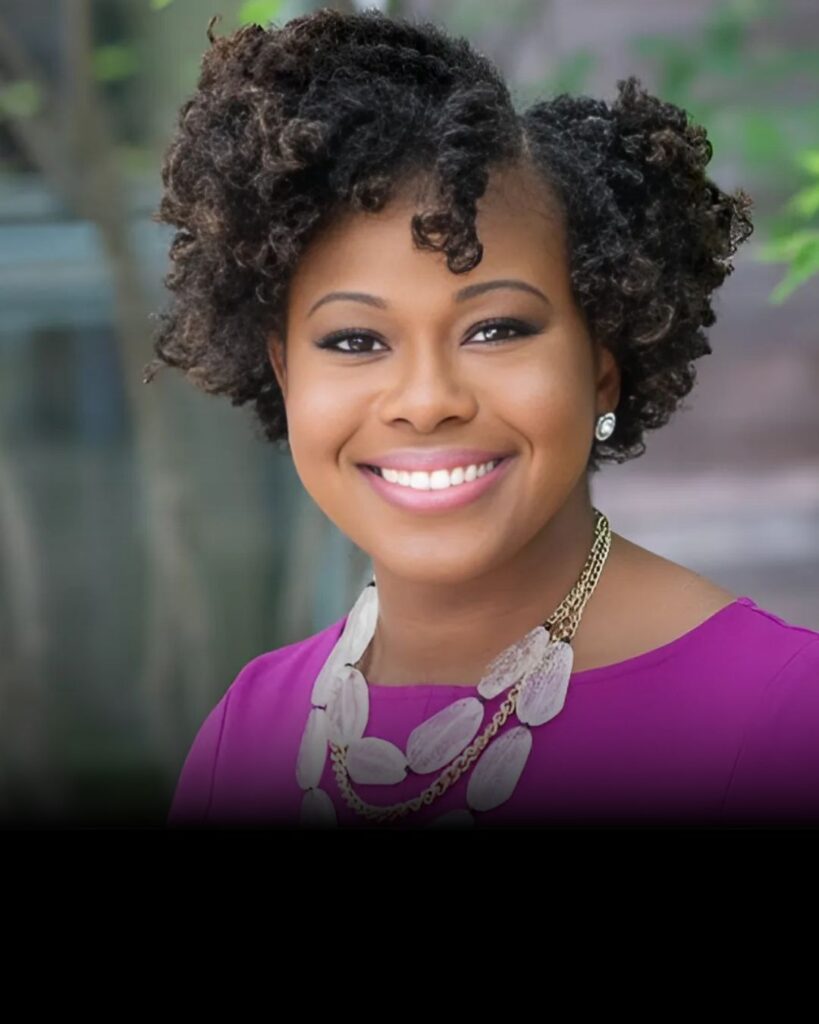
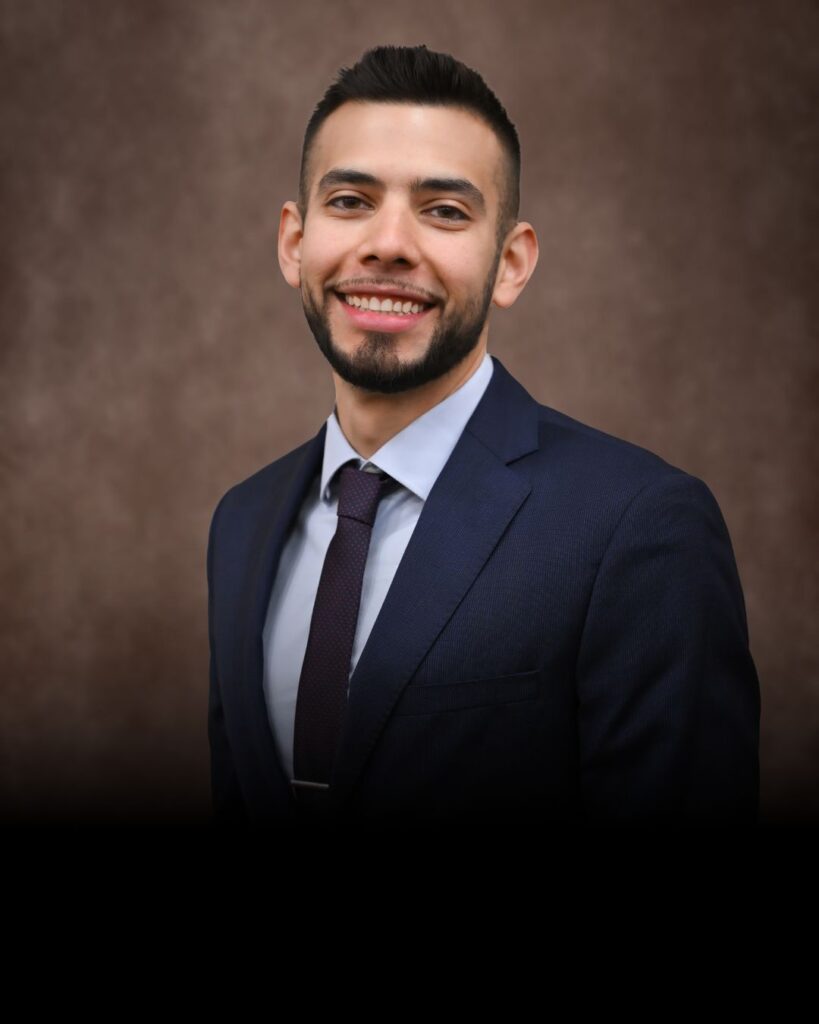
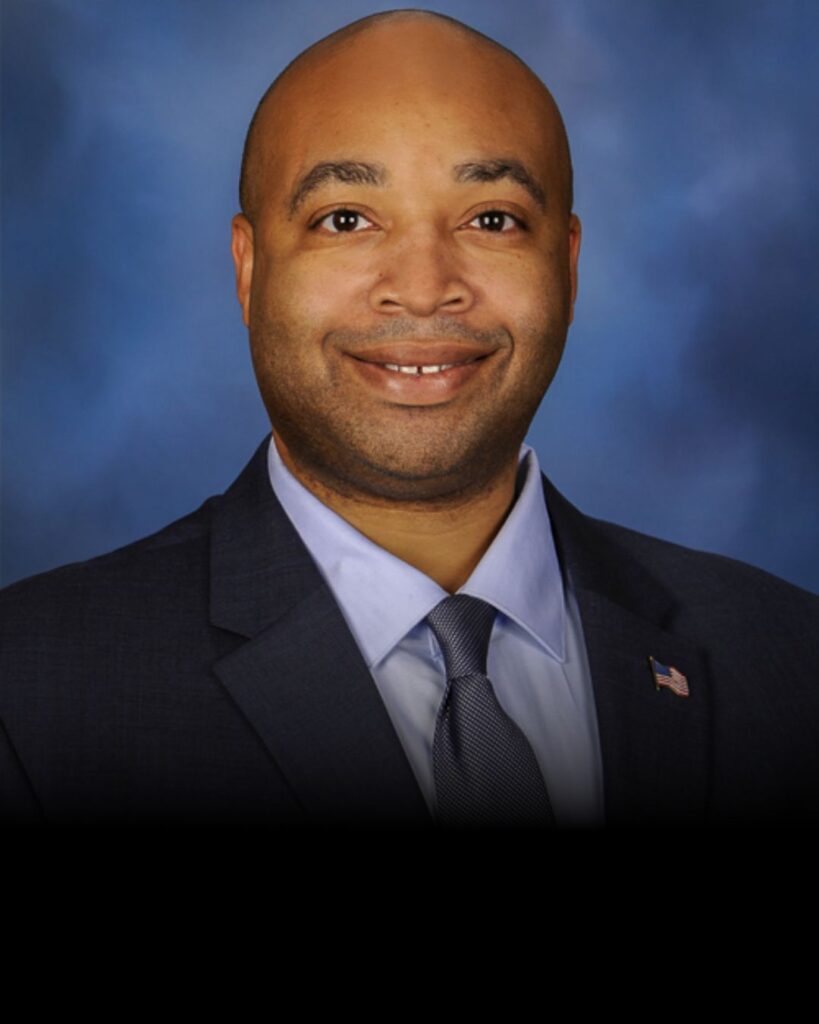
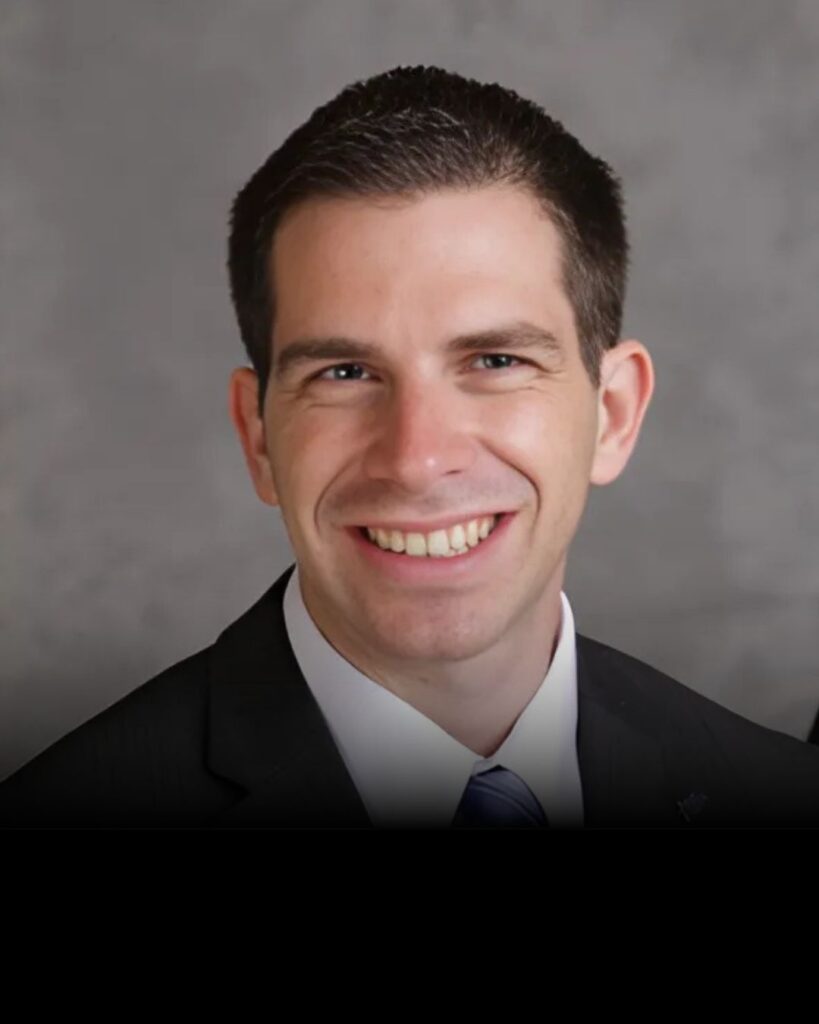
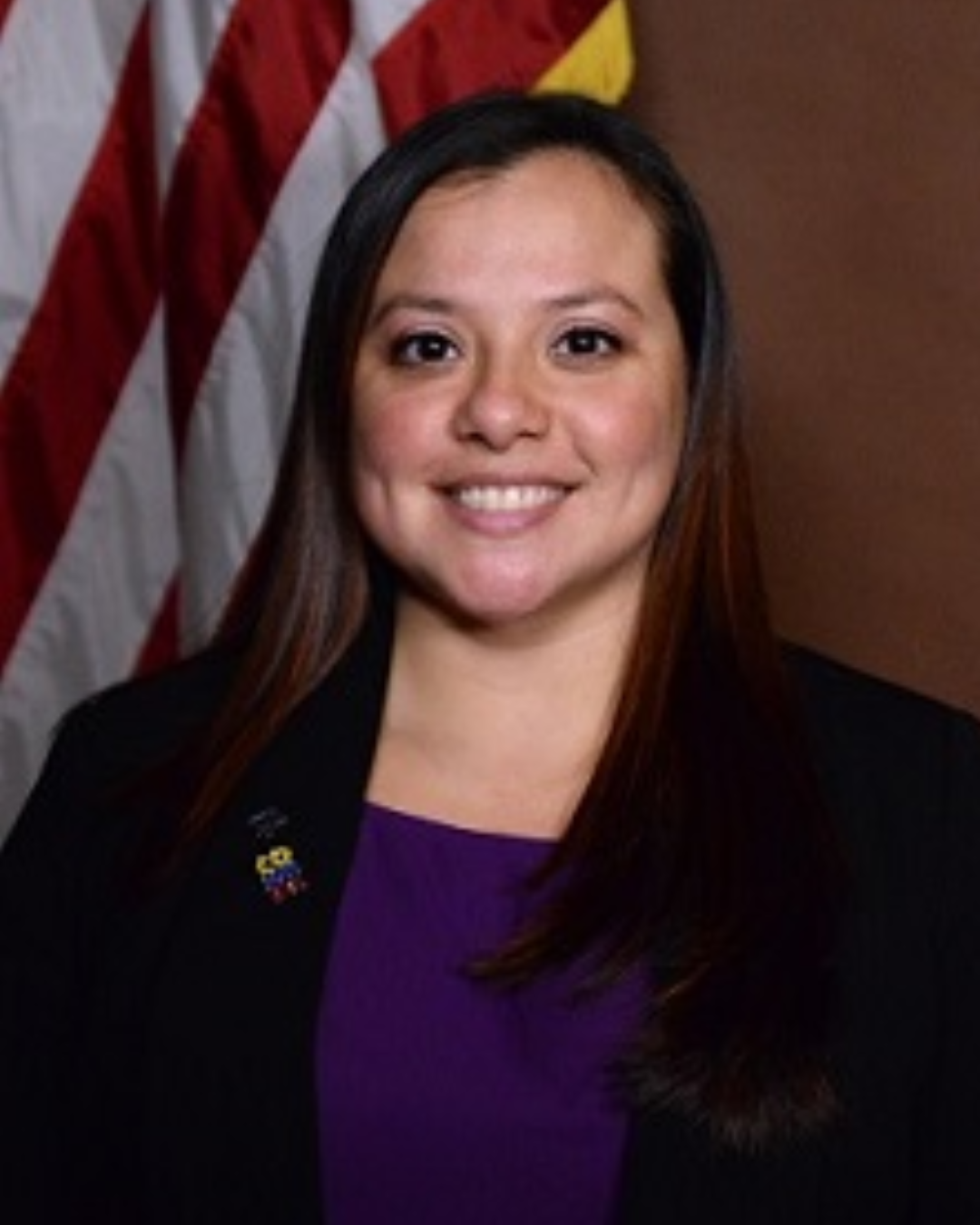
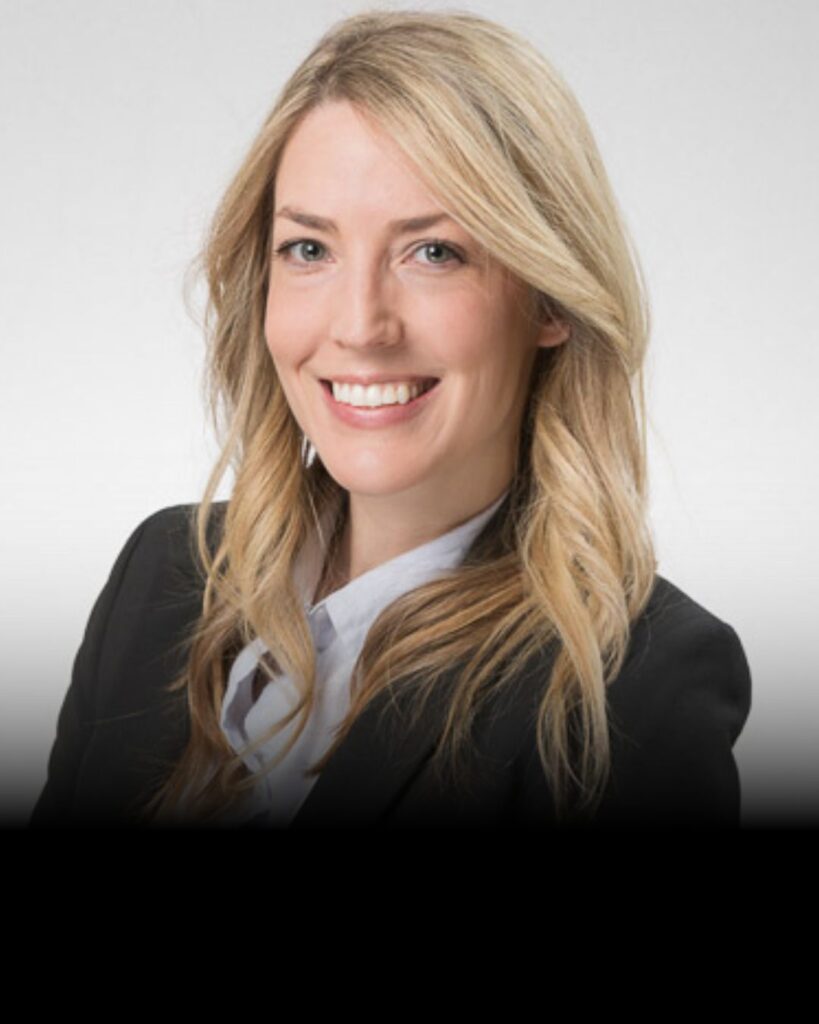
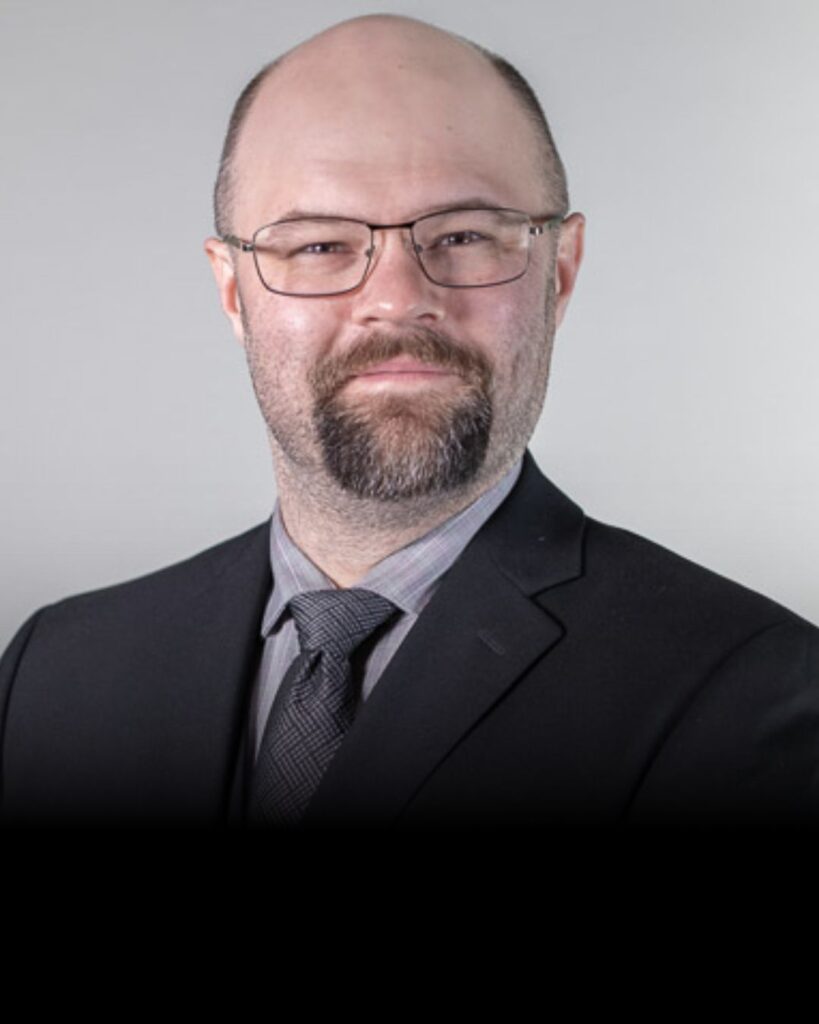
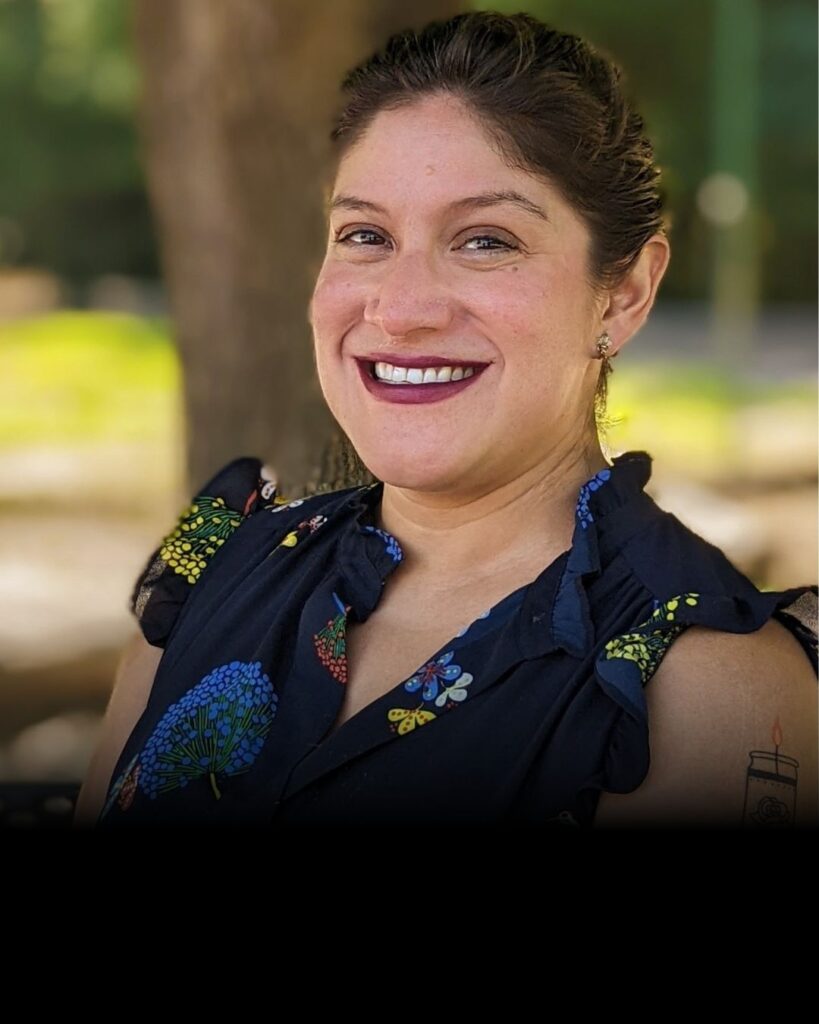
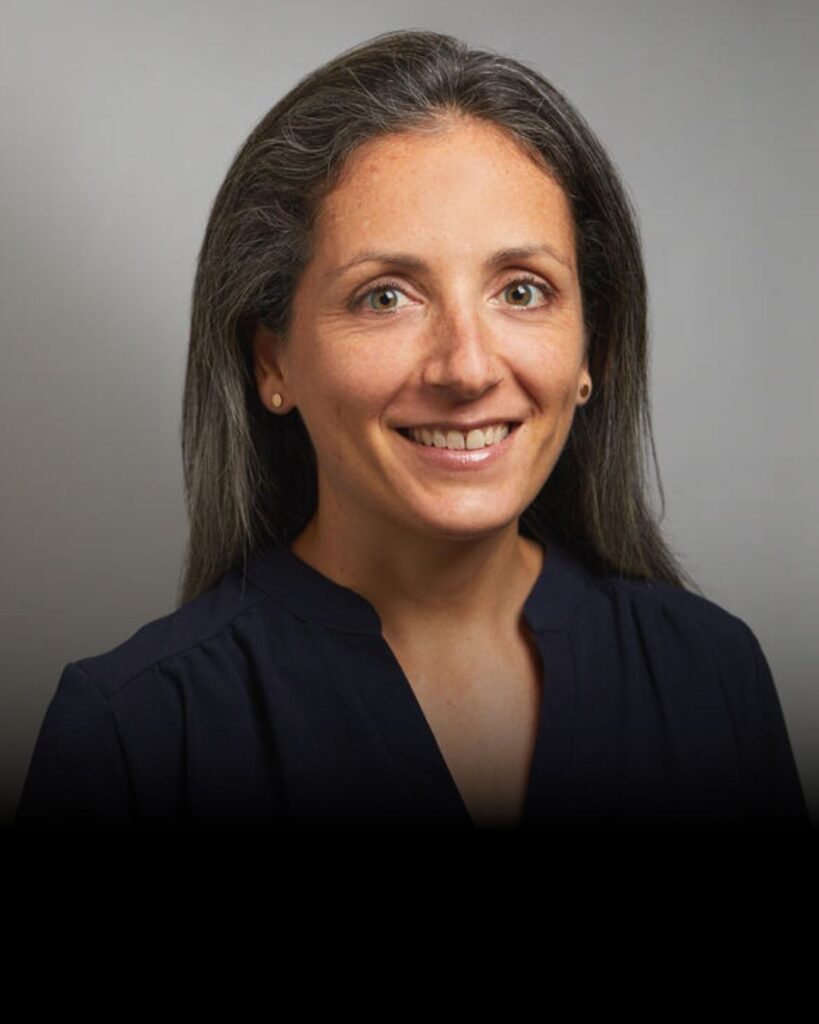
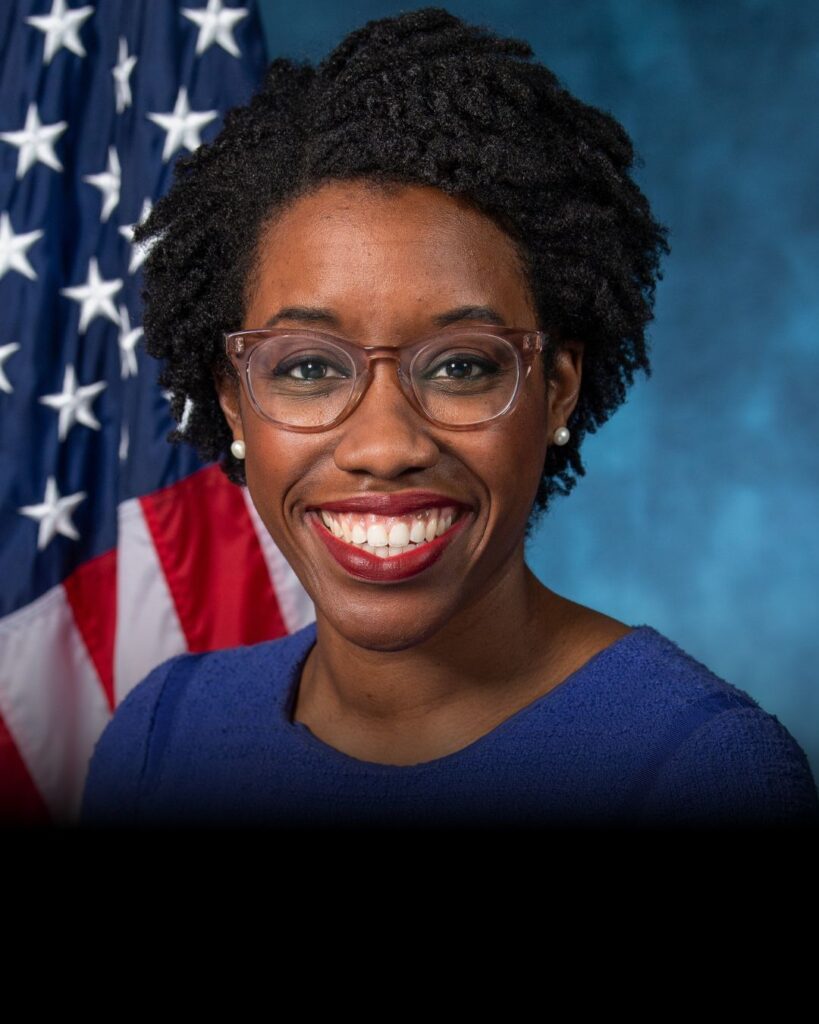
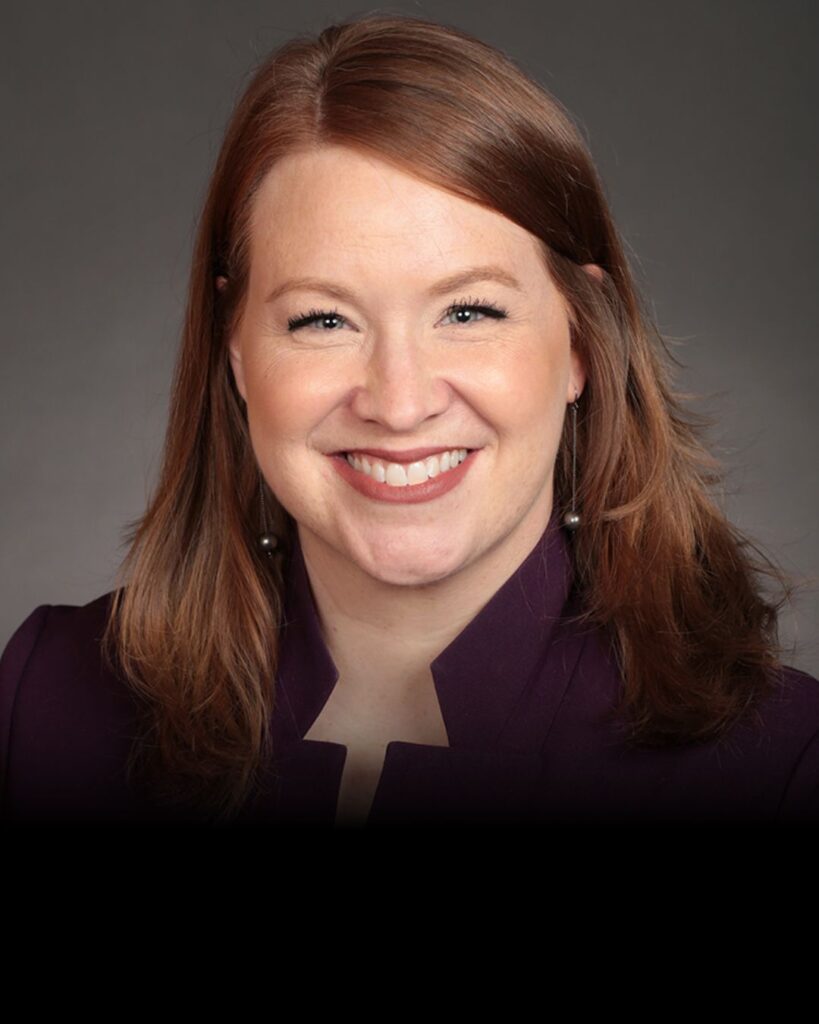
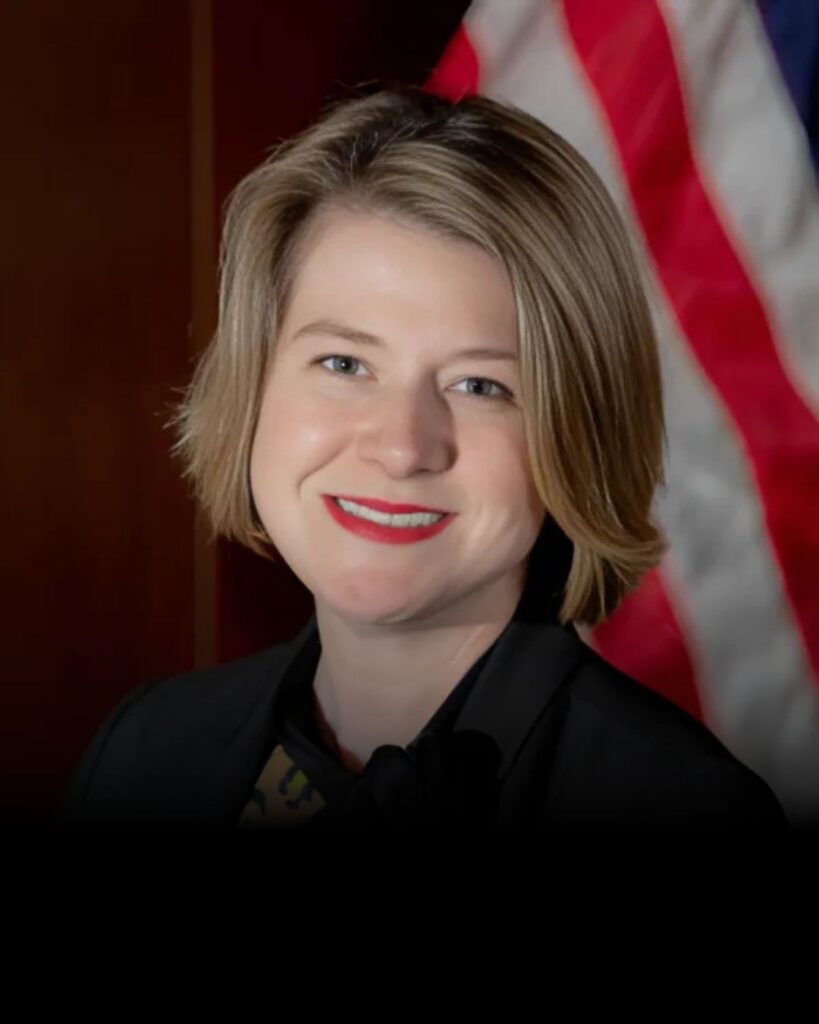
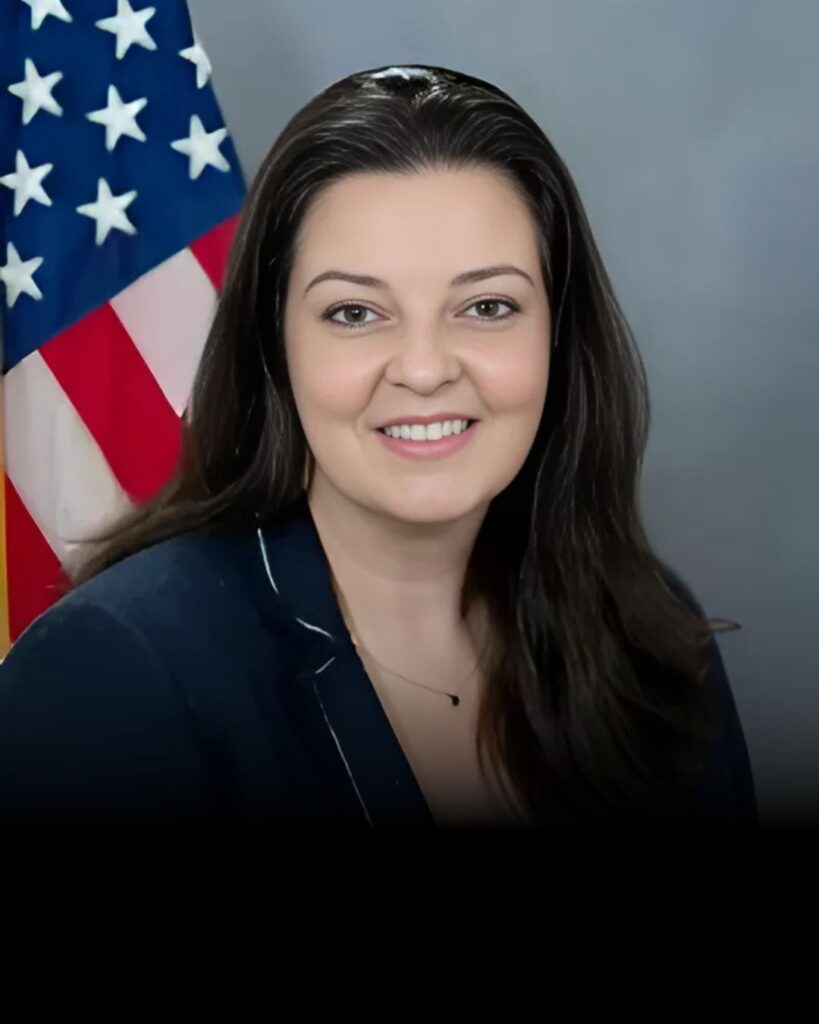
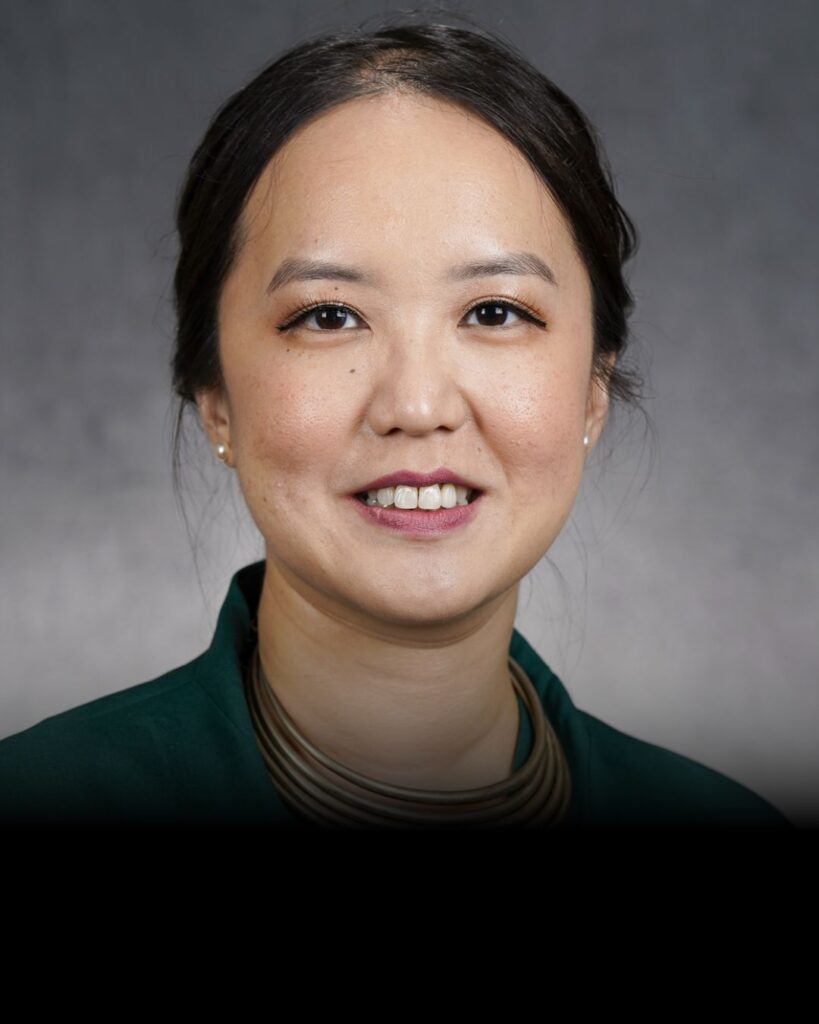
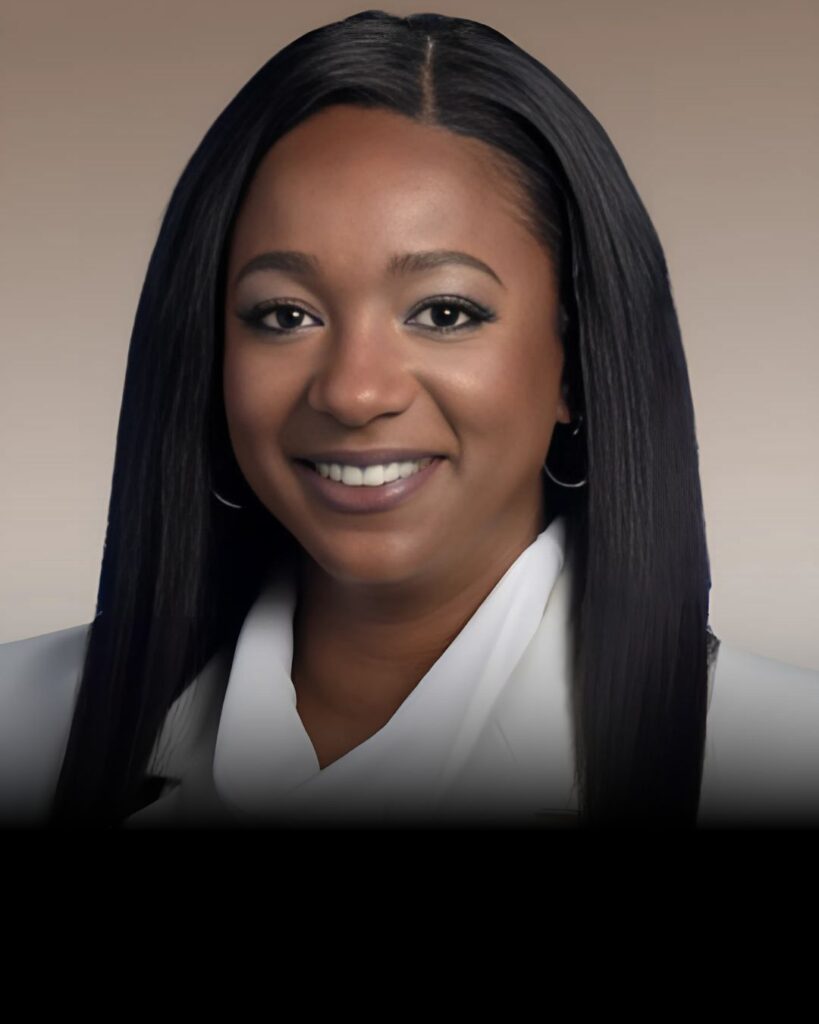
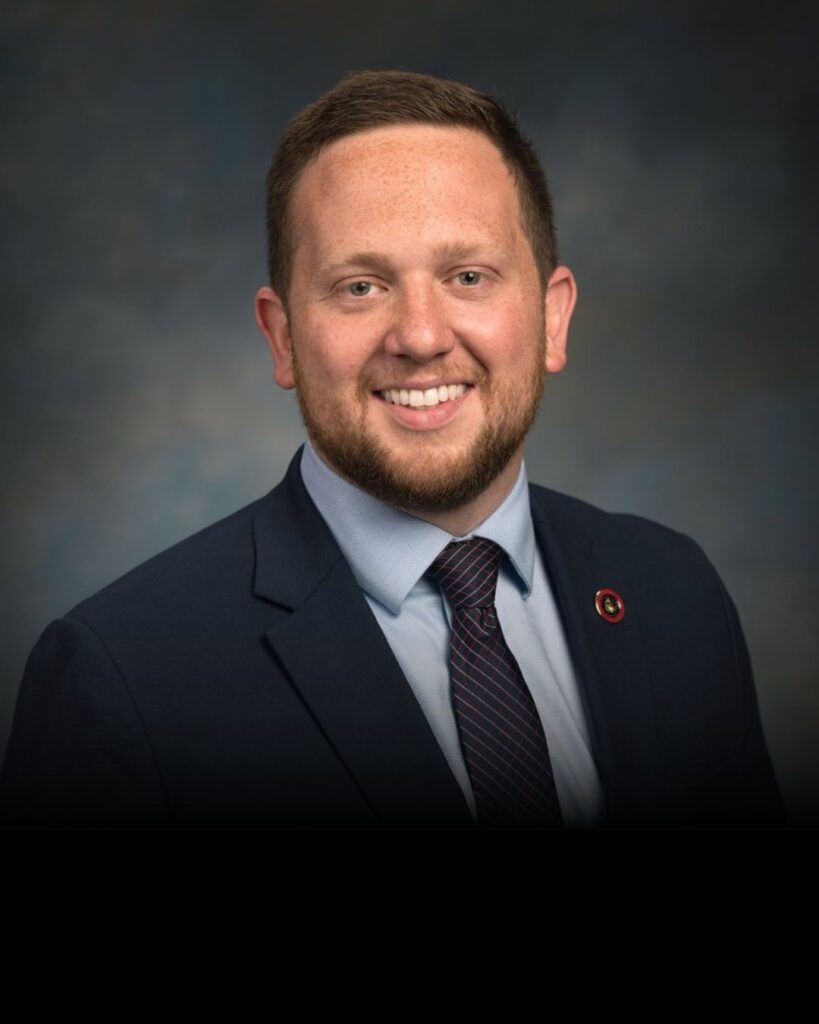
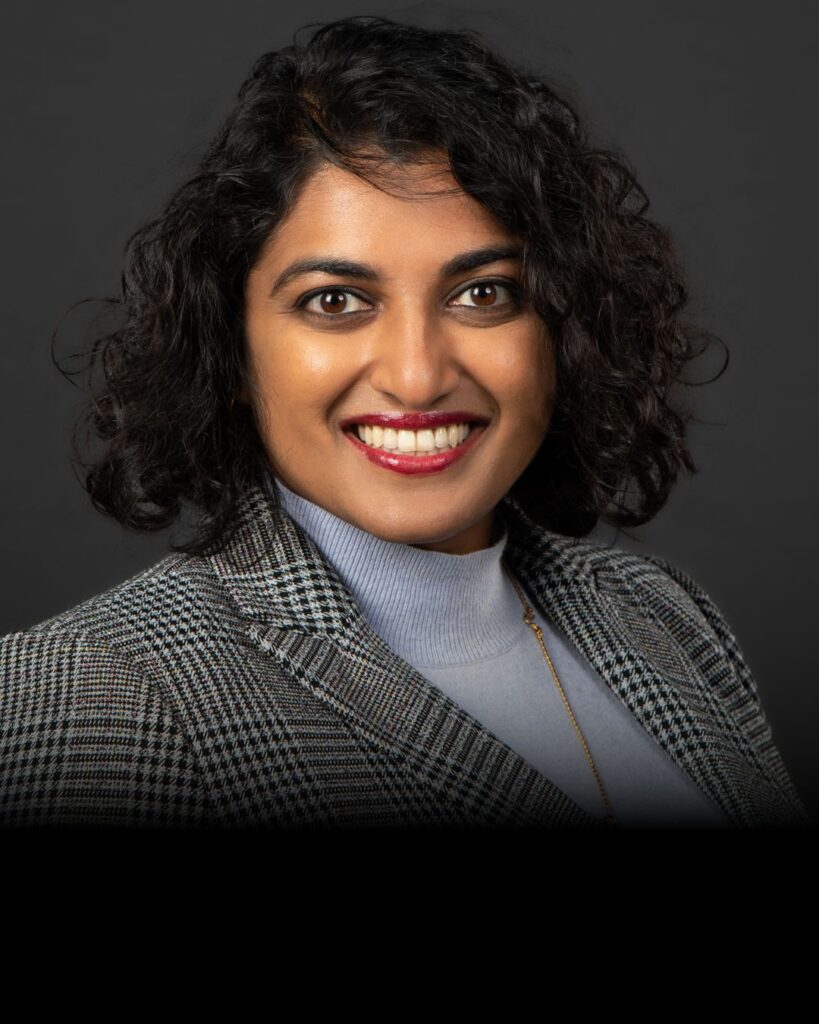
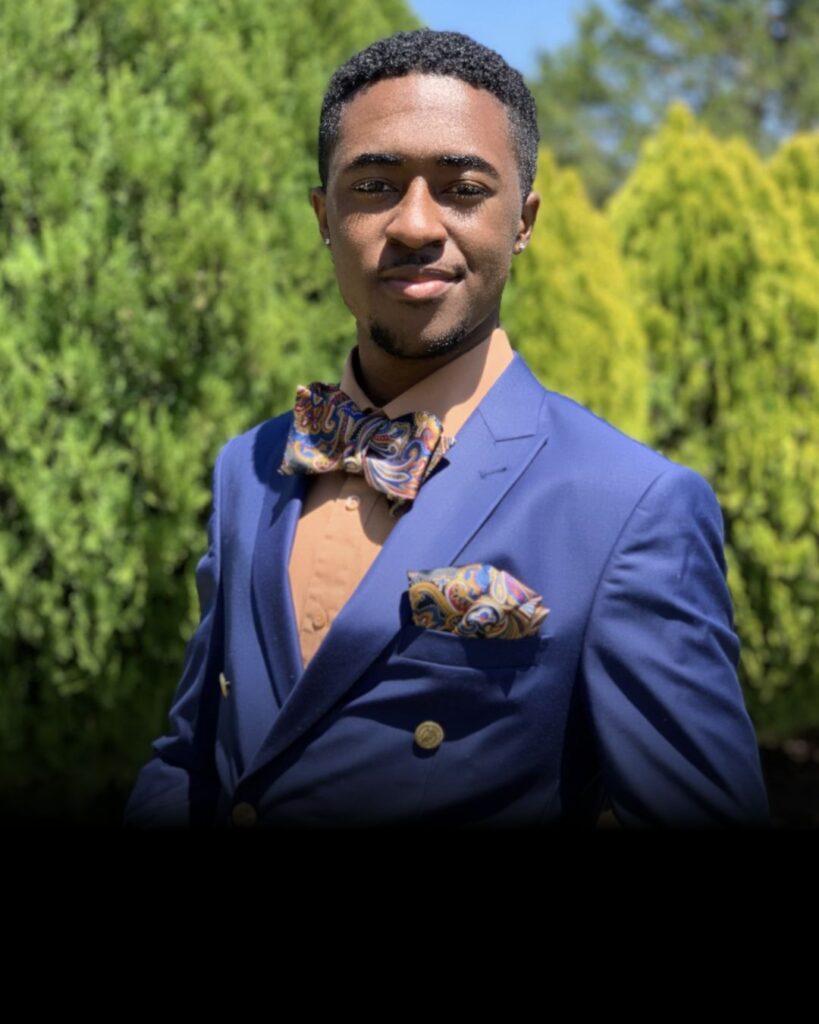
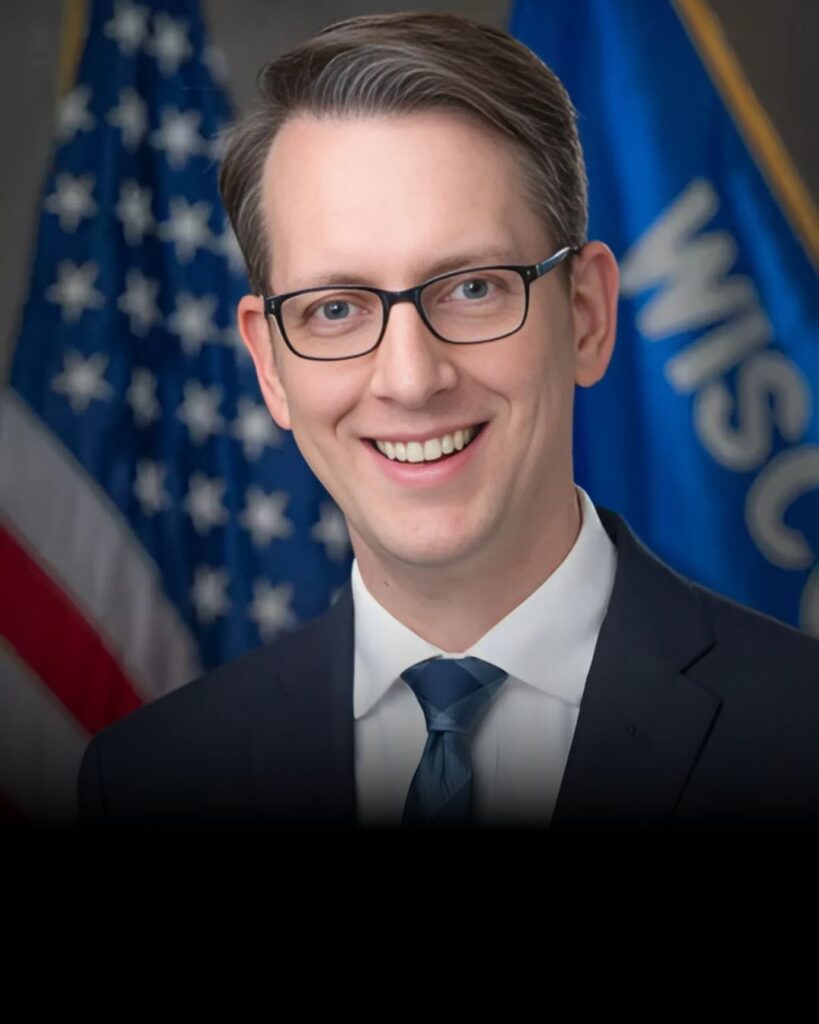
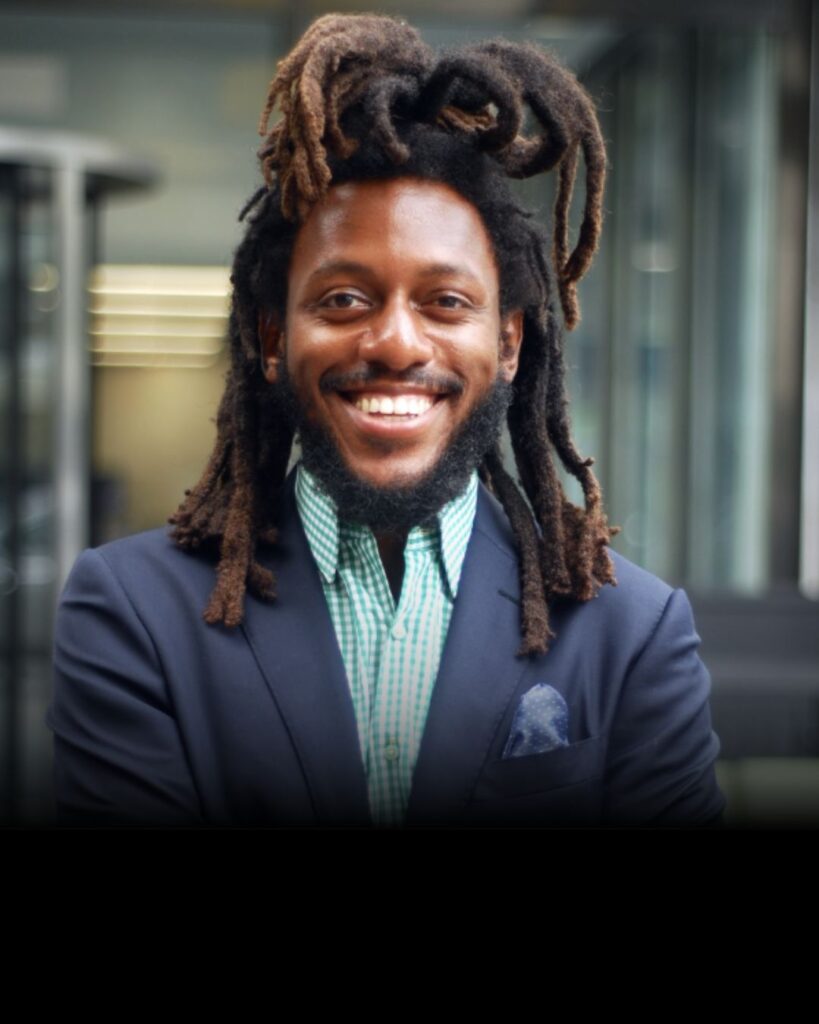
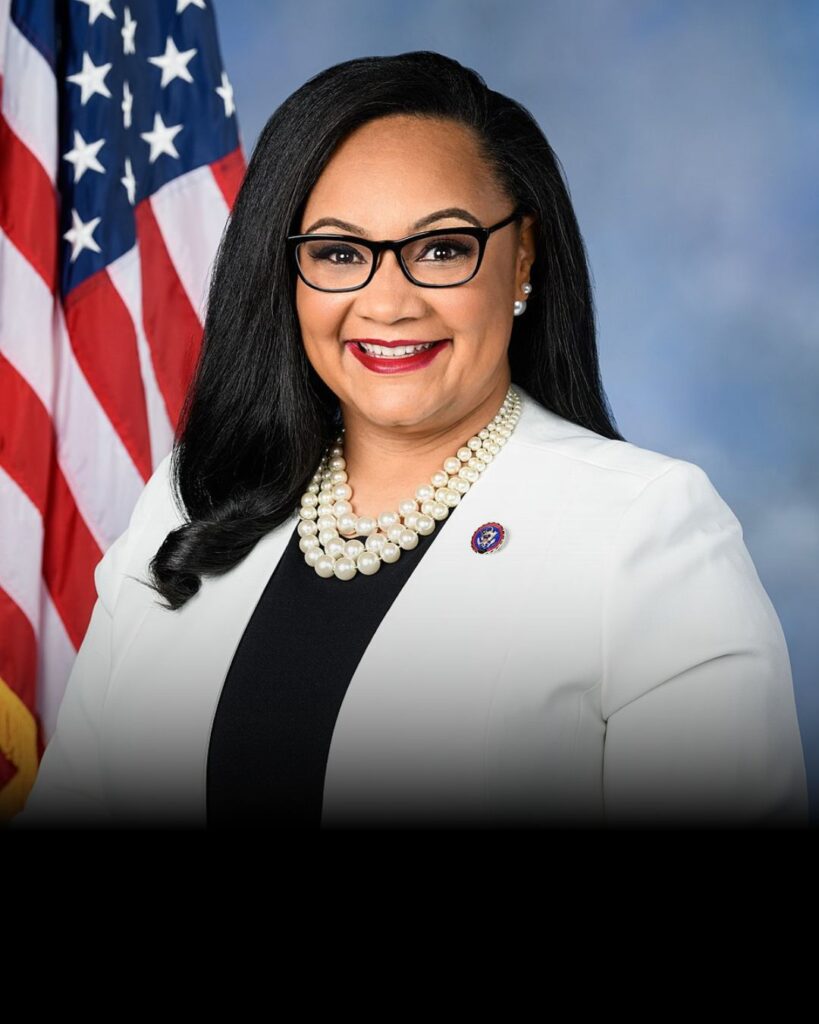
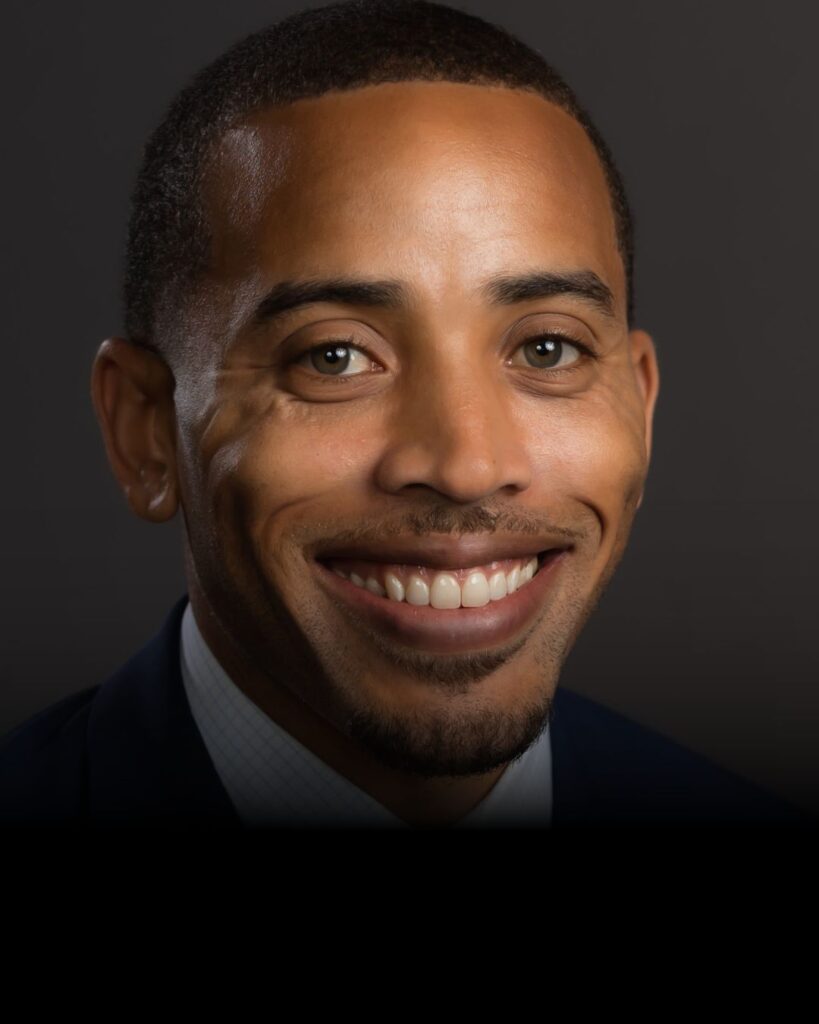
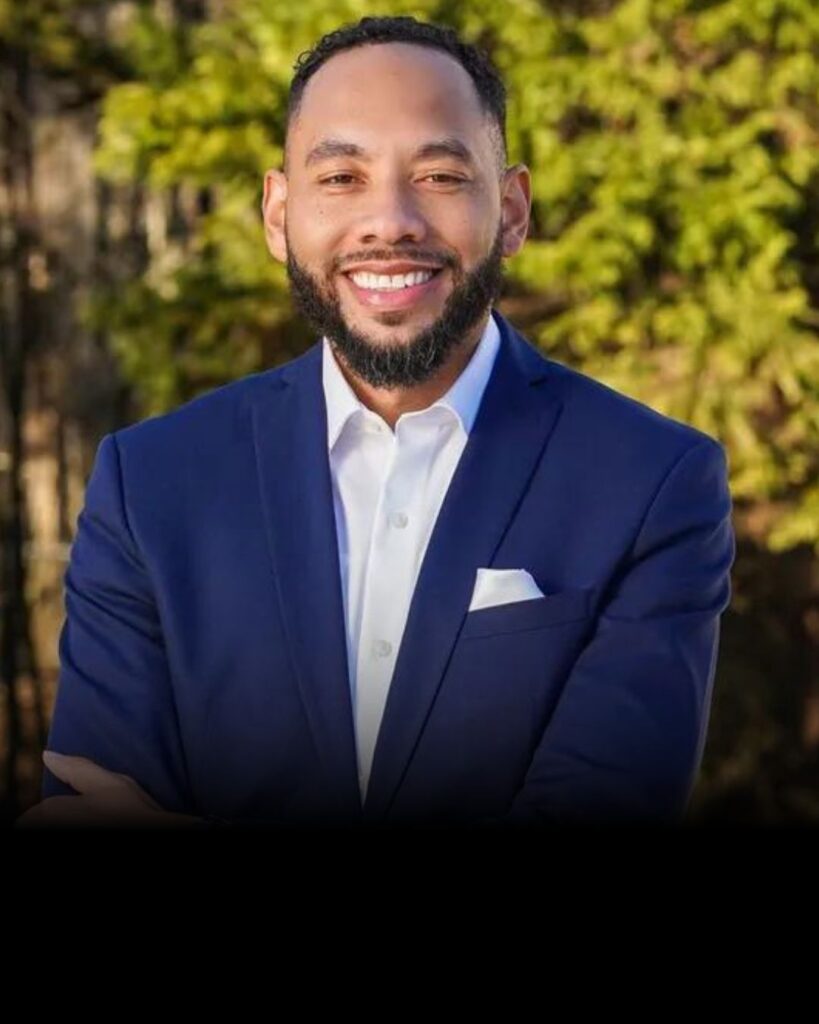
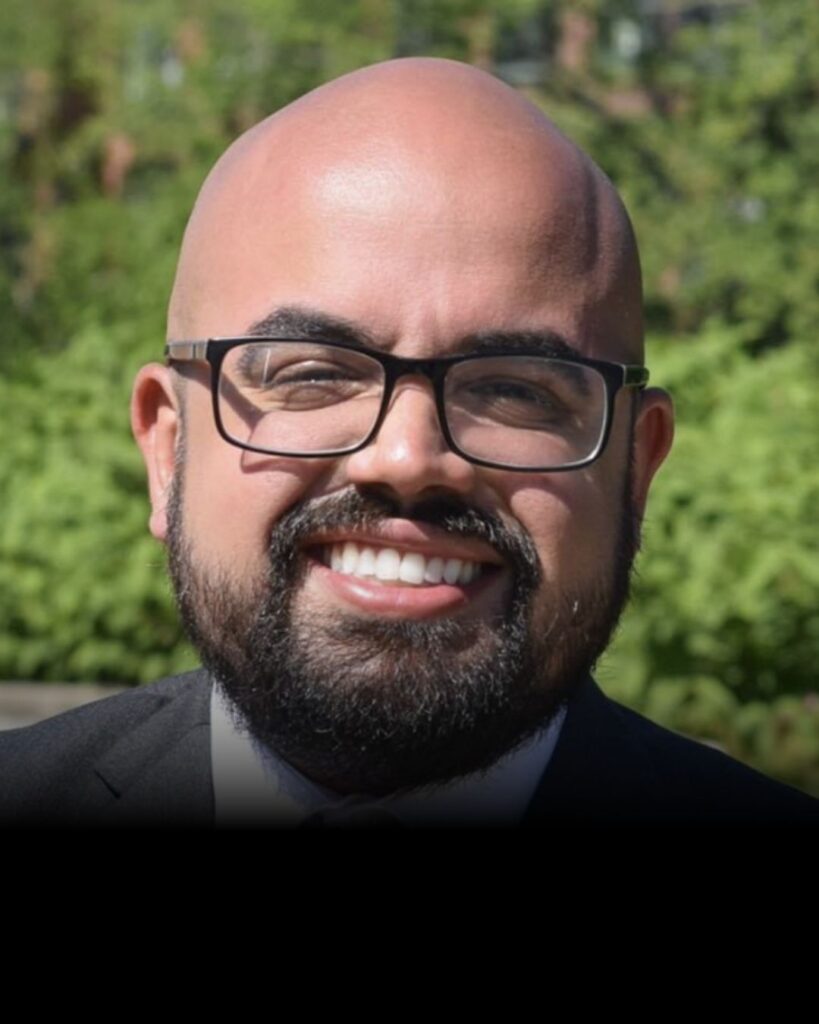
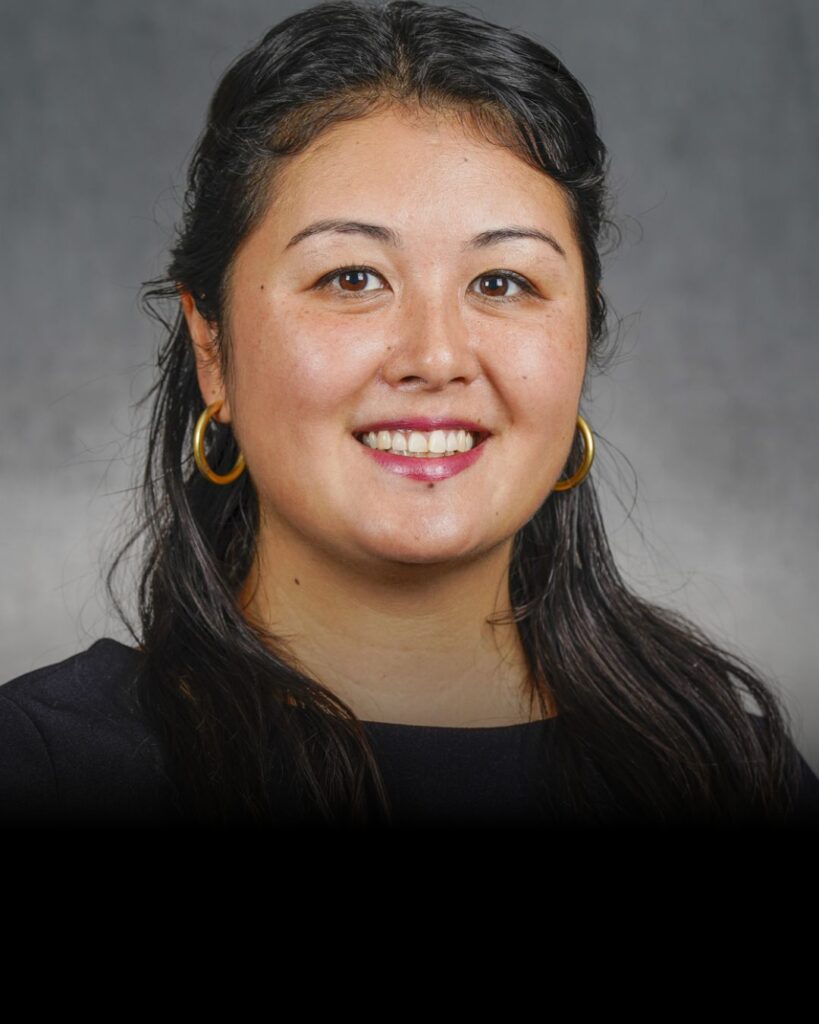
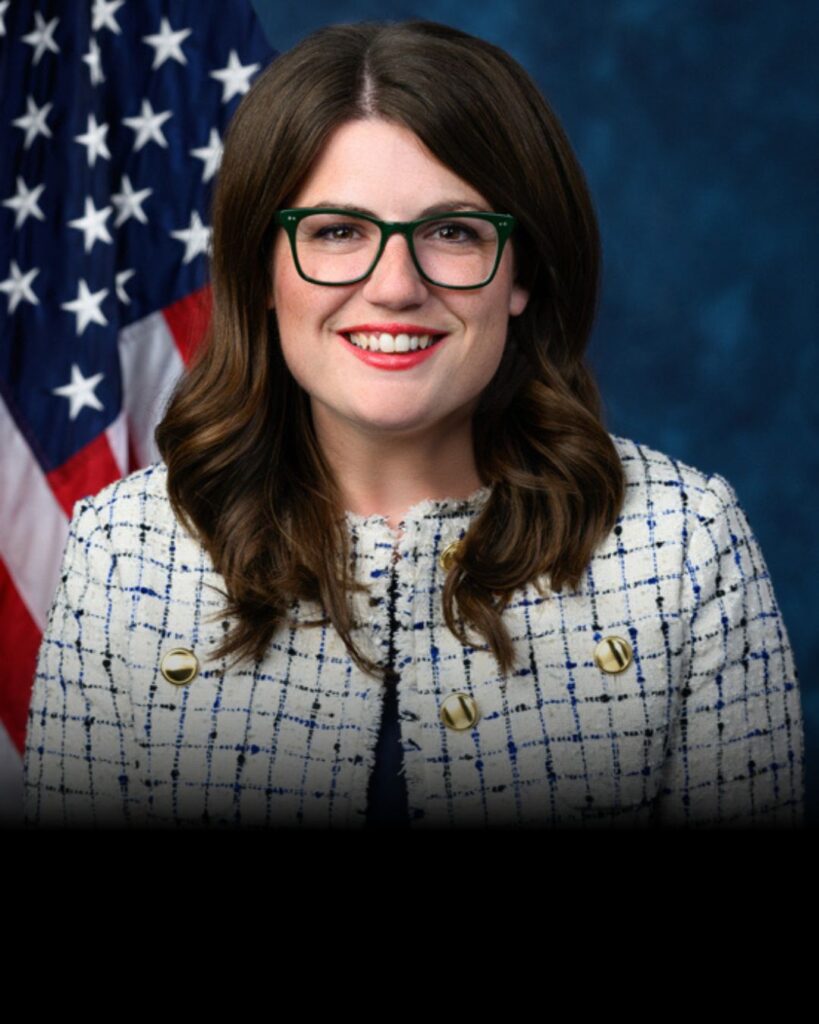
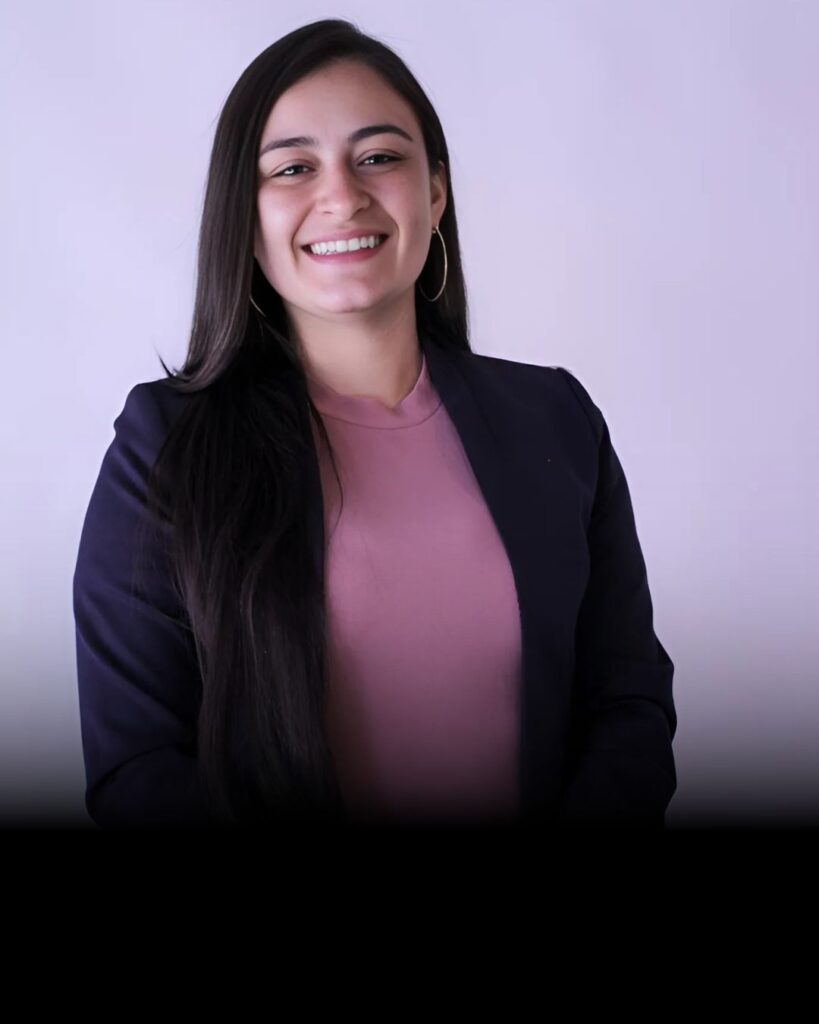
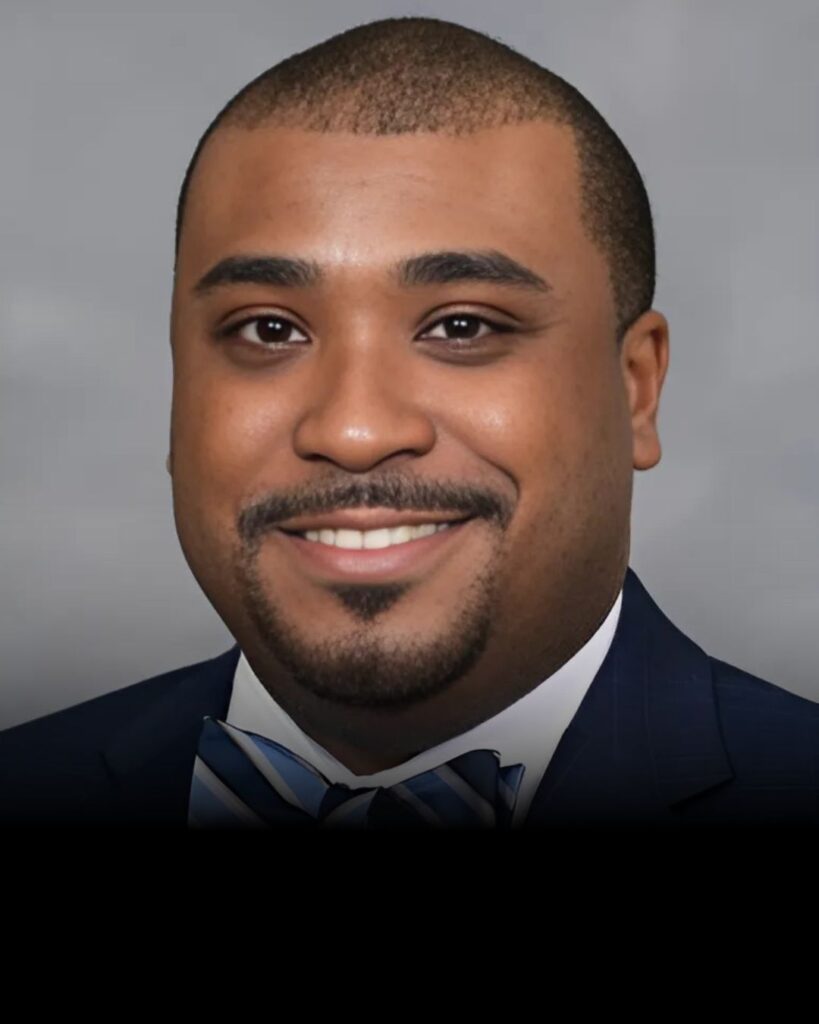
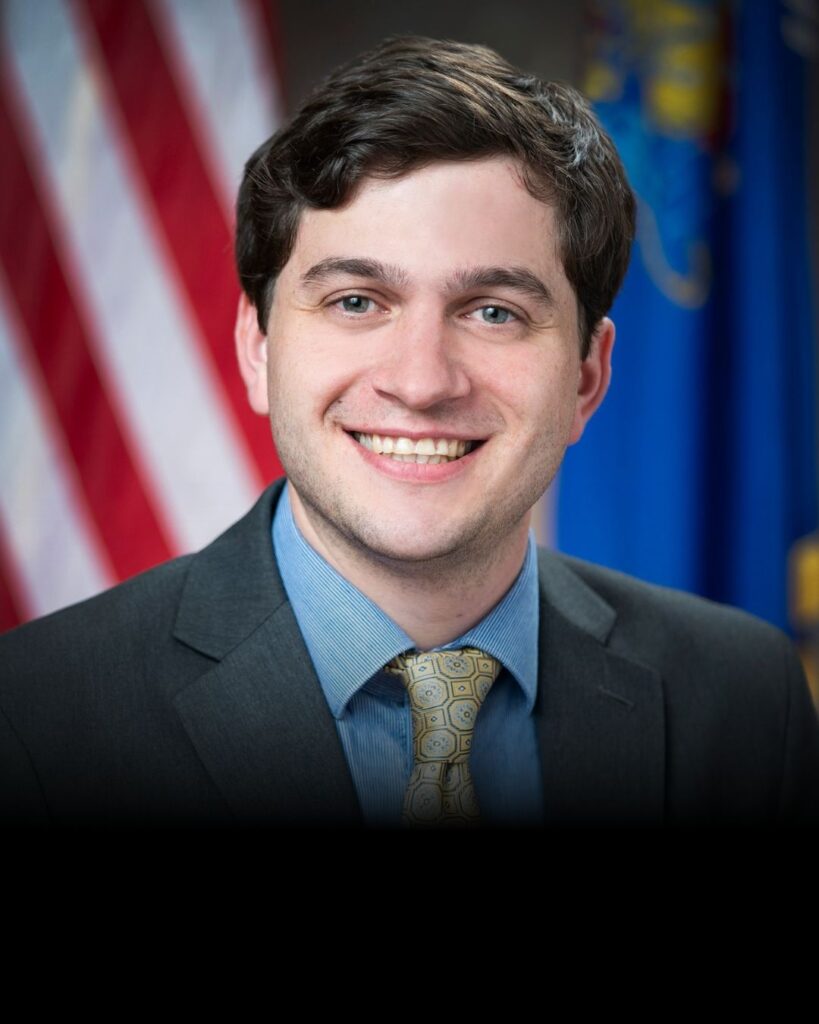
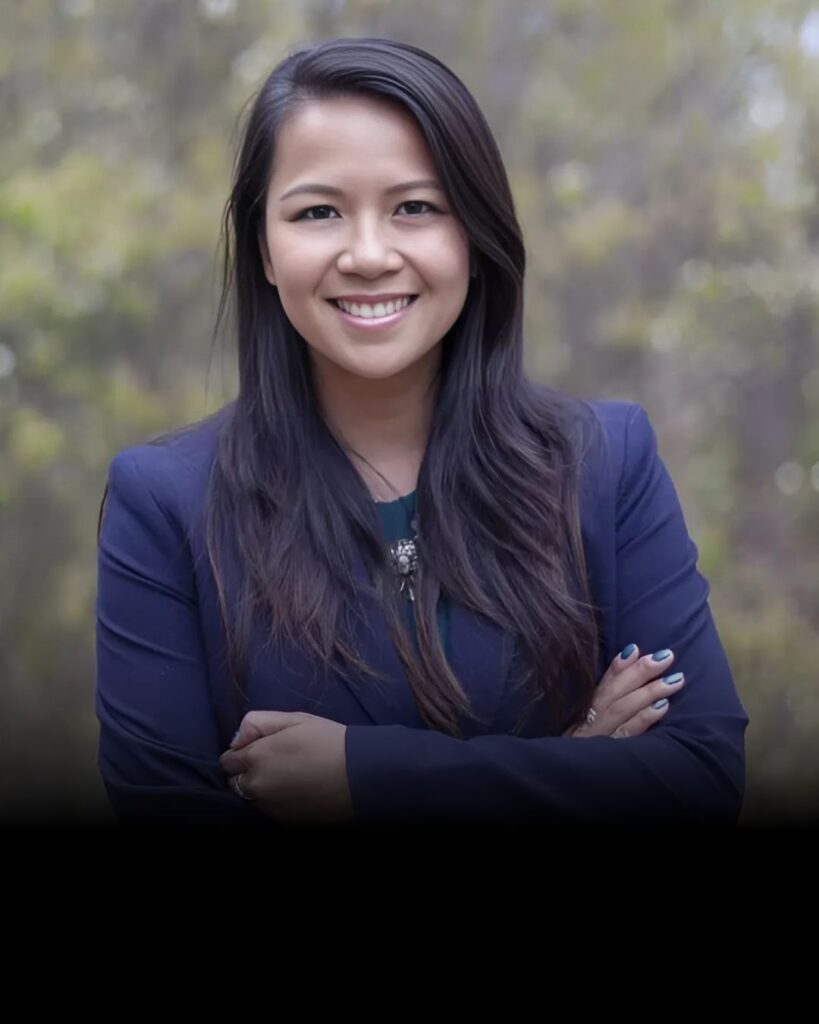
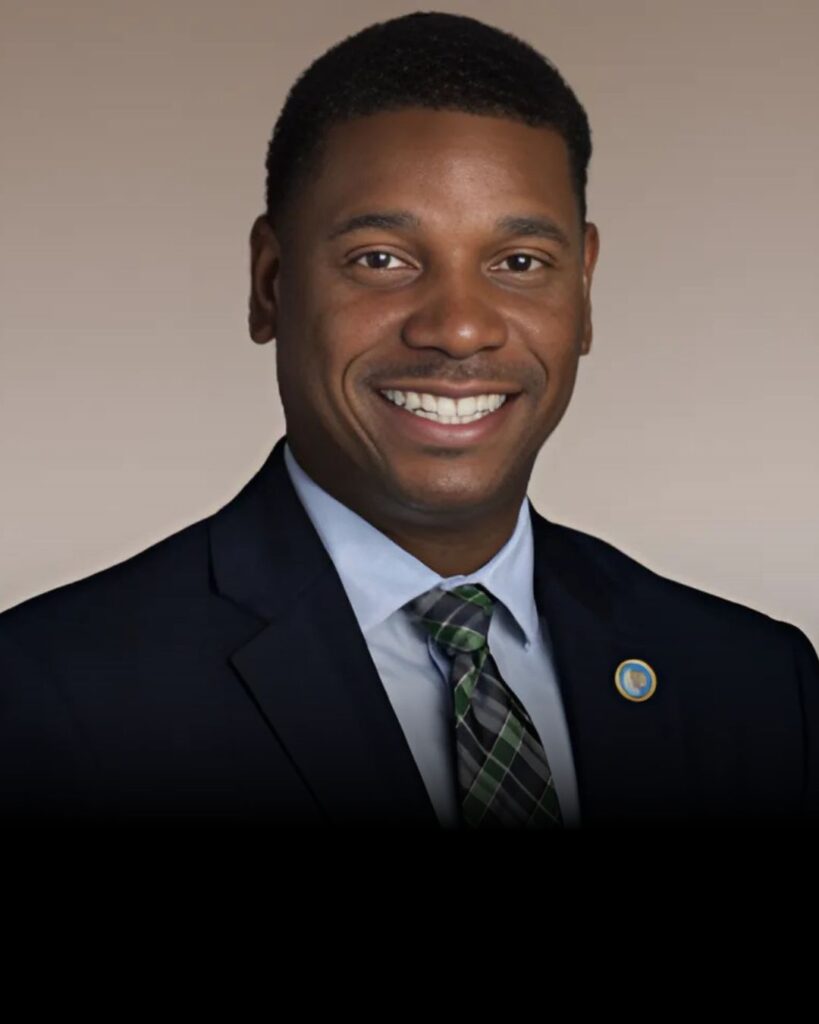
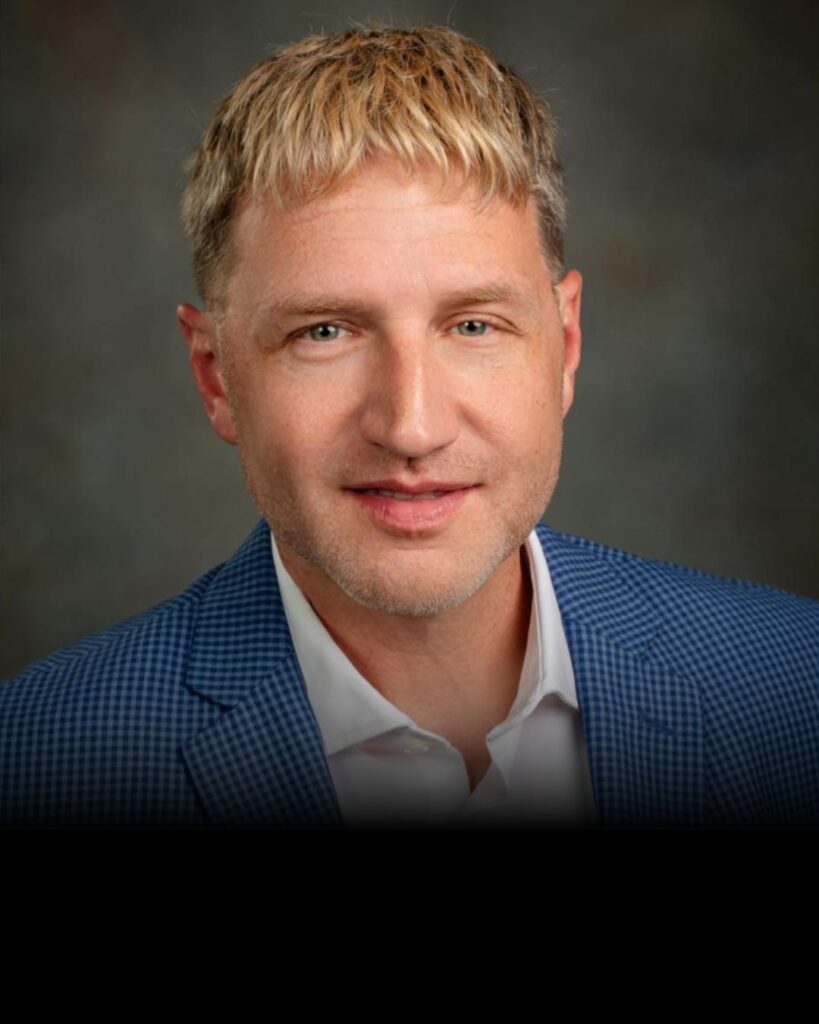


To every NLC alum who ran this election cycle: thank you. Win or lose, your decision to step into the arena and fight for your community is a testament to your courage and commitment to progress. Your dedication inspires us all to keep striving for a brighter, more equitable future. You embody what it means to be a leader for change.
But the work doesn’t stop here.
Movements for social and political change extend far beyond Election Day. At NLC, we understand that progress isn’t achieved by a single leader but through a powerful network of local changemakers working together to create lasting impact. That’s why our six-month, no-cost training equips Fellows with the tools, strategies, and resilience needed to drive progress and lead with purpose.
The next generation of NLC leaders—our 2025 Fellows—are stepping forward with bold visions for their communities. They’re preparing to take on challenges, disrupt harmful systems, and lead with intention. These are the leaders who will shape the elections of tomorrow, and with the training and support of the NLC network, they’ll be ready to win.
Together, we are building a movement that lasts—not just for one election, but for generations to come.
More Blog Posts from NLC
Generations of Leadership: Karen, Kytana & Kyrsten Giving Back Together
At New Leaders Council, we know that leadership often runs deep through families, and this Women’s History Month, we’re celebrating…
Black History, Black Future: Jamarr Brown
Jamarr Brown’s (NLC Atlanta 2011) leadership journey is a testament to the transformative power of advocacy and community mobilization. From…
Black History, Black Future: Kamilia Landrum
Black leadership is about legacy, resilience, and the ability to create lasting change. Few embody this as powerfully as Kamilia…
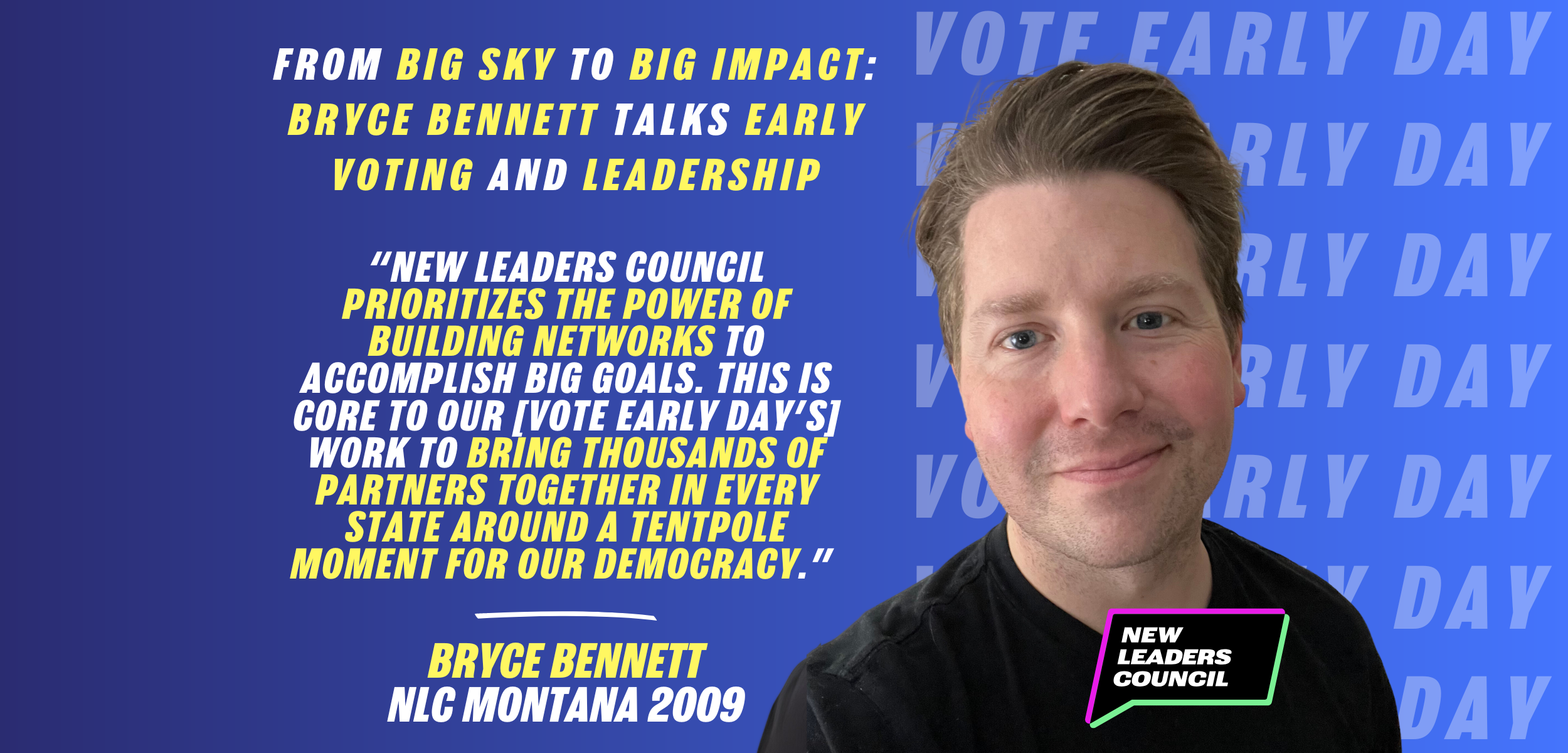
January 3, 2025
Bryce Bennett (NLC Montana 2009) has been Executive Director of Vote Early Day since August 2021. We asked him a few questions about his work with Vote Early Day, his transition from one side of the US to the other, and the importance of early voting.
In your own words, why is Vote Early Day important?
Vote Early Day provides a central moment for partners from all walks of life to encourage Americans to share their voices in our democracy. It’s a day of action and celebration for our democracy, where people organize events, share messages online, and push their friends and neighbors to cast their ballots ahead of Election Day. With so many potential barriers that people can run into when they wait until the last minute to vote, early voting ensures no one is left out of any election. Vote Early Day also encourages fun events organized on the day, which allows those turned off by the negative nature of politics to join in, lowering the barrier to entry into our democracy.
NLC thrives on cross-sector leaders, how is cross-sector leadership important to the success of Vote Early Day?
Vote Early Day brings together businesses, nonprofits, campus groups, media companies, election administrators, sports teams, and other partners from every sector of the nation. We do this because we believe that meeting voters where they are with the tools to vote early is vitally important to their ability to cast their ballot worry-free. While political junkies will get countless reminders to vote, it may take messaging from a favorite store, coffee shop, basketball team, or student government to get that information into the hands of those who do not follow the news closely.
How did New Leaders Council help prepare you for this role?
The New Leaders Council prioritizes the power of building networks to accomplish big goals. This is core to our work to bring thousands of partners together in every state around a tentpole moment for our democracy. I am grateful for the wide network of business, nonprofit, and political leaders this organization has helped me connect with.
What was the transition from Montana to Washington DC like?
Before I moved to Washington DC, I had spent my entire life in Montana. Moving to the big city was never in my plans, but it felt like an opportunity I needed to embrace new life experiences and grow my work to empower voters on a national stage. It took me a while to master public transit, build new connections, and learn how people interact on the East Coast, but it’s been worth it. I’ve found community here in DC, and I’m eager to explore it even more as I continue to grow in this role and in this city.
You’ve lived in states such as Montana then more dense areas such as Washington DC, what is something in common related to early voting that spans geography (rural vs city)?
The wide appeal! Every year, we see more and more people embracing early voting wherever there are opportunities. Whether people are voting in rural Montana or downtown DC, they continue to show up in droves to cast their ballot in person or by mail ahead of Election Day.
Why is it important to vote early?
When people vote early, they can cast their ballot at a time that is convenient for them. When people wait until Election Day to cast their ballot, they can run into hurdles like long lines, last-minute emergencies, confusion around changed election laws, or voter dis/misinformation. Voting early allows voters to overcome these hurdles and ensure their voice is heard.
Some states have shortened early voting, any tips for advocating for longer periods?
Election administrators from both political parties are amazing allies and advocates in telling the story about the positive impact of early voting on decision-makers. They remind us that it not only adds more options for voters but also reduces Election Day lines and polling place tension, which our election leaders strongly support. At Vote Early Day, we actively work with election administrators from across the political spectrum to ensure we can be the best resource possible to voters for all the options they have to vote early.
What else should we know about your work?
I hope everyone will visit www.voteearlyday.org to learn about our 3,500+ partners’ fantastic work empowering over 85 million people to vote early in this year’s election. Recruitment for Vote Early Day 2025 starts soon!
Thank you Bryce for sharing your story with us. Comment on our post on social media and let us know if you prefer to early vote or if you’ve made a transition to another NLC city like Bryce. We’d love to hear from you.
More Blog Posts from NLC
Generations of Leadership: Karen, Kytana & Kyrsten Giving Back Together
At New Leaders Council, we know that leadership often runs deep through families, and this Women’s History Month, we’re celebrating…
Black History, Black Future: Jamarr Brown
Jamarr Brown’s (NLC Atlanta 2011) leadership journey is a testament to the transformative power of advocacy and community mobilization. From…
Black History, Black Future: Kamilia Landrum
Black leadership is about legacy, resilience, and the ability to create lasting change. Few embody this as powerfully as Kamilia…
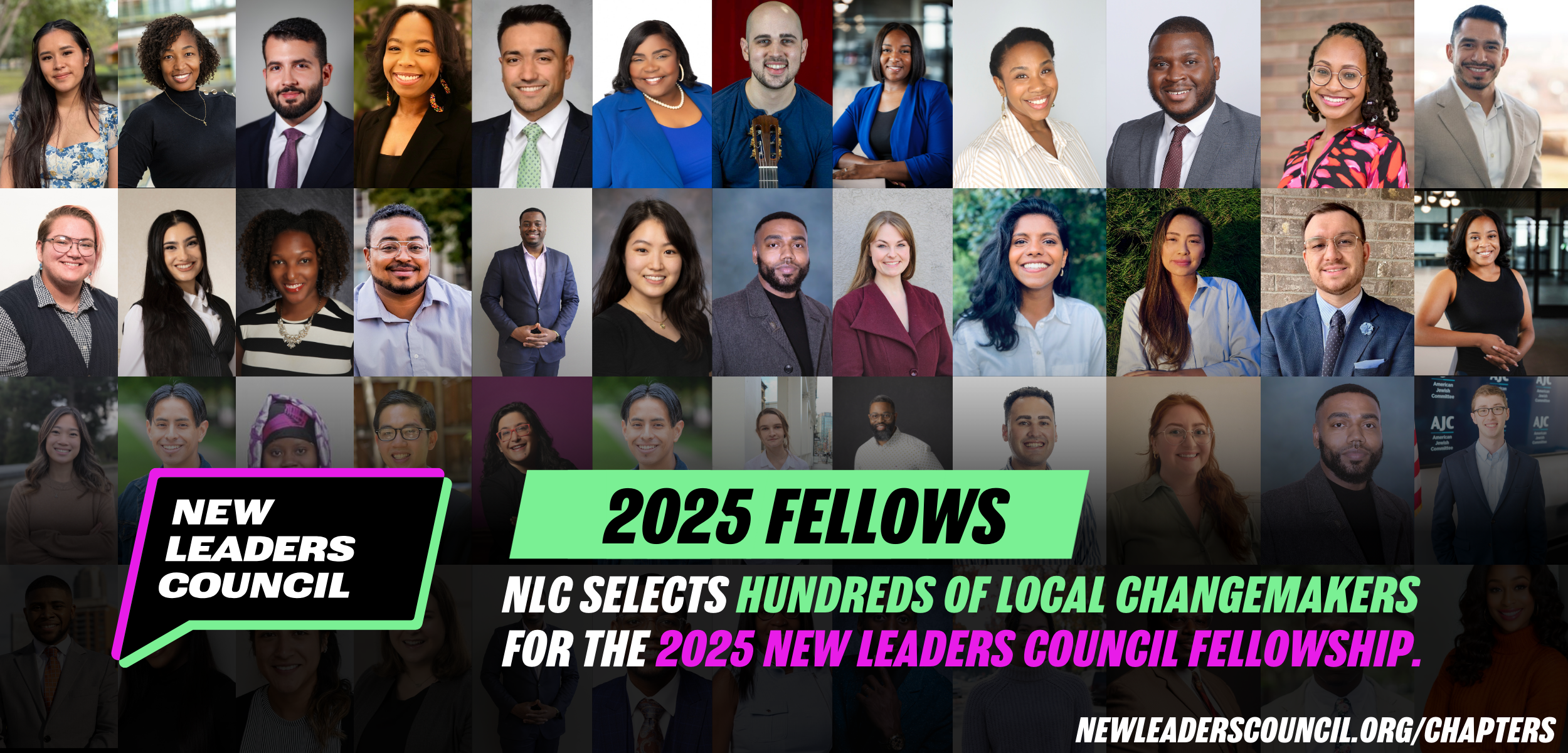
December 13, 2024
With almost two decades of training and connecting leaders in cross-sector industries, New Leaders Council has built a movement of proximate leaders that center equity and create positive impact in local communities across the country. New Leaders Council alumni are in every room, across every corner of our country. In state capitals, leading their own organizations, opening doors wide for their communities, and building spaces that haven’t been designed yet.
Whether they work in public office, health, tech, non-profits, or other sectors, NLC alumni have connected and collaborated with others to make an incredible impact in their communities. Now, the 2025 NLC Fellows join them as a new kind of leader. During Institute, they’ll build lifelong relationships within their cohort and Chapter and be able to test out big ideas and create impact.
“The NLC experience is about more than just leadership development—it’s about forging connections and reimagining what’s possible,” said Ambar Mendez, Director of Programs and Operations. “Our Fellows aren’t just participants; they’re changemakers.”
Starting in January, Fellows will begin the NLC Institute, which is delivered in chapters throughout the country. The Institute creates space for intensive leadership development and meaningful connection with other changemakers – a key element in making lasting impact.
While every chapter’s Institute is six months long, the national curriculum is tailored to connect Fellows’ training to local issues. The curriculum includes skill-building in areas such as collective impact, communications, fundraising, and community organizing, with equity and inclusion infused in each session. It is delivered by trainers from local networks, immersing Fellows in community-led change.
The Institute culminates in a capstone, where Fellows identify a project that fills a need in the community and is aligned with their passions and goals. Fellows leverage the skills and network NLC provides during the Institute for their capstone project – bringing the NLC experience to life in their communities.
“This year, we welcome NLC Fellows to a network that believes in the power of their unique story, their vision, and their collective strength to drive the change our communities deserve,” said Mendez. “These NLC Fellows join our network as champions deeply connected to the communities they serve—leaders who know the names, stories, and dreams of those they advocate for. Together, we don’t just imagine change—we make it happen.”
Once Fellows graduate from Institute, they join a network of more than 13,000 NLC alumni who are making a collective impact in non-profit organizations, labor rights, government and the private sector. Whether they are strategists for work righters like Richard Fowler (NLC Washington DC 2012), advocates for criminal justice reform like Alyson Martinez (NLC South TX Frontera 2020), or founders of their own non-profits like Kytana Phillips (NLC Broward 2022), Ty Lim (NLC San Francisco 2018), Alister Martin (NLC Boston 2020), and Cat Plein (NLC Los Angeles 2017), the NLC Fellowship introduces them to a transformative community of changemakers, a comprehensive toolkit for leadership development, and a shared mission to build equitable and impactful solutions across sectors and communities.
NLC alumni have done great things in their communities, including expanding voting access, changing their state’s healthcare policy in under three weeks, and making history in the public sector. Our past cohorts have proven that systems can change when folks come together across industries, issues, and identities to make progress a reality.
“In uncertain times, the NLC experience empowers leaders to move beyond reacting to challenges and instead step forward to shape the future with clarity and conviction,” said Karen Pandy-Cherry, Acting President and CEO.
Pandy-Cherry continued, “By fostering community connections, providing transformative tools, and amplifying the voices of those closest to the issues, we prepare changemakers to create bold, lasting solutions. At New Leaders Council, we are not just responding to the moment; we are shaping it.”
More Blog Posts from NLC
Generations of Leadership: Karen, Kytana & Kyrsten Giving Back Together
At New Leaders Council, we know that leadership often runs deep through families, and this Women’s History Month, we’re celebrating…
Black History, Black Future: Jamarr Brown
Jamarr Brown’s (NLC Atlanta 2011) leadership journey is a testament to the transformative power of advocacy and community mobilization. From…
Black History, Black Future: Kamilia Landrum
Black leadership is about legacy, resilience, and the ability to create lasting change. Few embody this as powerfully as Kamilia…
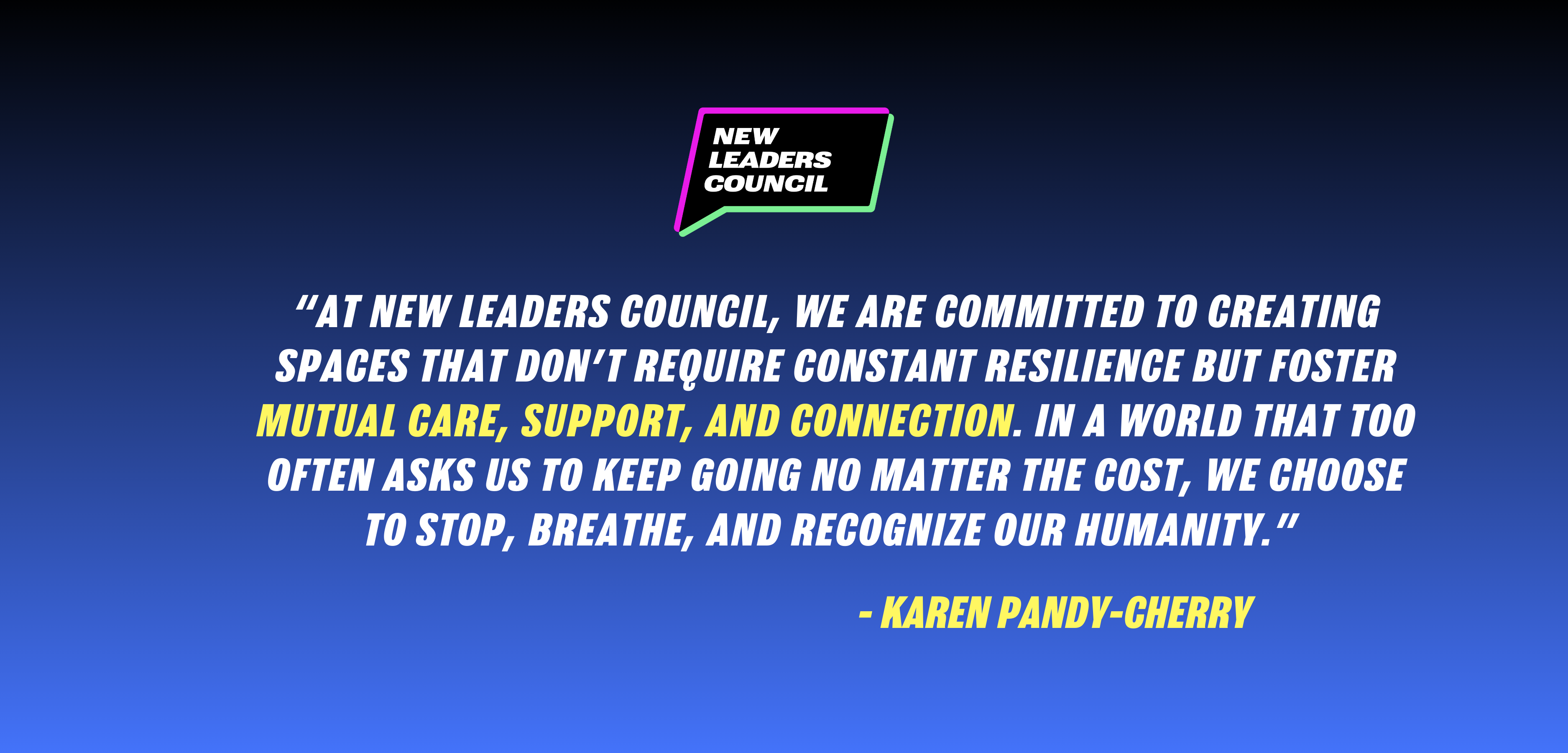
November 6, 2024
We’re not going to ask you to be resilient. Not today. Too often, resilience is an expectation placed upon us without any acknowledgment of the burdens we carry. Today, we hold a moment of space for the weariness that comes from constantly pushing forward, the exhaustion from striving to navigate a world that does not fully support or acknowledge our existence. This isn’t a call for resilience; it’s an invitation to recognize the steadfast strength you have continued to show and to allow yourself the grace to process and navigate at your own pace.
Whether you’re someone who’s ready to move forward at full speed, or someone who needs a moment to pause and catch your breath, we’re here—to be alongside you, to share the load when it’s too much, and to uplift each other. Election results give us a clearer pathway of the possibilities ahead and what we must continue to fight for.
We learn from our New Leaders Council alumni every day.
Whether that is Marta Hanson (NLC San Francisco), National Programs Manager of Power The Polls, who ensured that polling locations were fully staffed to safeguard everyone’s right to vote. Or Vincent Evans (NLC Tallahassee), Executive Director of the Congressional Black Caucus, who works to build a more inclusive environment in halls of power or those of you who ran for office and left everything on the field. While it’s bittersweet to experience some losses, along with some wins and even some of you head into runoffs for your own elections, you all have sparked inspiration for changemakers across the country and you inspire me to wake up every morning and keep fighting for what I love – all of you.
At NLC, we are committed to creating spaces that don’t require constant resilience but foster mutual care, support, and connection. In a world that too often asks us to keep going no matter the cost, we choose to stop, breathe, and recognize our humanity.
Whether you need support, camaraderie, or just a reminder that others recognize and value your experiences, NLC is here. Where we channel our strength, amplify your voices, and build on the commitment to creating a more just and inclusive future. Each step forward, every action taken, brings us closer to the vision we share.
Together, we’ll keep pushing boundaries, breaking down barriers, and working for a world where everyone has the opportunity to thrive. Here, you are part of a network that celebrates who you are and is beside you, whether or not you feel resilient today.
Karen Pandy-Cherry
Acting President & CEO of New Leaders Council
View this message on our social media page by clicking here.
More Blog Posts from NLC
Generations of Leadership: Karen, Kytana & Kyrsten Giving Back Together
At New Leaders Council, we know that leadership often runs deep through families, and this Women’s History Month, we’re celebrating…
Black History, Black Future: Jamarr Brown
Jamarr Brown’s (NLC Atlanta 2011) leadership journey is a testament to the transformative power of advocacy and community mobilization. From…
Black History, Black Future: Kamilia Landrum
Black leadership is about legacy, resilience, and the ability to create lasting change. Few embody this as powerfully as Kamilia…
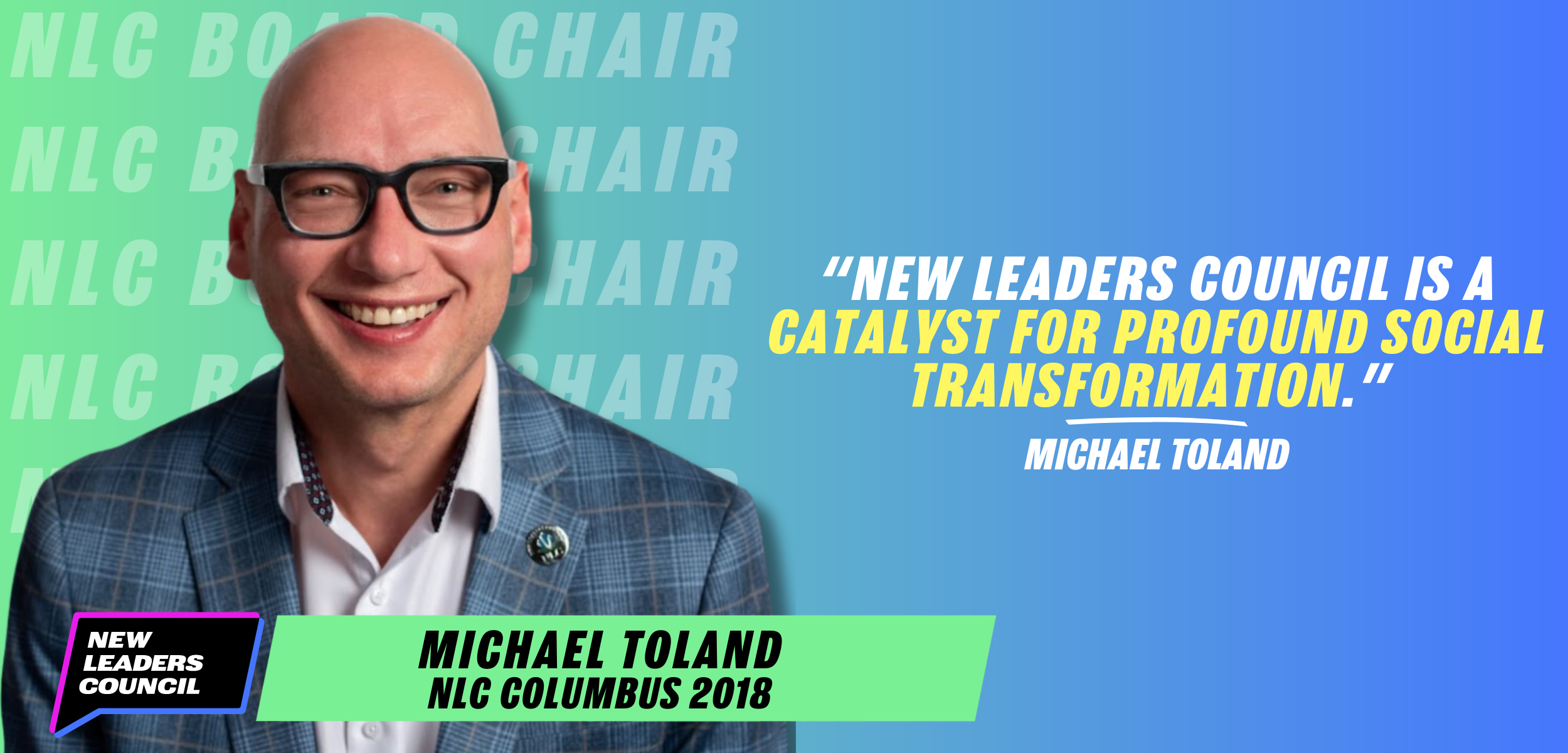
September 21, 2024
My journey with New Leaders Council began in 2017 when I attended the inaugural fundraiser of our founding board. Inspired by the organization’s mission, I applied and was accepted into the first Columbus cohort in 2018. This experience was transformative, clarifying my values and goals while connecting me with exceptional fellow leaders who became close friends and allies in our shared vision for our community.
Post-fellowship, I embraced various leadership roles within NLC:
- – Columbus Institute Co-Chair (2019-2020): Guided Columbus fellows through their NLC experience, including the challenging transition during the COVID-19 pandemic.
- – Operations Director for Columbus Chapter (2020-2022): Developed a robust board structure, strengthening our local capacity.
- – Strategic Planning Advisory Council Member: Contributed to shaping NLC’s long-term vision.
- – National Programs Committee (NPC): Served as Institute Co-Chair to help local chapters carry out our mission and later as Vice-Chair of the NPC.
- – Board of Directors: Joined as Treasurer in 2022.
Now, I am deeply humbled and honored to step into the role of interim Board Chair, with the exceptional Rhianon DeLeeuw as interim Vice-Chair. My primary goal in this position is to ensure NLC’s continued success by providing our chapters and programs with the essential resources, structures, and support to train another 13,000 alumni.
New Leaders Council is a catalyst for profound social transformation. We are dedicated to training a new generation of leaders who will change the world. By connecting these visionaries and nurturing our grassroots movement, we strive to create a society rooted in our core values:
- Equity
- Anti-Oppression
- Accountability
- Continuous Growth
- Transparency
- Progress
- Trust
- Community
The work of our fellows resonates daily in communities across the nation, advancing our shared values and vision for a brighter future. Together, we will continue to build a powerful network of leaders committed to positive change and social progress.
We hope you will consider joining the NLC National Board as we work to expand the impact our NLC Network has in communities across the network. You can submit yourself or a suggestion (within and outside the NLC Network) here.
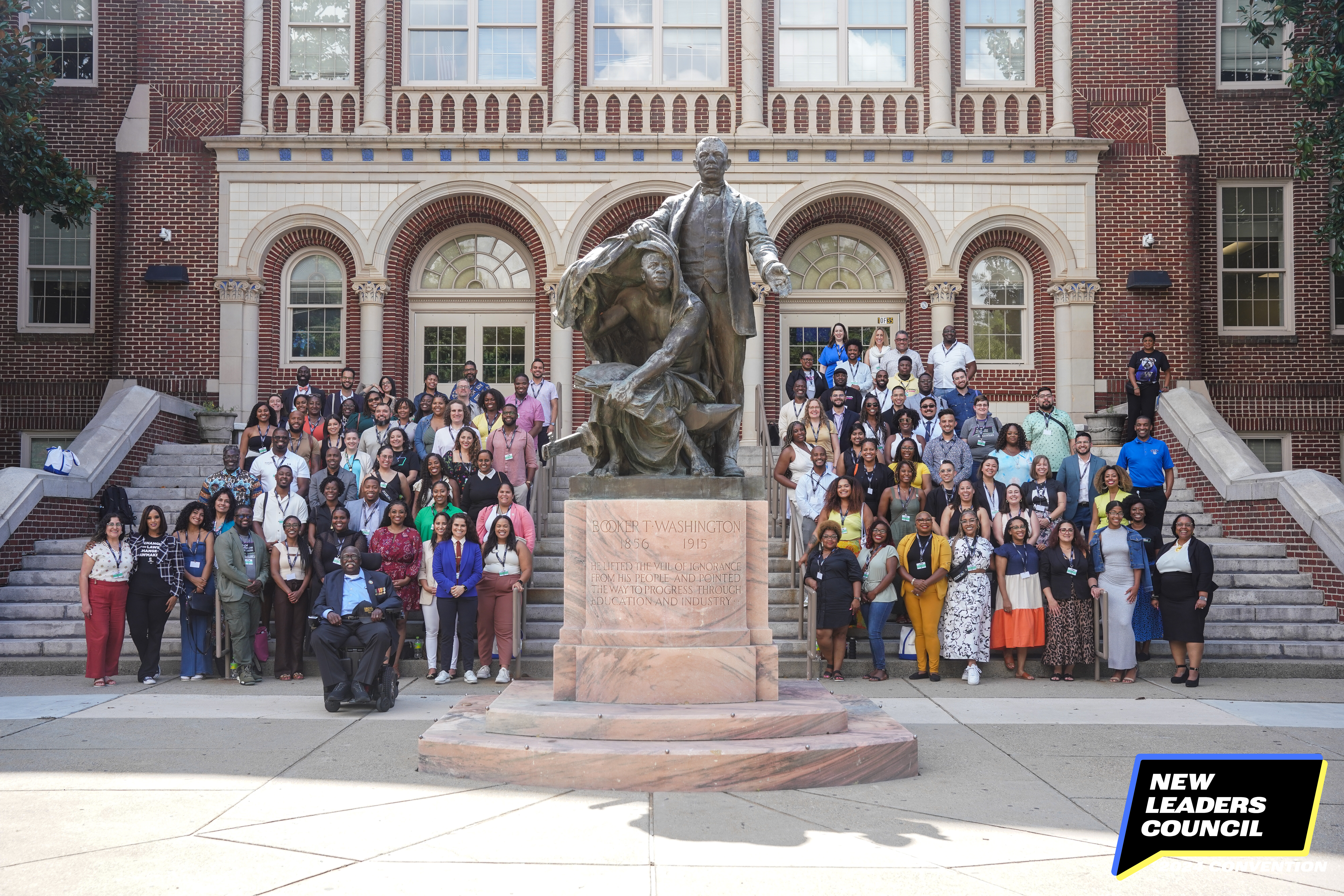
More Blog Posts from NLC
Generations of Leadership: Karen, Kytana & Kyrsten Giving Back Together
At New Leaders Council, we know that leadership often runs deep through families, and this Women’s History Month, we’re celebrating…
Black History, Black Future: Jamarr Brown
Jamarr Brown’s (NLC Atlanta 2011) leadership journey is a testament to the transformative power of advocacy and community mobilization. From…
Black History, Black Future: Kamilia Landrum
Black leadership is about legacy, resilience, and the ability to create lasting change. Few embody this as powerfully as Kamilia…


